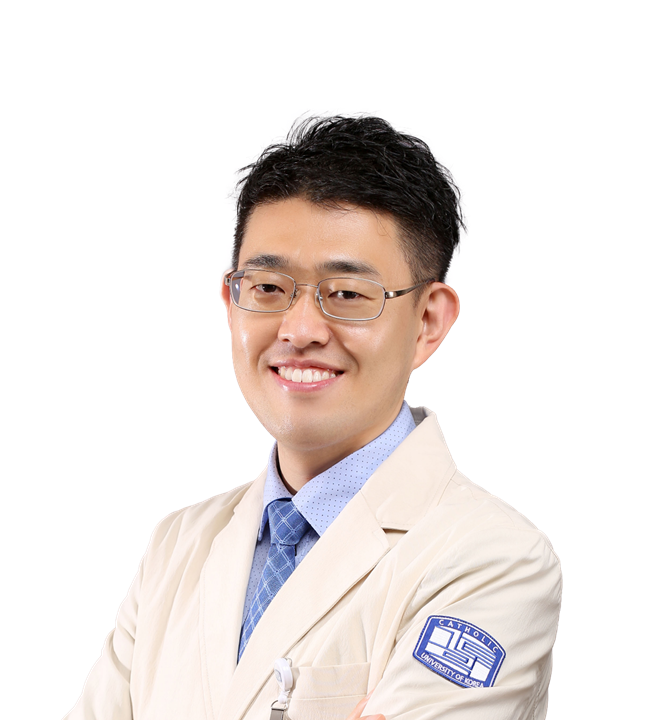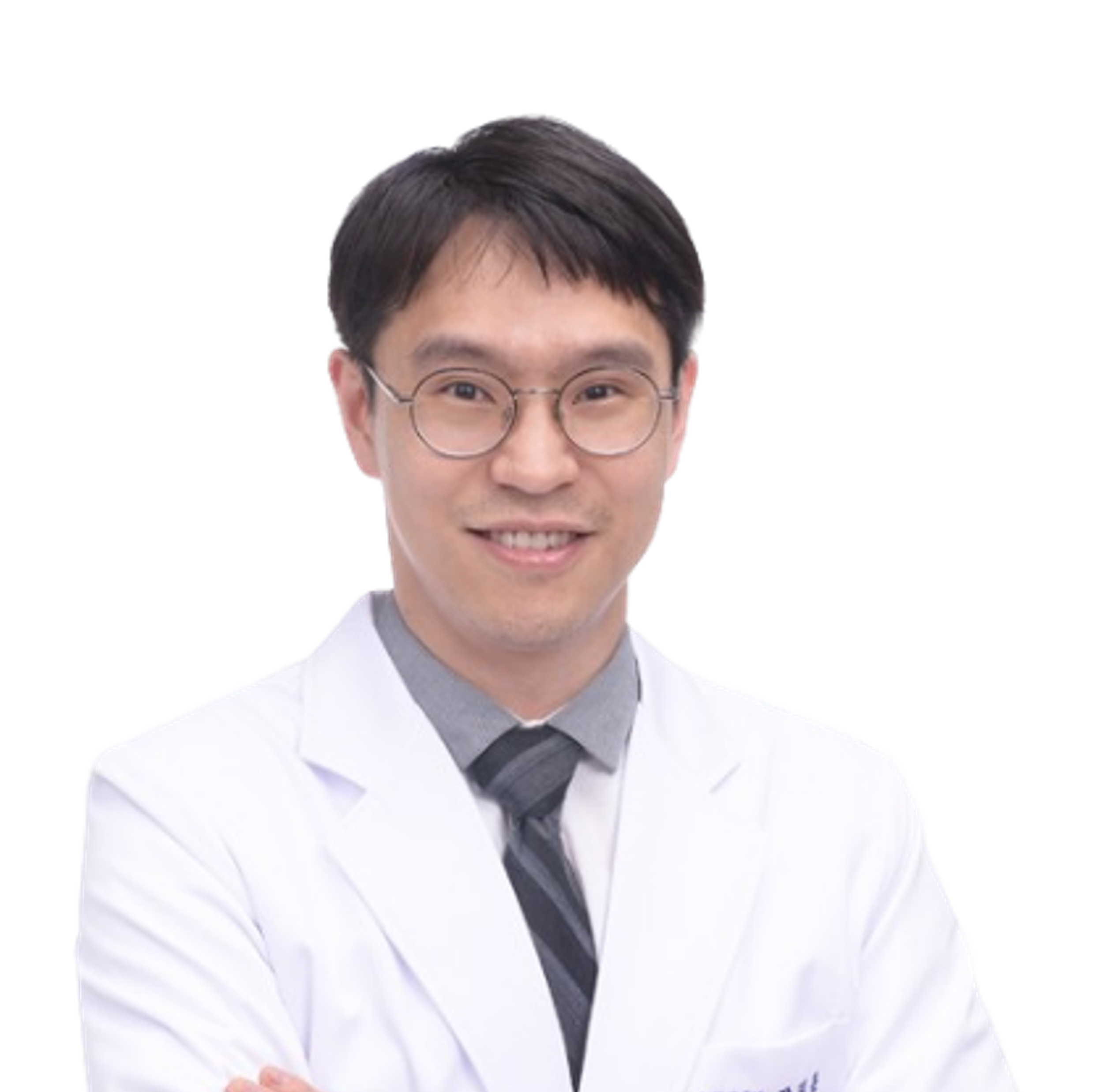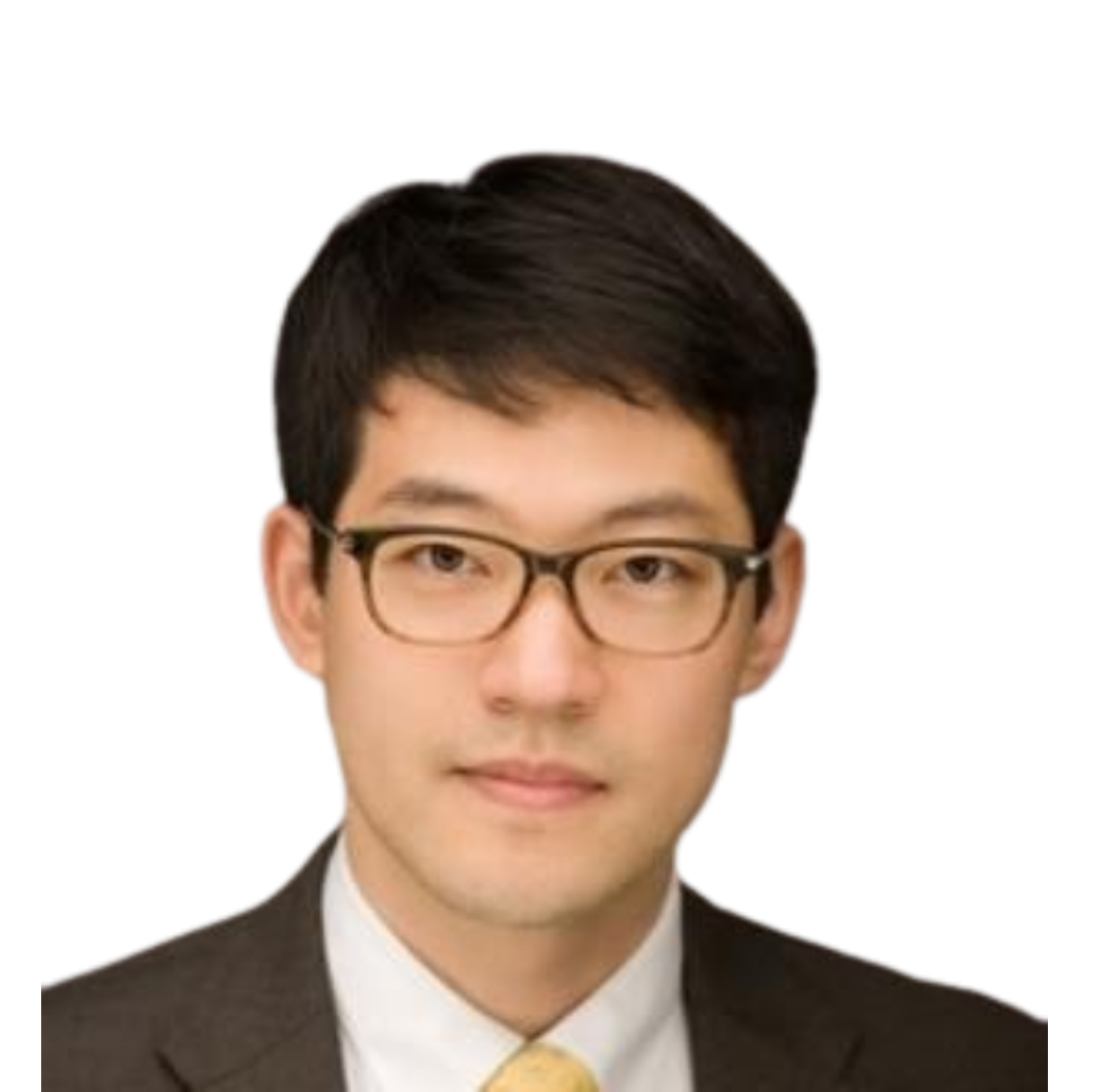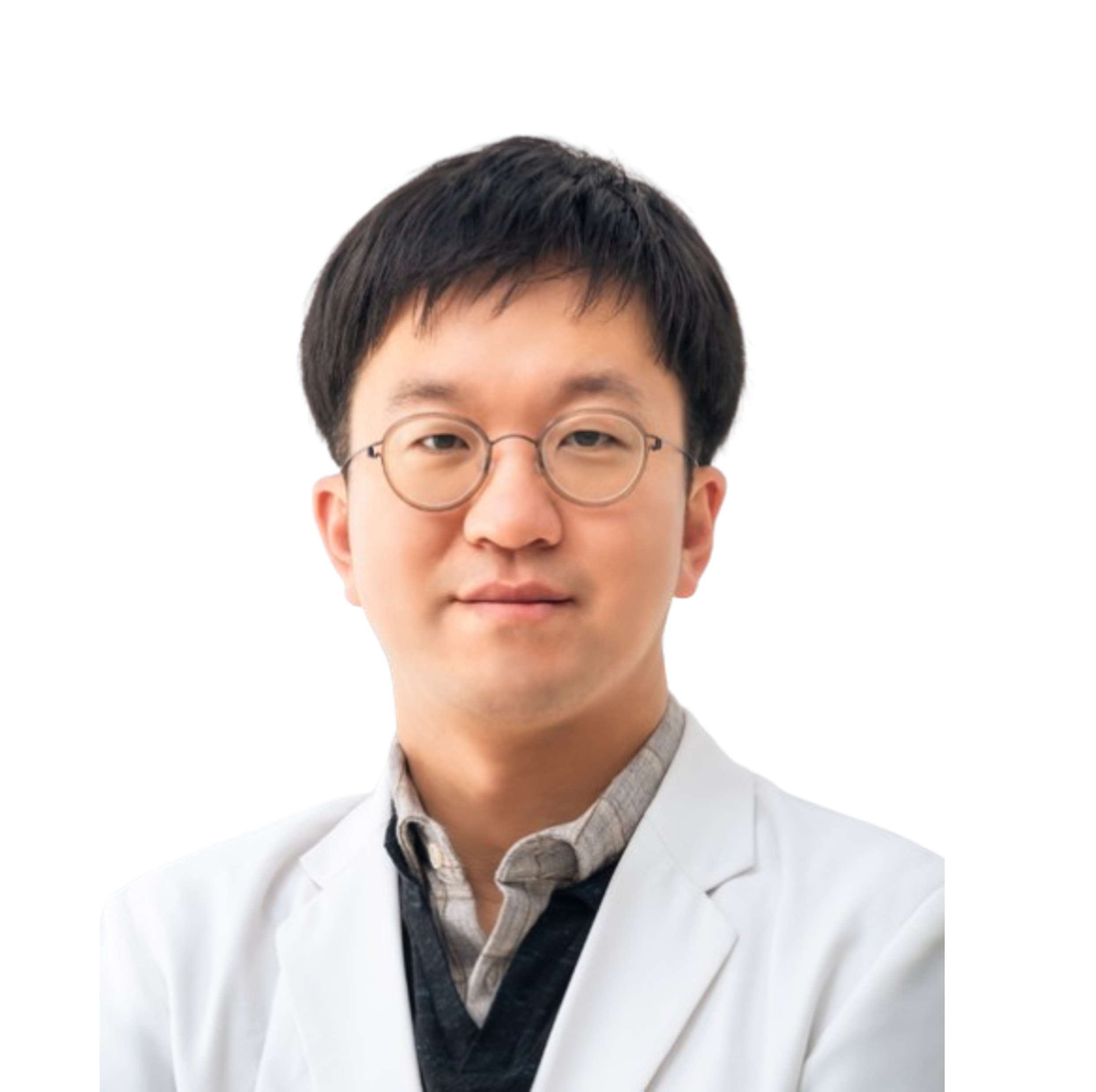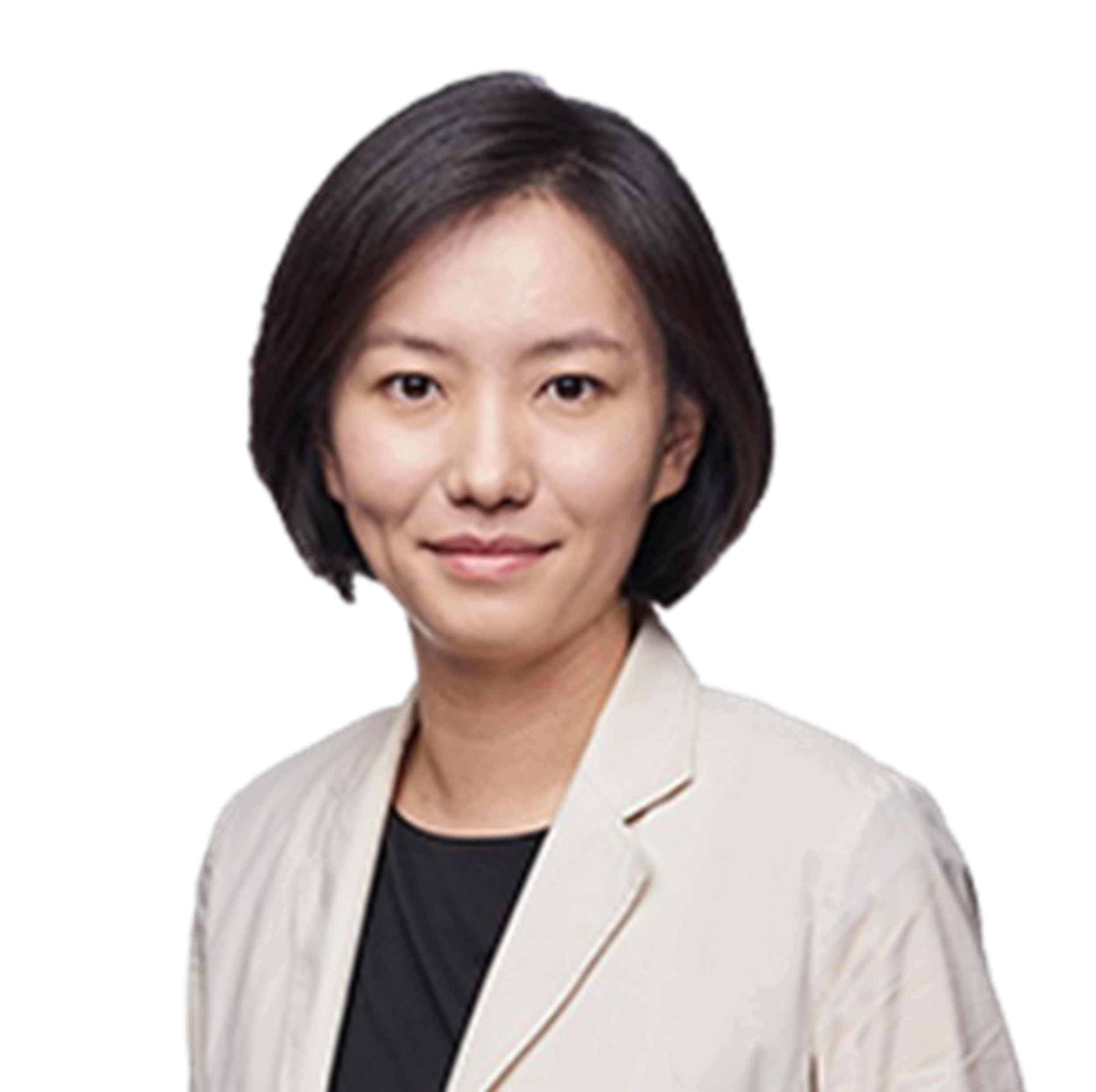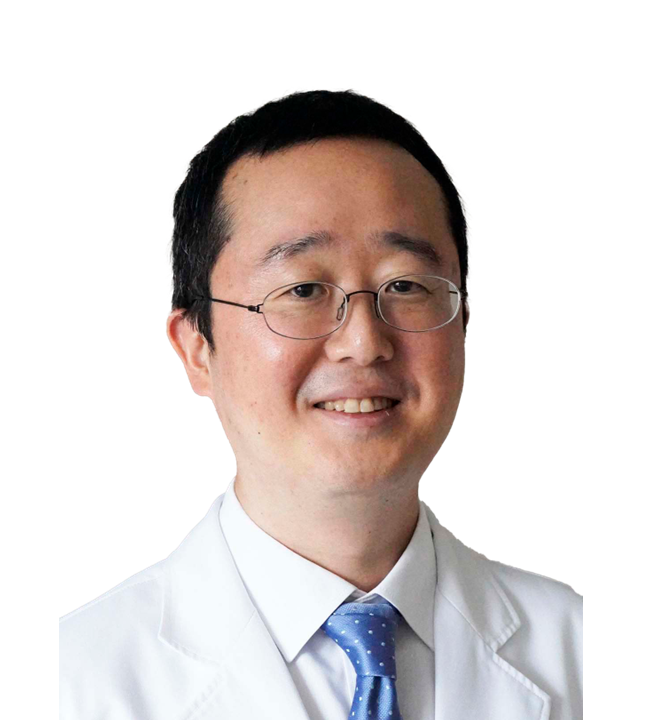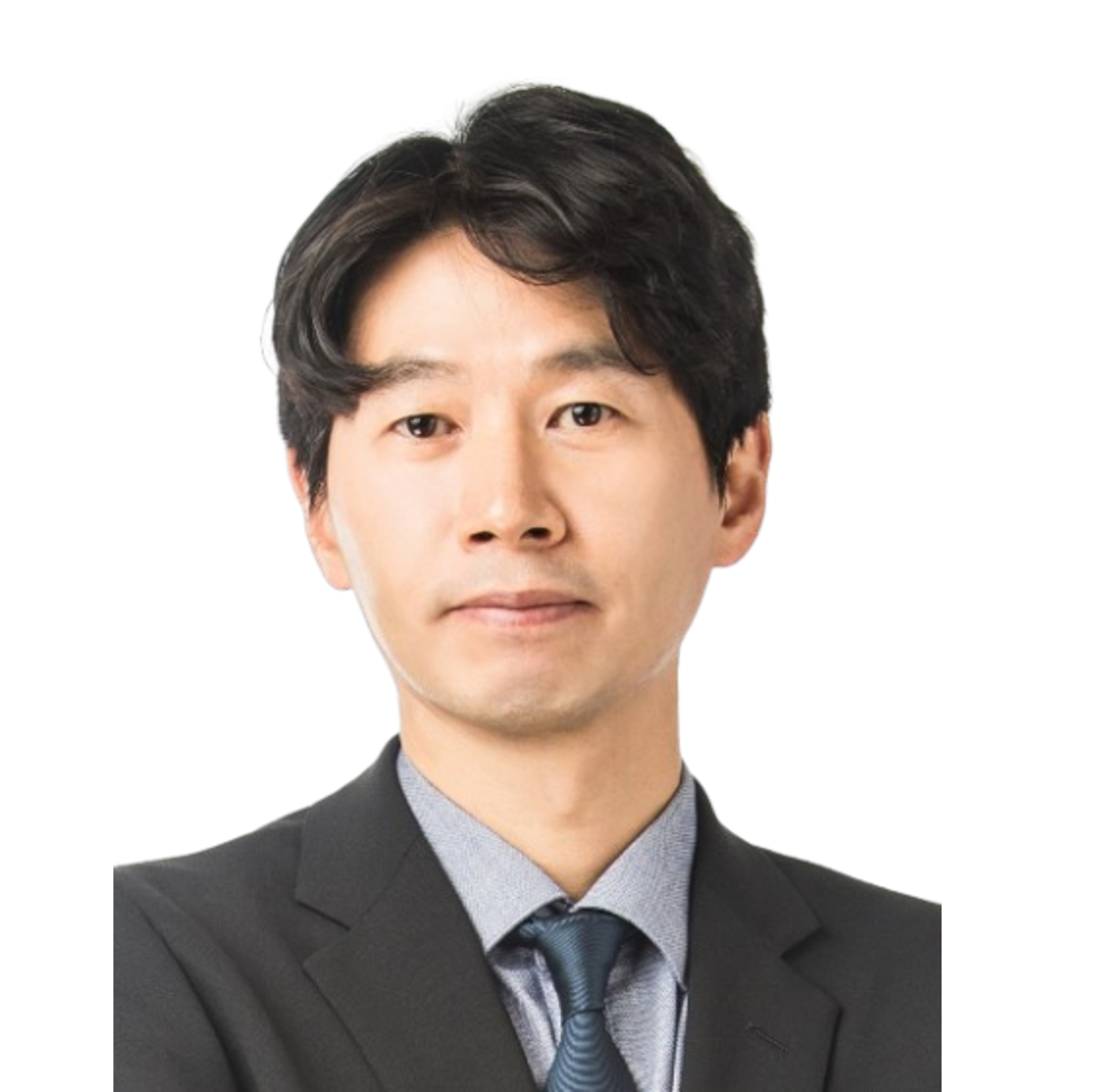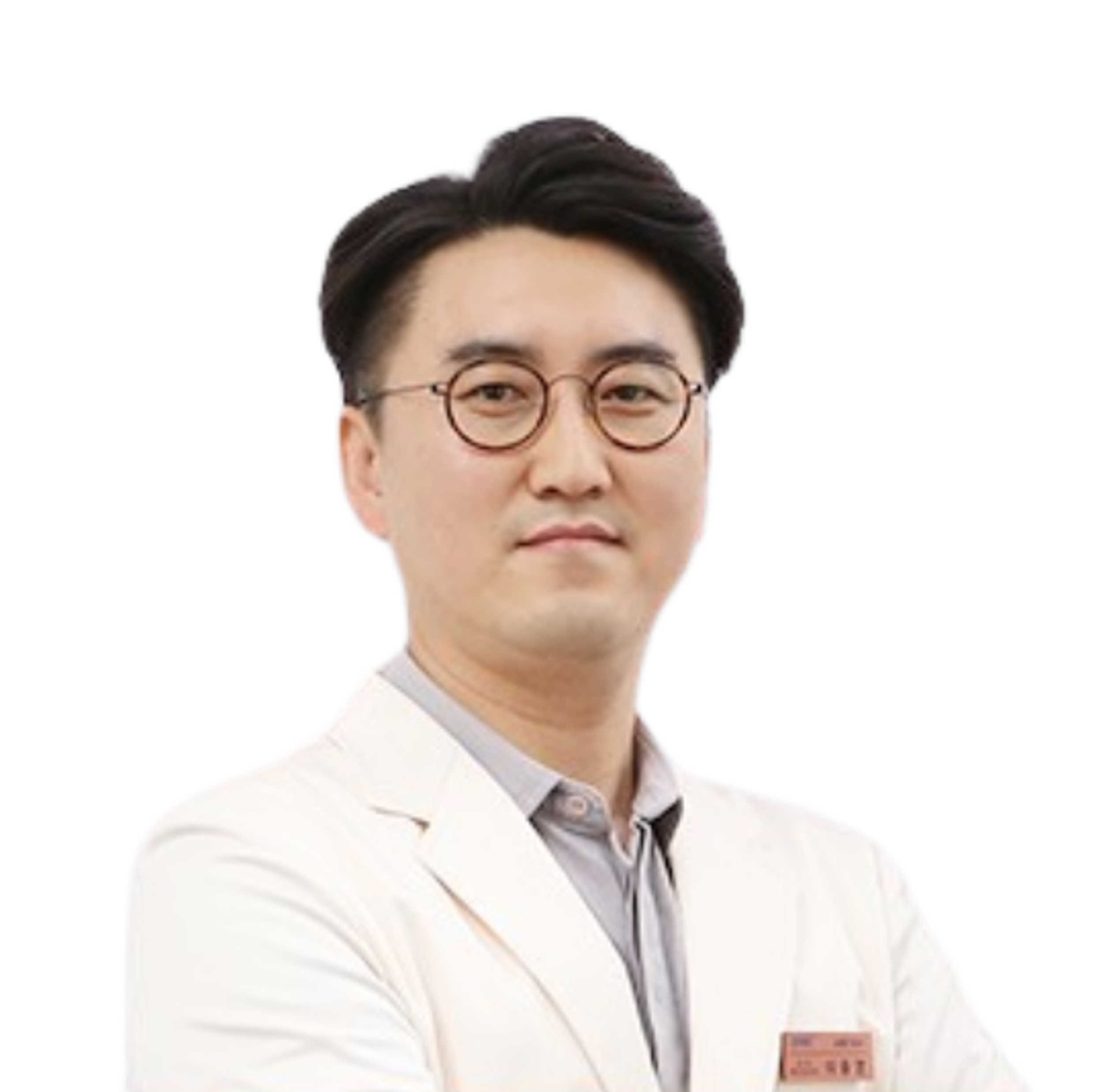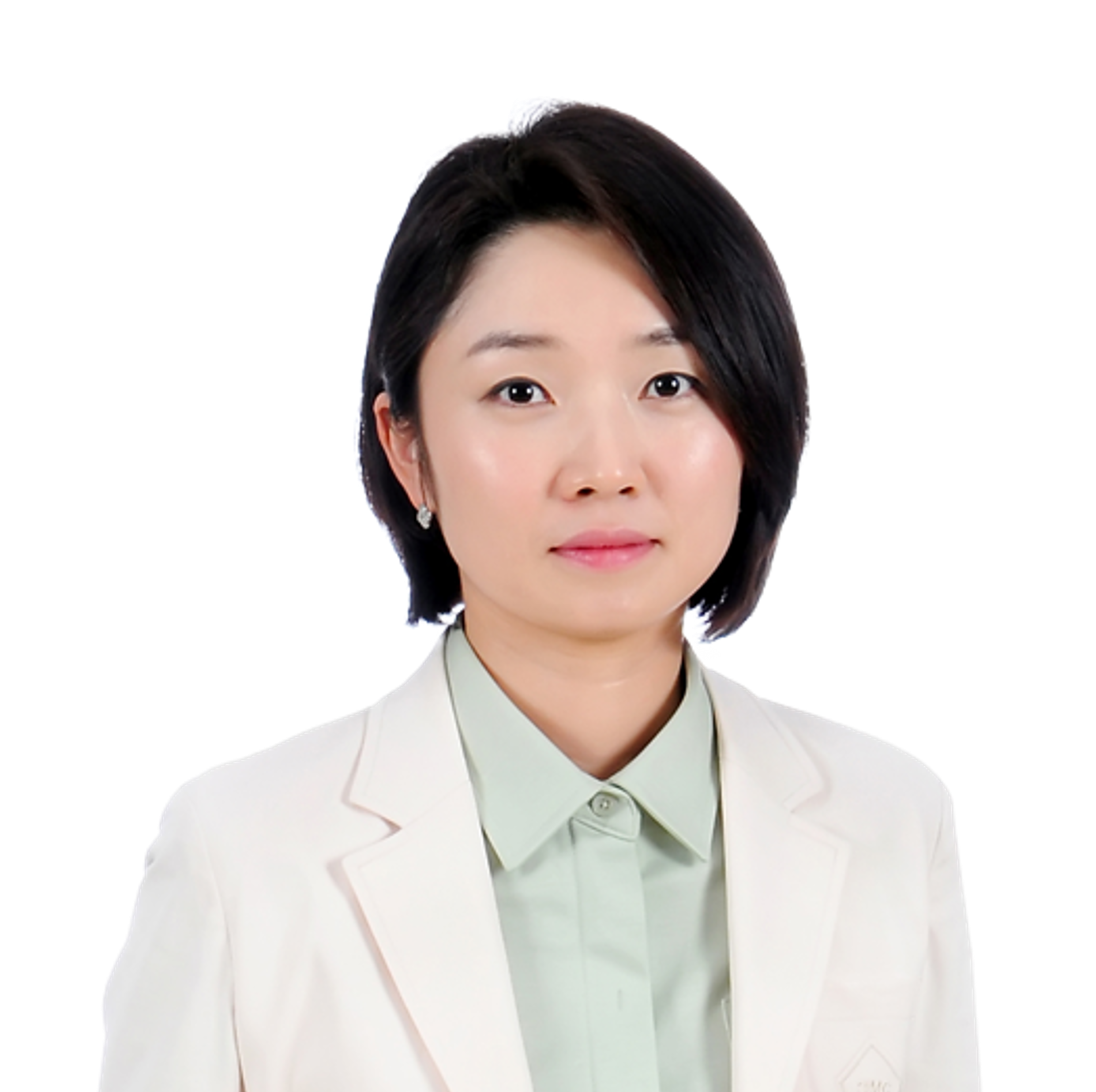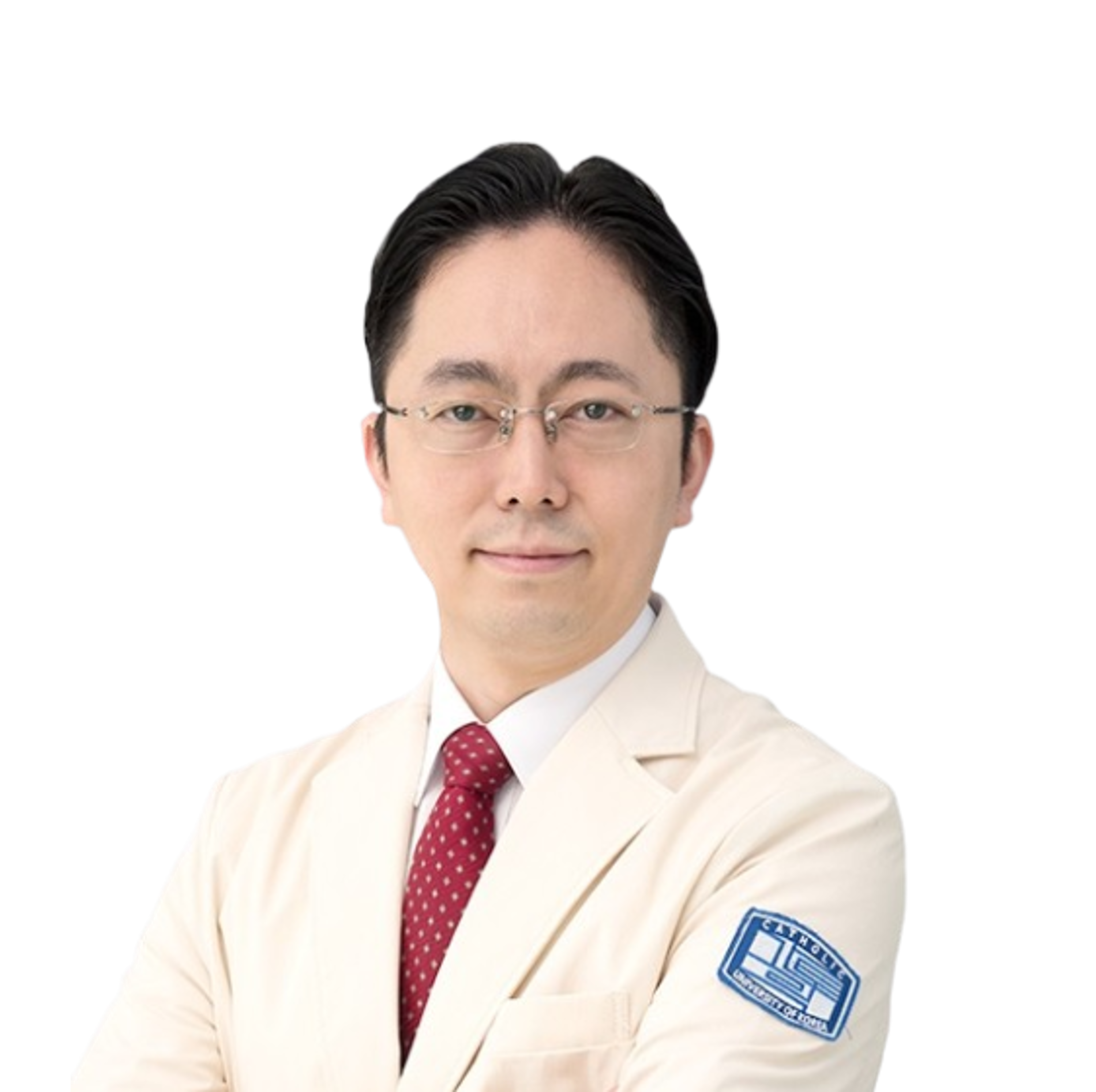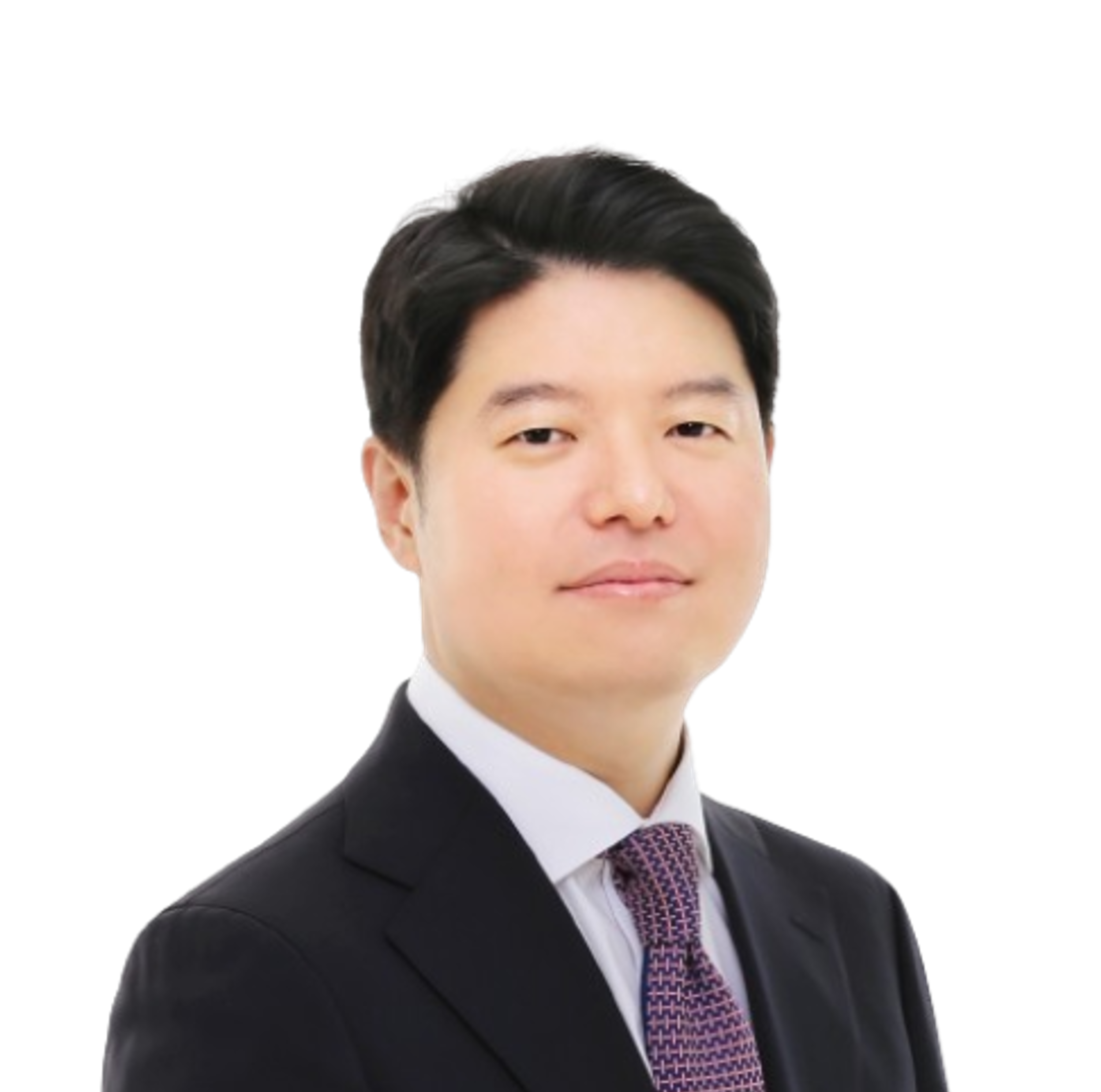Chairperson(s) : Sang-Hyun Kim (Seoul National University, Republic of Korea), Byung Jin Kim (Sungkyunkwan University, Republic of Korea)
Panel(s) : Sangwoo Park (University of Ulsan, Republic of Korea) Minjae Yoon (Seoul National University, Republic of Korea), Ki-Hyun Jeon (Seoul National University, Republic of Korea), Jung Hyun Choi (Pusan National University, Republic of Korea)
-
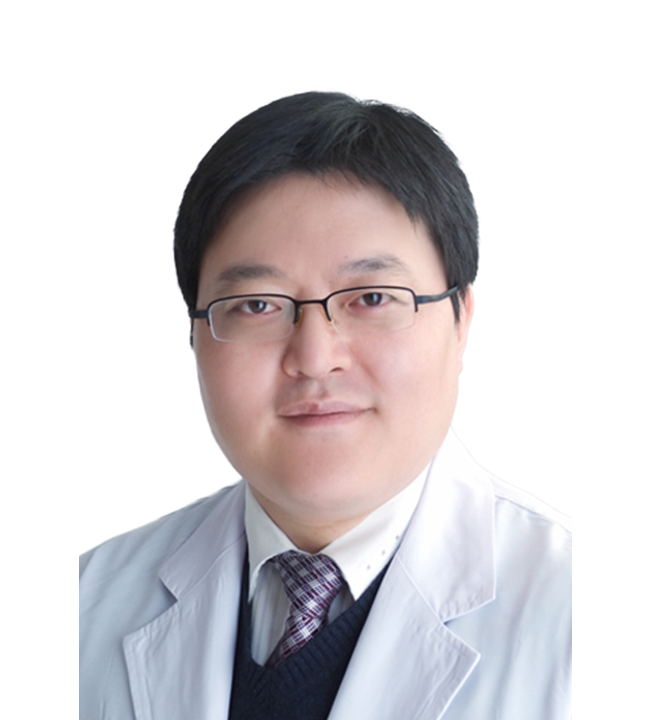
Lipoprotein(a) metabolism: unlocking its secrets
Jang Hoon Lee Kyungpook National University, Republic of Korea 13:00~13:15 -
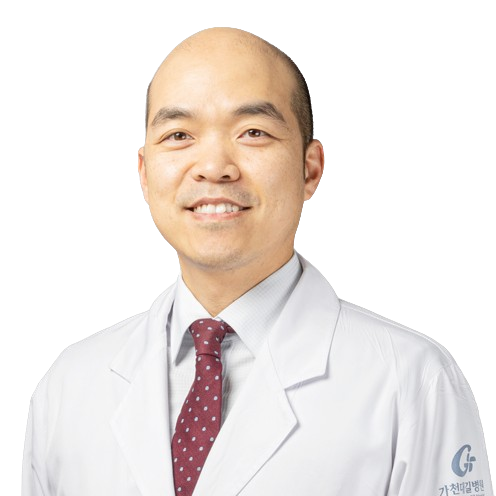
Unveiling the dark side: LP(a)-associated OxPLs and their role in fueling atherosclerosis
Youngwoo Jang Gachon University, Republic of Korea 13:15~13:30 -
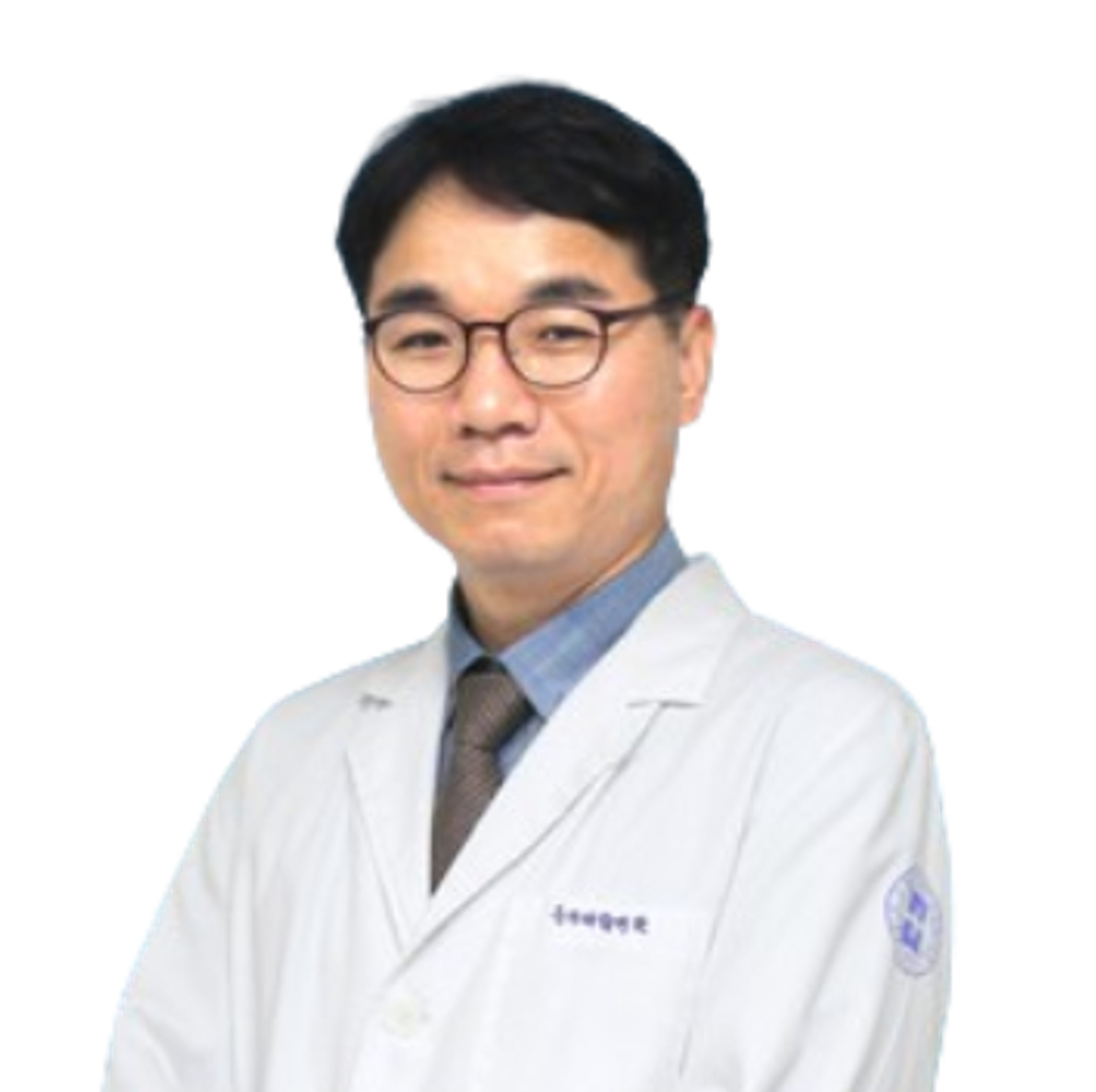
Beyond genetics: unraveling the multifaceted influences shaping LP(a) concentrations
Sang Min Park Eulji University, Republic of Korea 13:30~13:45 -
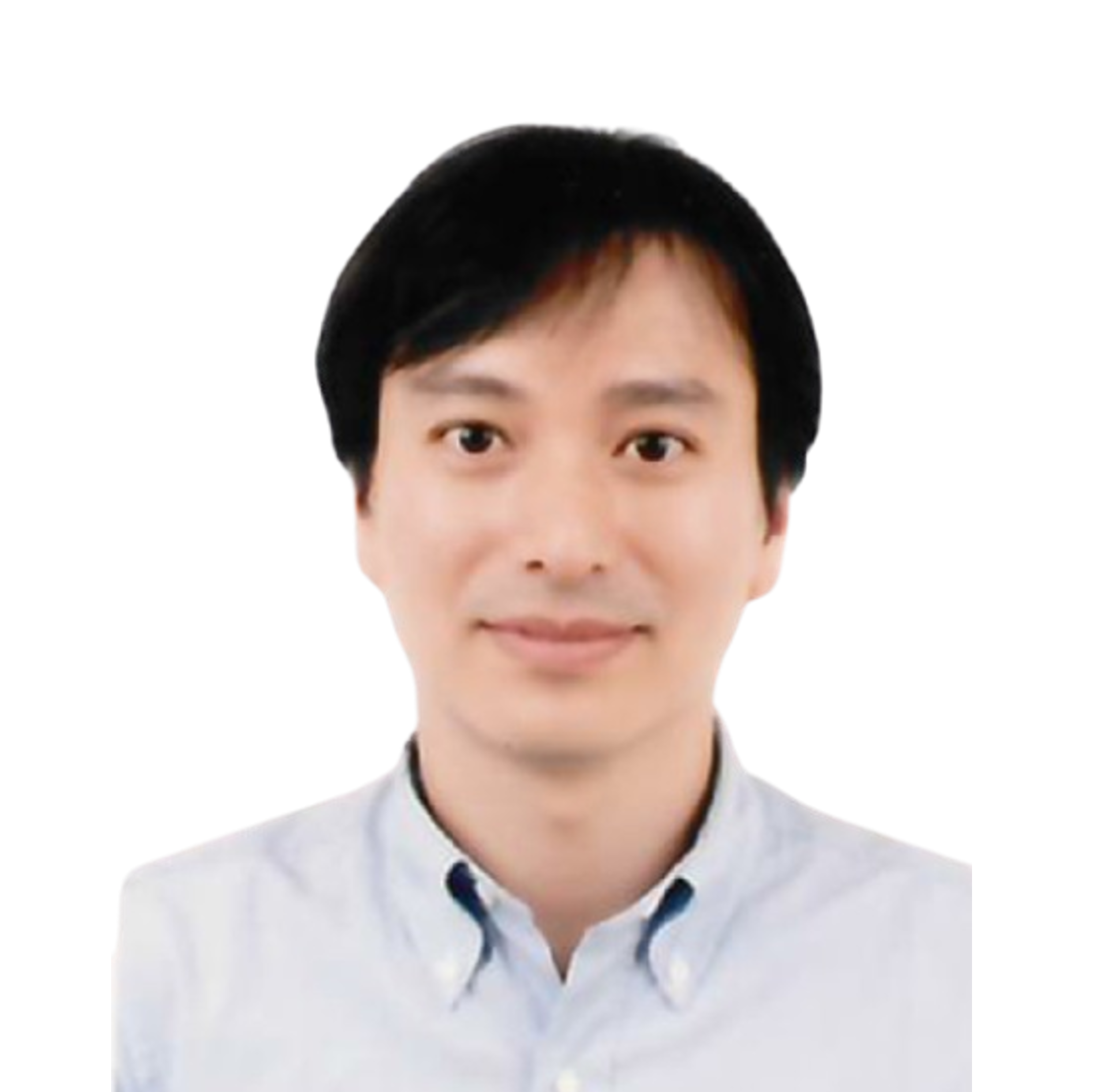
Navigating the LP(a) labyrinth: illuminating measurement challenges and methodological odyssey
Sang-Guk Lee Yonsei University, Republic of Korea 13:45~14:00 - Panel Discussion 14:00~14:30
Chairperson(s) : Sungha Park (Yonsei University, Republic of Korea), Seung-Hwan Lee (The Catholic University of Korea, Republic of Korea)
Panel(s) : Eun Young Lee (The Catholic University of Korea, Republic of Korea), Ji-Yong Jang (National Health Insurance Service Ilsan Hospital, Republic of Korea), Jun Hwa Hong (Eulji University, Republic of Korea)
-
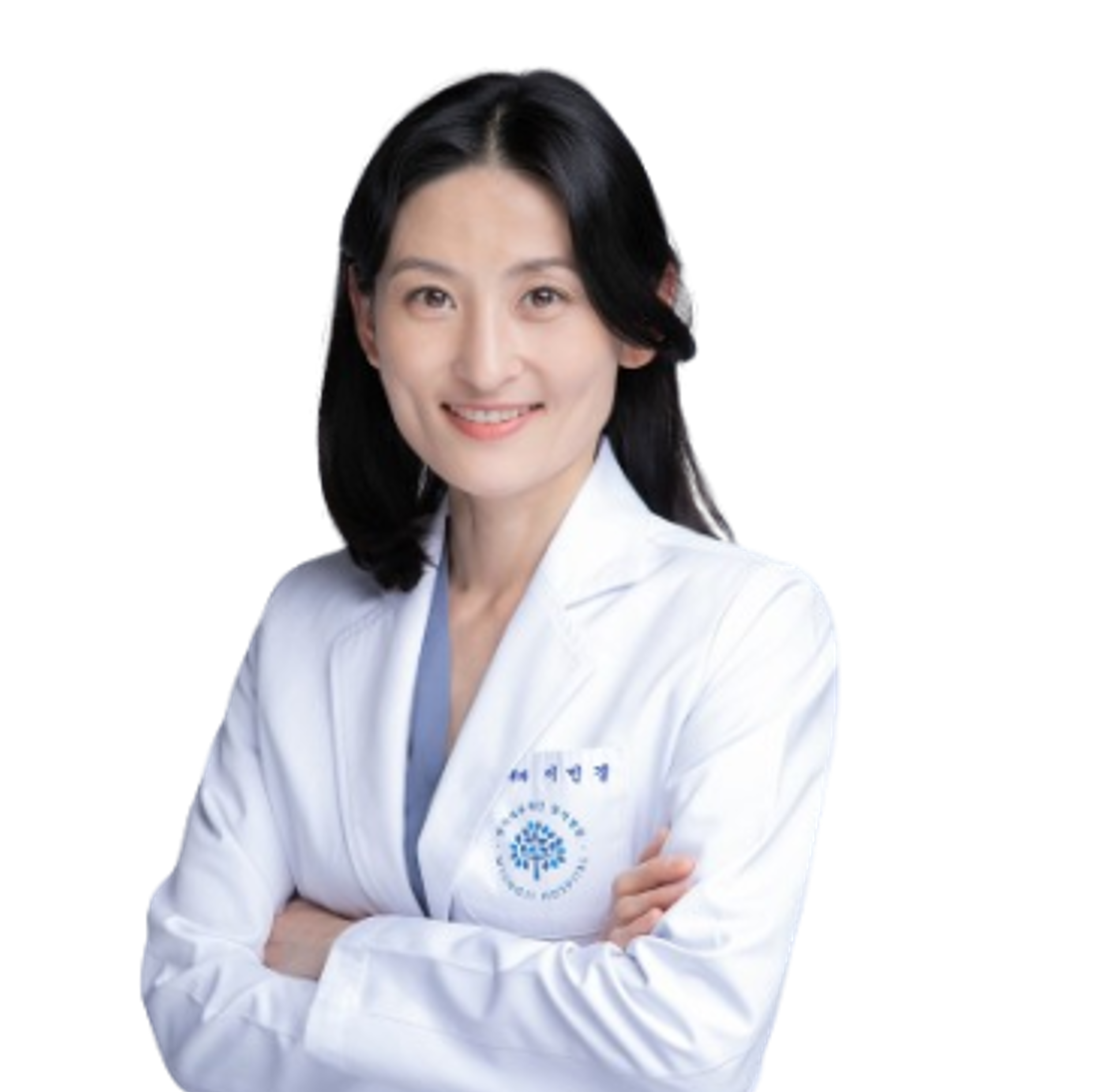
Association of triglyceride-to-HDL cholesterol ratio with type 2 diabetes in young adults: a longitudinal study from South Korea
Min-Kyung Lee Hanyang University, Republic of Korea 13:00~13:20 -

Incidence, predictor, and long-term clinical outcomes of intolerance of high-intensity statin in Korean patients with atherosclerotic cardiovascular disease: data from 2 randomized clinical trials
Sung-Jin Hong Yonsei University, Republic of Korea 13:20~13:40 -
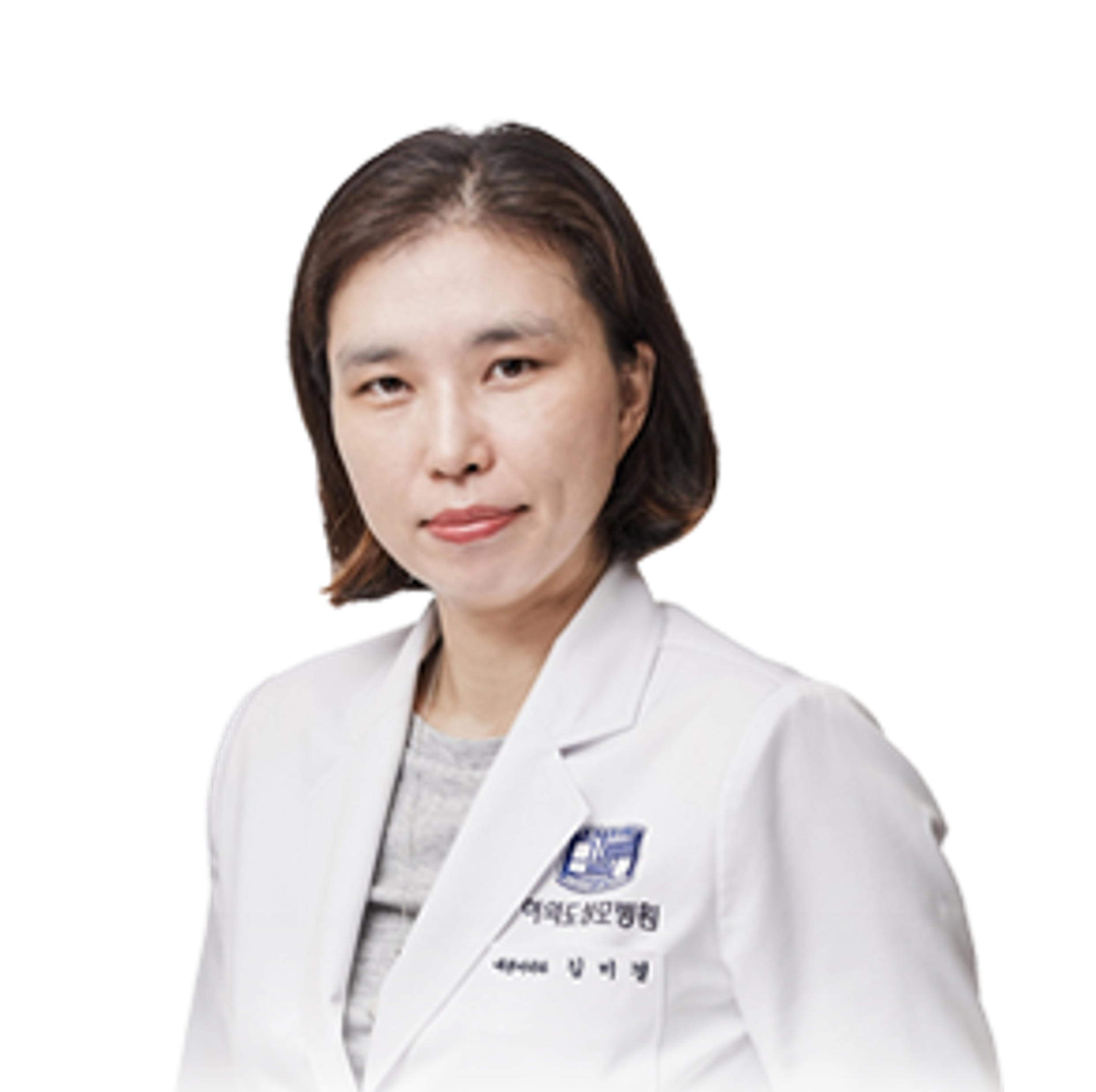
Optimal lipid levels according to the characteristics of diabetes mellitus
Mee Kyoung Kim The Catholic University of Korea, Republic of Korea 13:40~14:00 - Panel Discussion 14:00~14:30
Chairperson(s) : Minho Shong (KAIST, Republic of Korea), Jun Namkung (Yonsei University, Republic of Korea)
Panel(s) : KyeongJin Kim (Inha University, Republic of Korea), Hong-Yeoul Ryu (Kyungpook National University, Republic of Korea), Kae Won Cho (Soonchunhyang University, Republic of Korea)
-
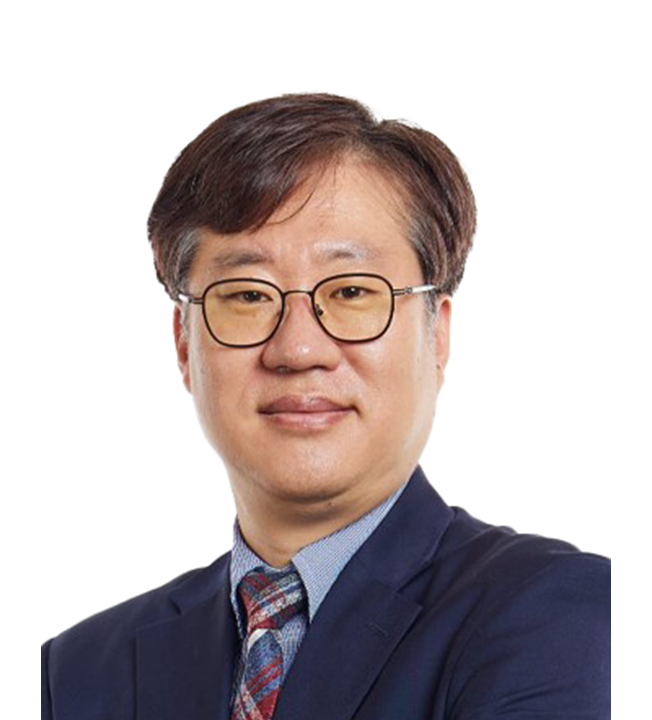
Regulatory mechanism by SREBP-1c in metabolic dysfunction-associated steatohepatitis
Seung-Soon Im Keimyung University, Republic of Korea 13:00~13:20 -
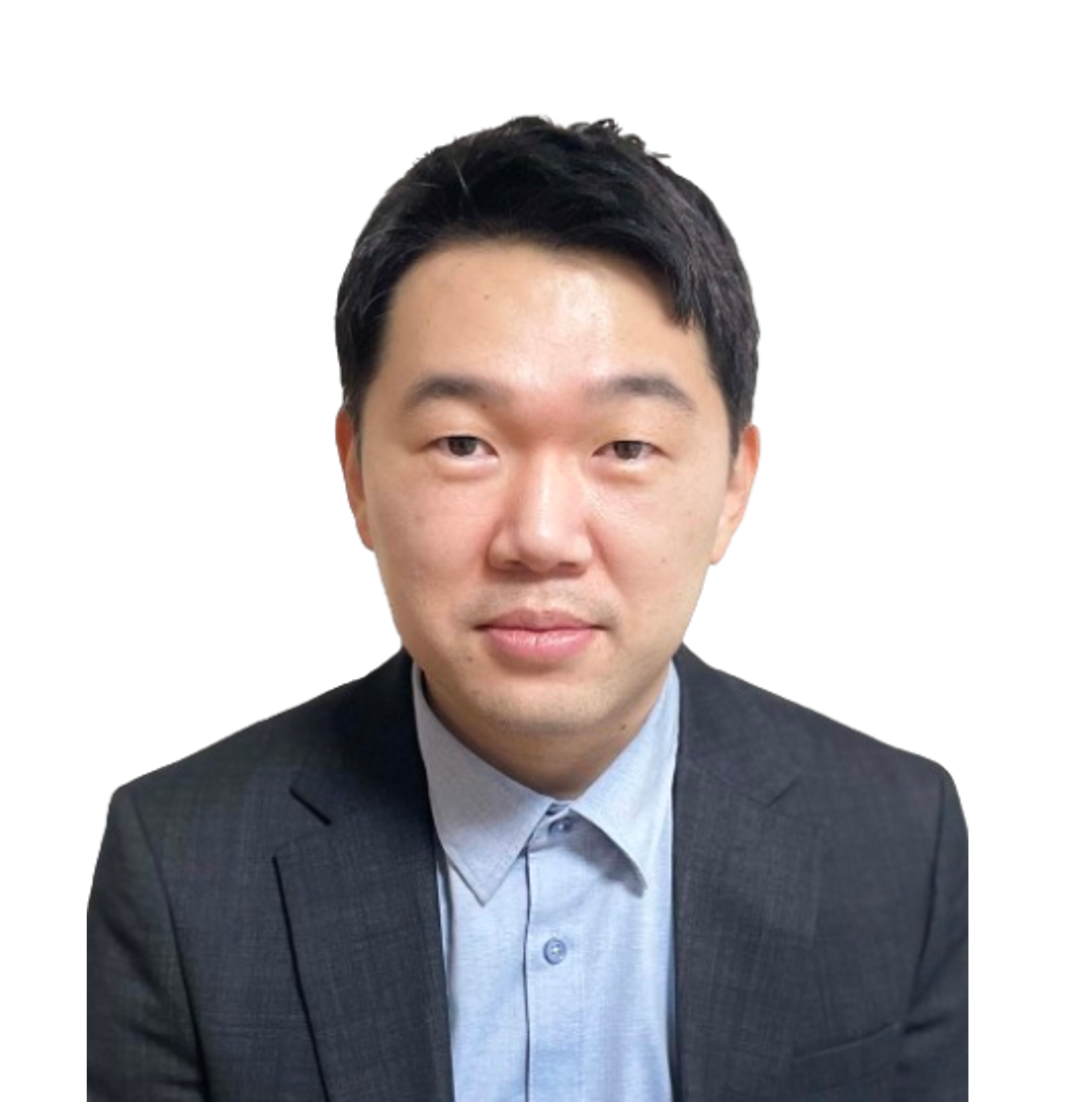
Long-term metabolic programming by perinatal hypothalamic-pituitary hormones
Jun Young Hong Yonsei University, Republic of Korea 13:20~13:40 -
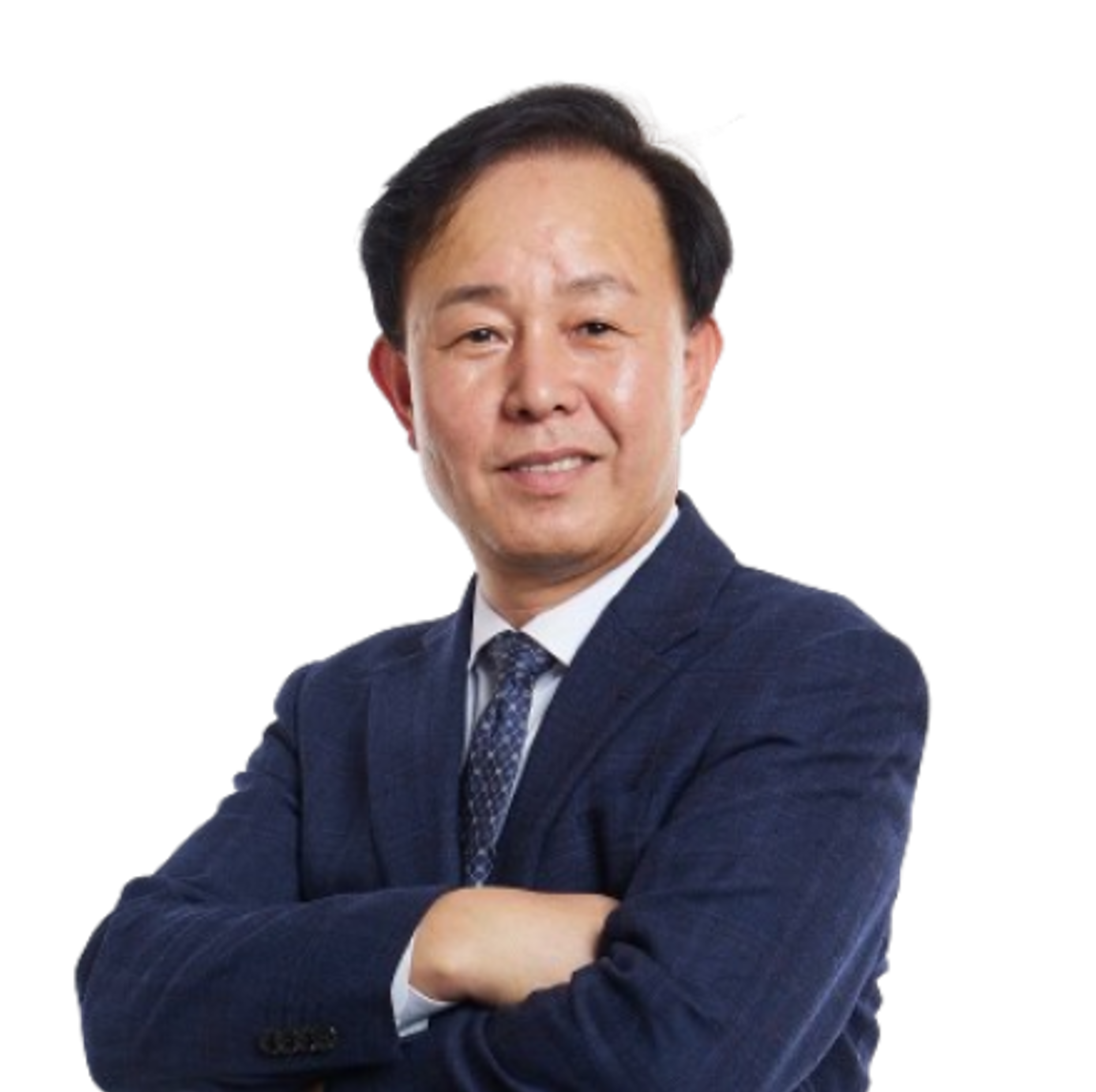
The novel roles of intracellular Ca2+ and Phosphoinositide coupling for metabolic signaling and diseases
Byung-Chul Oh Gachon University, Republic of Korea 13:40~14:00 - Panel Discussion 14:00~14:30
Chairperson(s) : Tien Hoang Anh (Hue University of Medicine and Pharmacy, Vietnam), Eun-Jung Rhee (Sungkyunkwan University, Republic of Korea)
Panel(s) : Kim Ngoc Thanh (Hanoi Medical University, Vietnam), Yun Kyung Cho (University Of Ulsan, Republic of Korea), Jun Hwan Cho (Chung-Ang University, Republic of Korea)
-
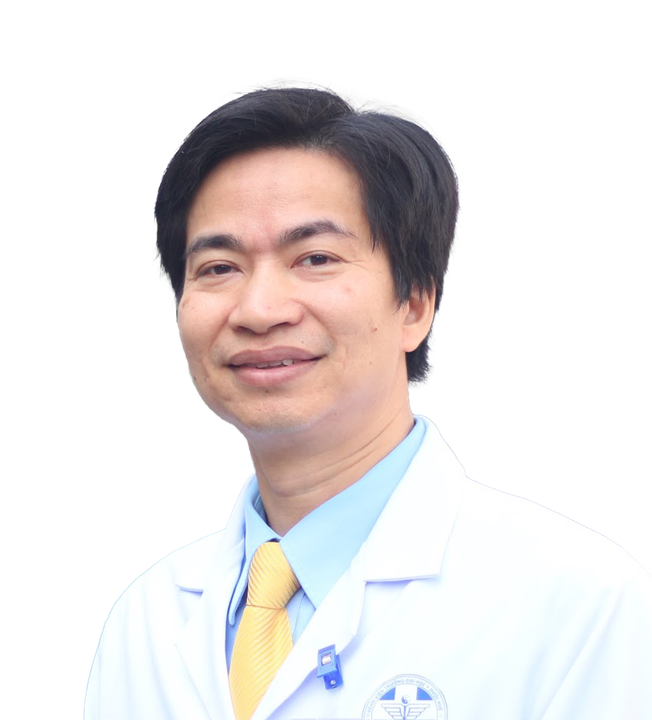
Highlights of the Vietnam Atherosclerosis Society guideline on lipid disorders
Tien Hoang Anh Hue University of Medicine and Pharmacy, Vietnam 13:00~13:20 -
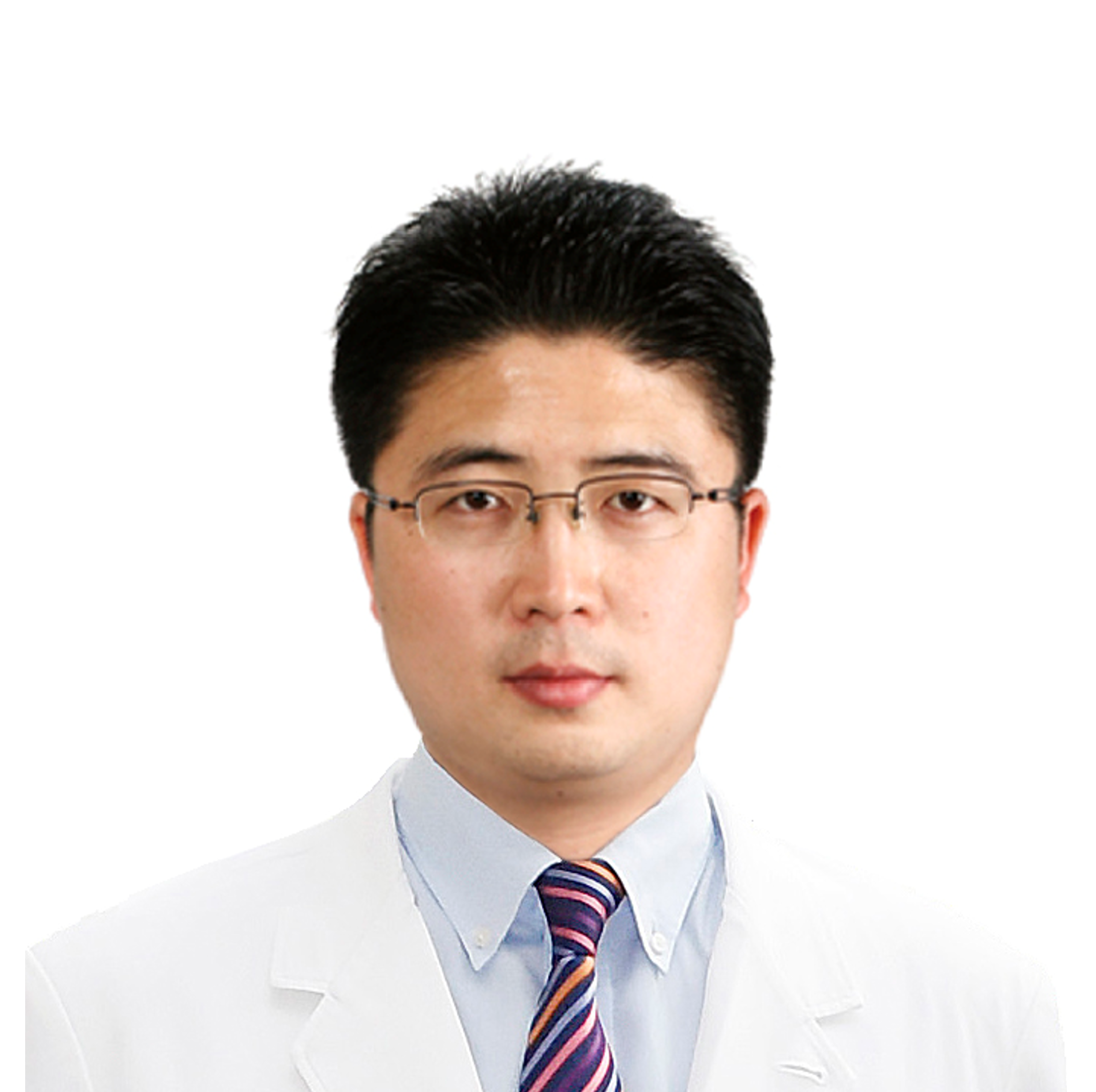
The target LDL-C levels in Korean dyslipidemia guidelines
Hack-Lyoung Kim Seoul National University, Republic of Korea 13:20~13:40 -
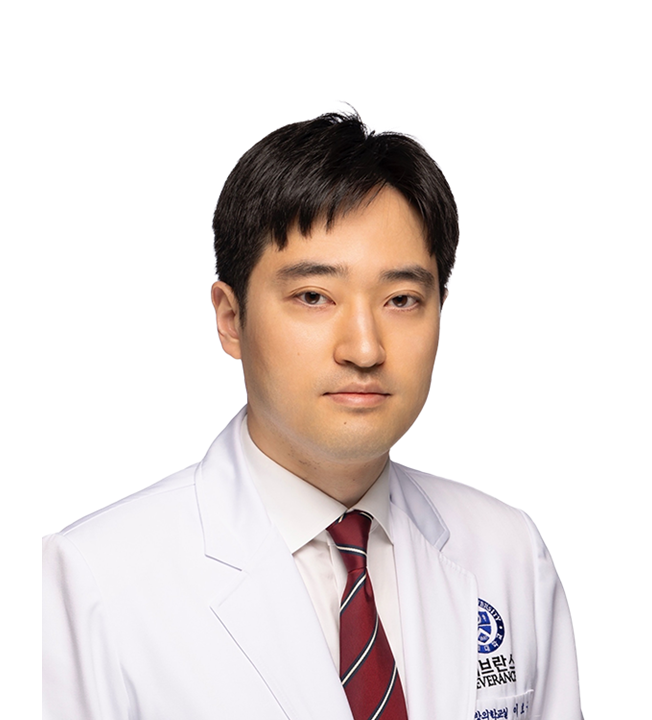
Cardiovascular disease risk prediction in the Korean population
Hokyou Lee Yonsei University, Republic of Korea 13:40~14:00 - Panel Discussion 14:00~14:30
Chairperson(s) : Won-Young Lee (Sungkyunkwan University, Republic of Korea), Hyun Kang (Chung-Ang University, Republic of Korea)
-
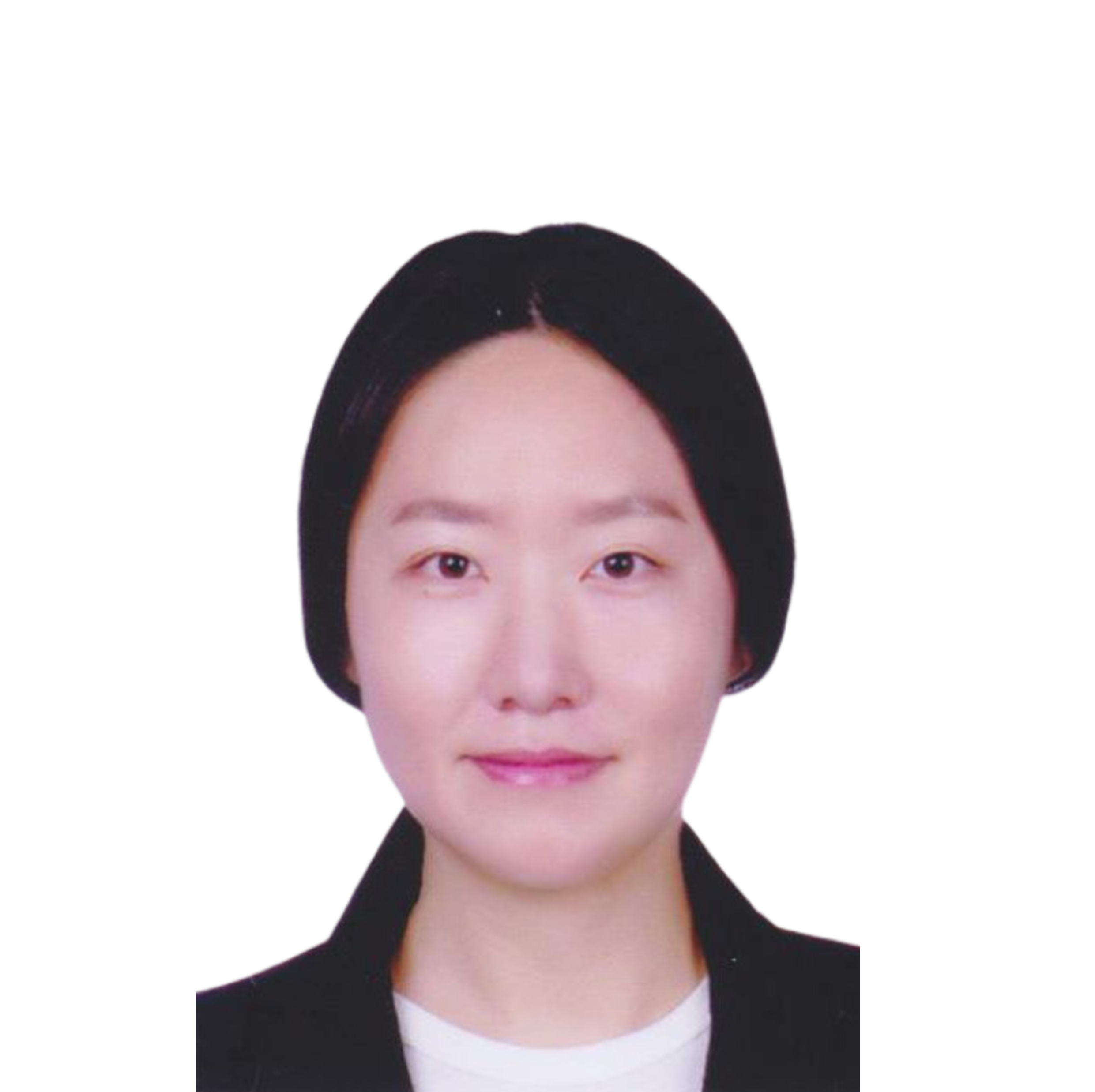
Autophagy enhancers regulate cholesterol-induced cytokine secretion and cytotoxicity in macrophages
So Yeong Cheon Konkuk University, Republic of Korea 13:00~13:15 -
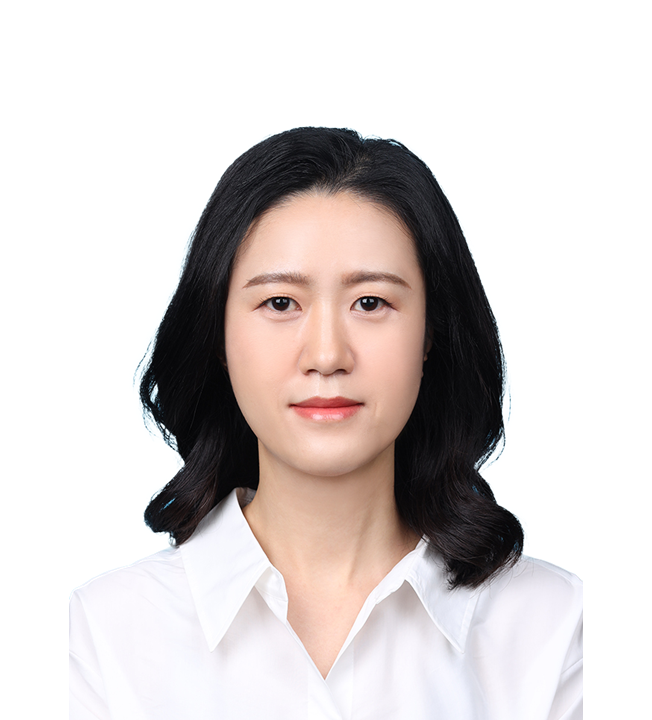
Lipid-lowering efficacy of combination therapy with moderate-intensity Statin and Ezetimibe versus high-intensity Statin monotherapy: A randomized, open-label, noninferiority trial from Korea
Hyejung Choi Hallym University, Republic of Korea 13:15~13:30 -
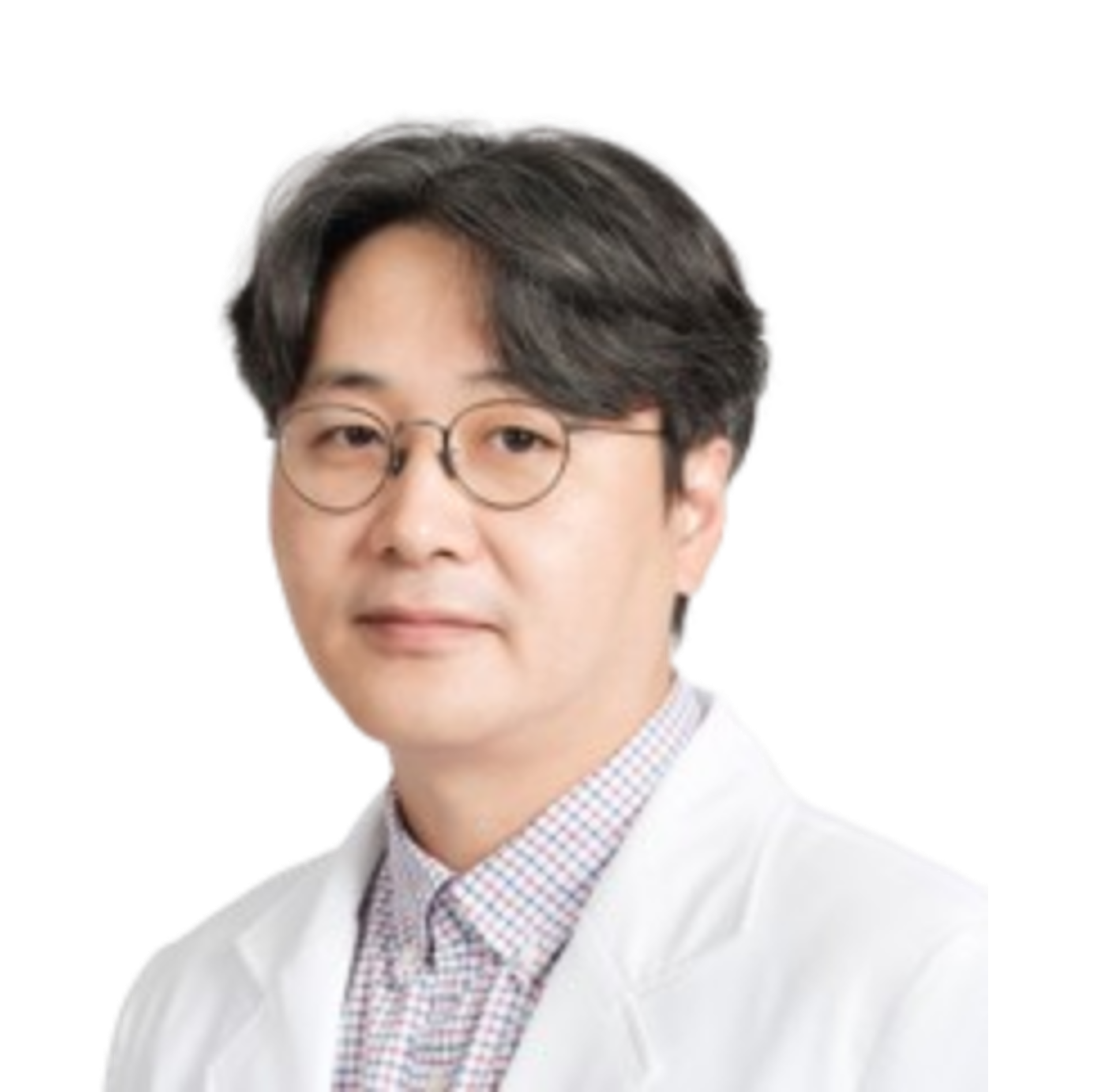
Higher non-high-density lipoprotein cholesterol was higher associated with cardiovascular disease comparing higher LDL-C in nine years follow up: cohort study
Sangmo Hong Hanyang University, Republic of Korea 13:30~13:45 -
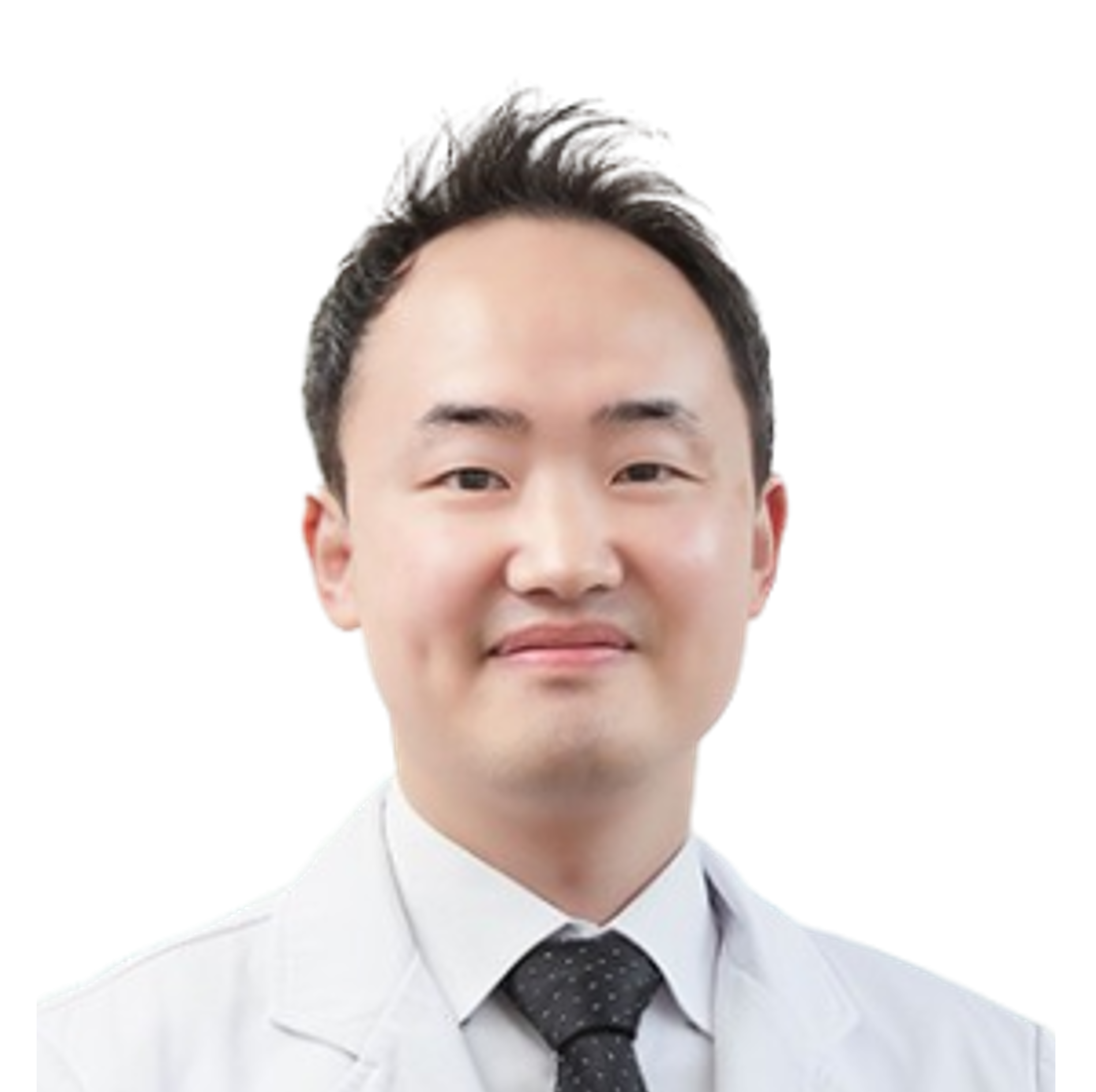
Clinical characteristics of patients with statin discontinuation in Korea: A nationwide population-based study
Kyung-Soo Kim CHA University, Republic of Korea 13:45~14:00 -

Metformin reduces the progression of atherogenesis by regulating the Sestrin2-mTOR pathway in obese and diabetic rats
Nagaraj Manickam Madras Diabetes Research Foundation (MDRF), India 14:00~14:15 - Discussion 14:15~14:25
- JLA Award Ceremony 14:25~14:30
Significance and Interval of Cholesterol Testing in National Health Examinations
Chairperson(s) : 김재택 (한국지질·동맥경화학회 이사장), 조연희 (한국건강검진학회 회장)
Panel(s) : 곽경근 (대한내과의사회), 김철중 (조선일보), 김희동 (순천향의대 심장내과), 박지민 (보건복지부 건강증진과), 조용인 (인하의대 내분비내과)
-
Saffron extract and reverse cholesterol transport: an innovative approach to atherosclerosis therapy
Yasmin Mohd Zainal Abidin Shukri Universiti Teknologi MARA, Malaysia 14:40~14:53 -
Comparative effects of alirocumab and evolocumab on protein and gene expression in stimulated human coronary endothelial cells
Rahayu Zulkapli Universiti Teknologi MARA (UiTM), Sungai Buloh Campus, Jalan Hospital, Malaysia 14:53~15:06 -
Obesity-induced imprinting of hematopoietic stem cells exacerbates atherosclerosis progression
Shindy Soedono Soonchunhyang University, Republic of Korea 15:06~15:19 -
Cardiovascular disease risk factors are adversely altered by an isocaloric high fat diet enriched with saturated compared to polyunsaturated fat in healthy humans
Nikola Srnic University of Oxford, United Kingdom 15:19~15:32 -
HK660S (β-lapachone) ameliorates diabetic cardiomyopathy by enhancing mitochondrial function through activation of NQO1/SOD1 pathway
Bui Van Nam Physiology Department, Inje University, Republic of Korea 15:32~15:45 -
Porphyromonas gingivalis infection induces dyslipidemia; changes in hepatic, intestinal, and oral microbiota
Eun Ji Min EWHA Womans University, Republic of Korea 15:45~15:58 -
Circular RNA circSMAD4 regulates cardiac fibrosis by targeting miR-671-5p and FGFR2 in cardiac fibroblasts
Anna Jeong Chonnam National University, Medical School, Republic of Korea 15:58~16:11
-
Purinergic adipocyte-macrophage crosstalk promotes inflammatory degeneration of thermogenic brown adipose tissue
Michelle Y. Jaeckstein University Medical Center Hamburg-Eppendorf, Germany 14:40~14:53 -
Ret finger protein deficiency attenuates adipogenesis in HFD-induced obese mice
Yun-Gyeong Lee Chonnam National University Medical school, Republic of Korea 14:53~15:06 -
Differential regulatory effects of exercise and hypocaloric diet on adipose thermogenesis and inflammation in obese mice
Vivi Julietta Soonchunhyang University, Republic of Korea 15:06~15:19 -
Telomere stabilization by metformin mitigates the progression of atherosclerosis via the AMPK-dependent p-PGC-1 alpha pathway
Jin Young Sung Yeungnam University, Republic of Korea 15:19~15:32 -
PRDX5 exacerbates atherosclerosis via the TLR4/MyD88/NF-κB and P38 pathways in endothelial cells
Hyae Yon Kweon Ewha Womans University, Republic of Korea 15:32~15:45 -
Prdx3 defends abdominal aortic aneurysm by suppressing vascular smooth muscle cell senescence
Moajury Jung Ewha Womans University, Republic of Korea 15:45~15:58
-
A 10-year prospective cohort study of blood lipid variability, cognitive decline, and dementia in 9846 community-dwelling older adults
Zhen Zhou Monash University, Australia 14:40~14:53 -
Low-density lipoprotein cholesterol estimation in youth: sampson equation superior in predicting mid-adult carotid plaque
Yaxing Meng Baker Heart and Diabetes Institute, Australia 14:53~15:06 -
The impact of myosteatosis on cardiac function in a healthy population: insights from abdominal CT imaging
Yun Kyung Cho Asan Medical Center, University of Ulsan College of Medicine, Republic of Korea 15:06~15:19 -
The impacts of diabetic retinopathy and chronic kidney disease on cardiovascular disease and all-cause mortality in patients with type 2 diabetes mellitus: findings from the UK Biobank cohort study
Yeon Soo Park Seoul National University College of Medicine, Republic of Korea 15:19~15:32 -
Cardiometabolic risk factors and lifestyle in Norwegian patients with a severe mental illness
Madeleine E Angelsen University of Oslo, Norway 15:32~15:45 -
Non-calcified plaque on coronary CT angiography (CCTA) in asymptomatic South Asian individuals with zero CAC: insights from the South Asians CCTA (SACTA) study
Ayeeshik Kole University of Texas Southwestern Medical Center, Dallas, Texas, United States 15:45~15:58
Chairperson(s) : Sang-Hak Lee (Yonsei University, Republic of Korea)
Panel(s) : Jae Hyoung Park (Korea University, Republic of Korea)
-
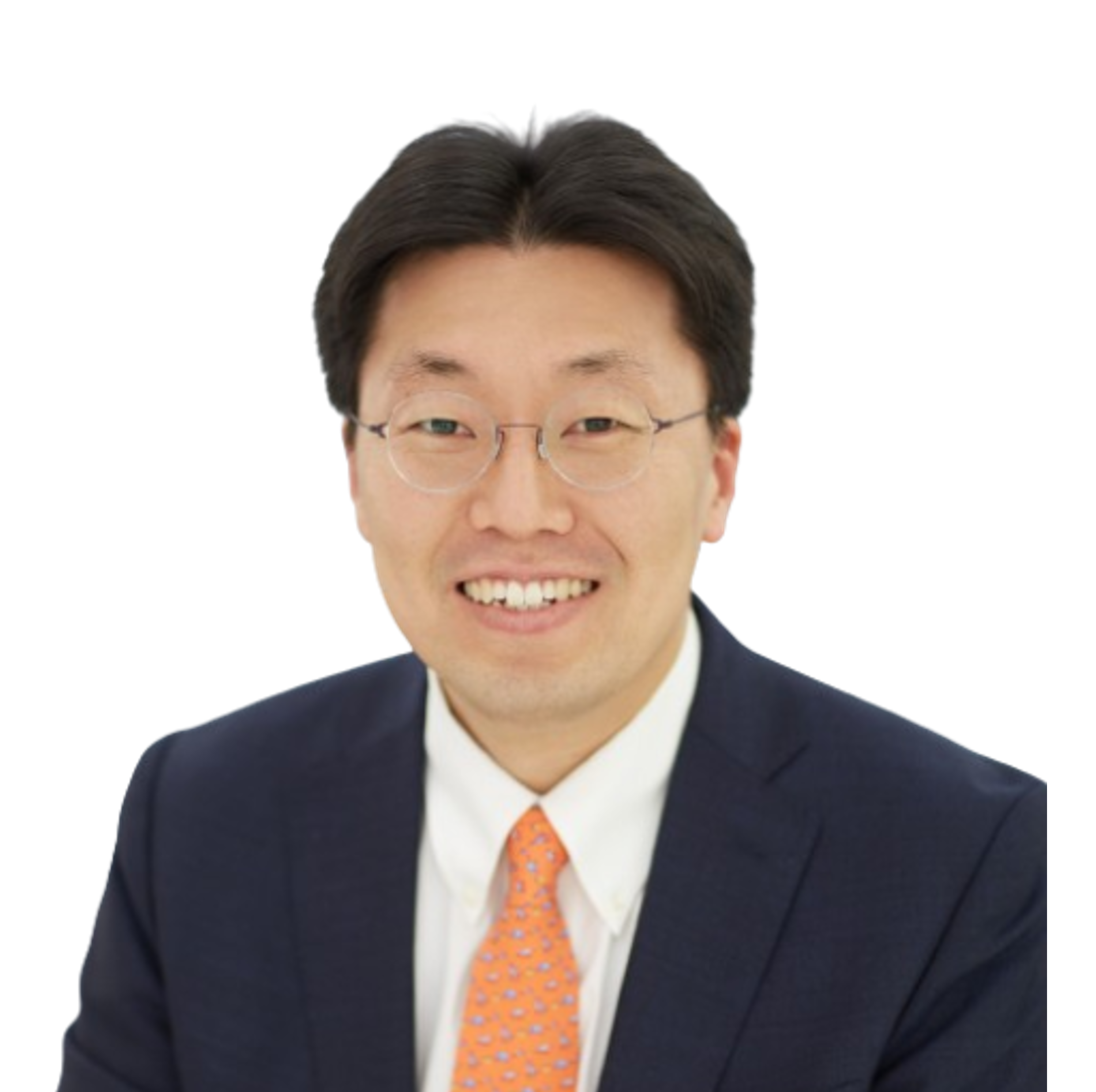
Clinical and molecular risk factors in severe FH
Soo Heon Kwak Seoul National University, Republic of Korea 14:40~15:00 - Discussion 15:00~15:10
-
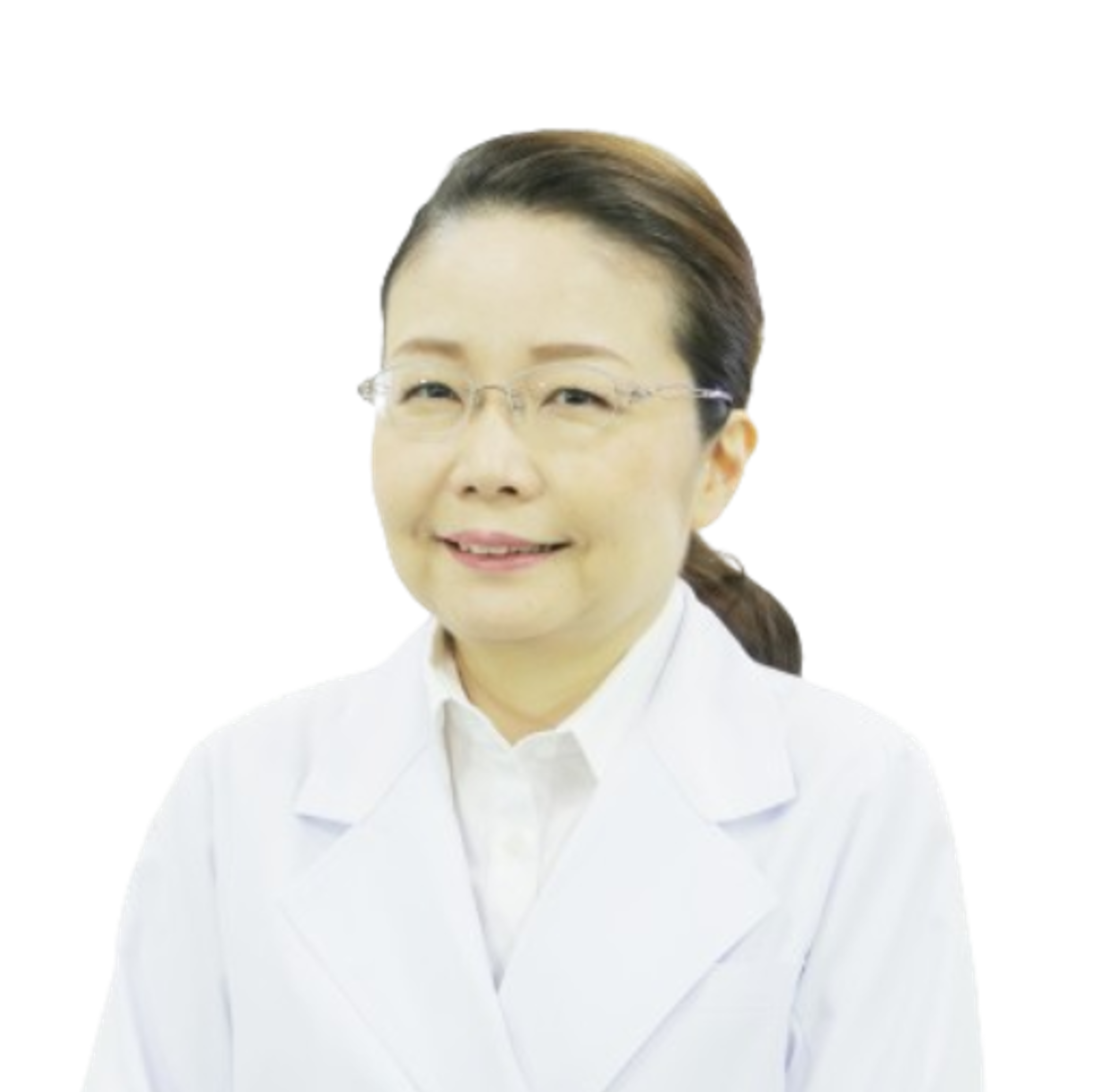
The current status of HoFH in Japan
Mariko Harada-Shiba Osaka Medical & Pharmaceutical University, Japan 15:10~15:30 - Discussion 15:30~15:40
-
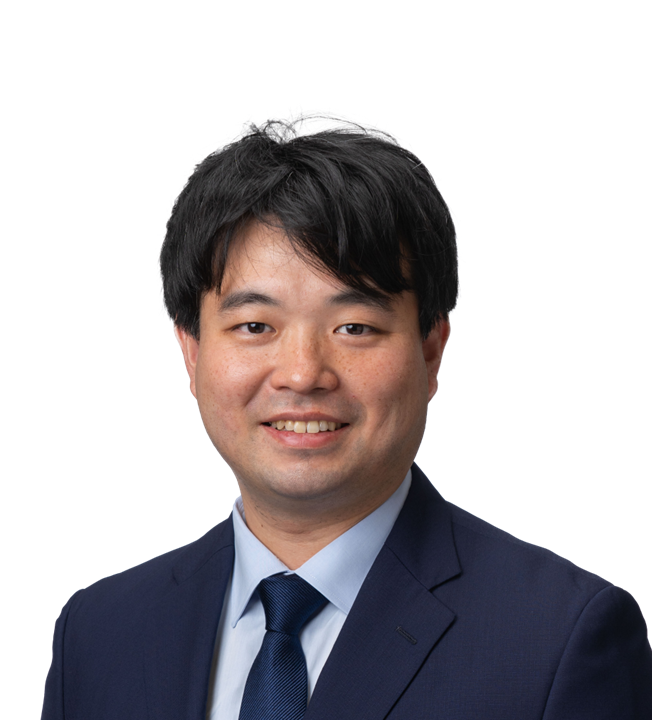
Prevalence and clinical characteristics of FH in patients with ACS in Japan: insight from the EXPLORE-J study
Yasuaki Takeji Kanazawa University, Japan 15:40~15:48 - Q&A 15:48~15:55
-
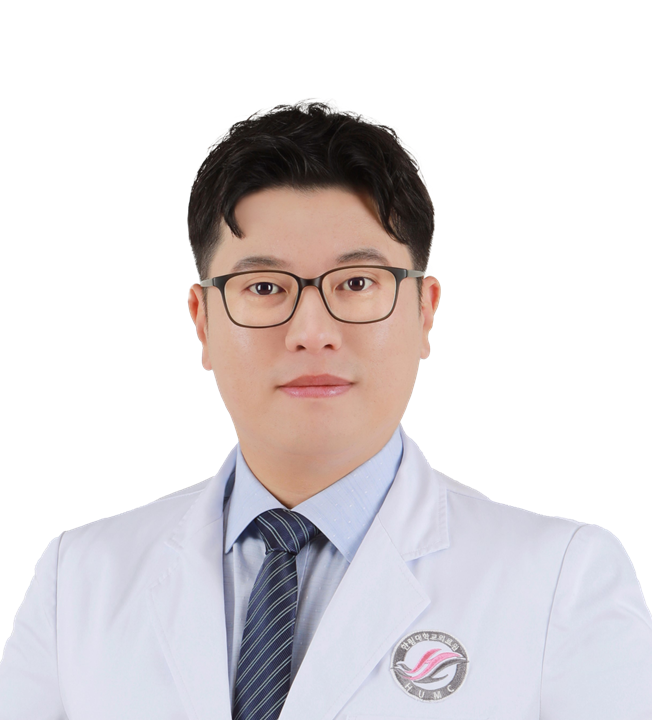
Omics markers of FH
Dae Young Cheon Hallym University, Republic of Korea 15:55~16:03 - Q&A 16:03~16:10
Chairperson(s) : Sungha Park (Yonsei University, Republic of Korea), Eun-Jung Rhee (Sungkyunkwan University, Republic of Korea)
Panel(s) : Min Jung Lee (University of Ulsan, Republic of Korea), SungWan Chun (Soonchunhyang University, Republic of Korea), Jun Hwan Cho (Chung-Ang University, Republic of Korea)
DetailThe session "Comprehensive Cardiovascular Prevention: CAC and Beyond," joint symposium by the American Society of Preventive Cardiology (ASPC) and the Korean Society of Lipid and Atherosclerosis (KSoLA), will explore the crucial role of Coronary Artery Calcium (CAC) in the prevention of Atherosclerotic Cardiovascular Disease (ASCVD), its clinical implications, and the role of imaging in cardiovascular prevention. Professor Khurram Nasir from Houston Methodist DeBakey Heart & Vascular Center will discuss the role of CAC scoring in the prevention of ASCVD. Professor JangHoon Lee from Kyungpook National University will cover the clinical implications and limitations of CAC scoring. Additionally, Professor Sang-Eun Lee from Ewha Womans University will present on the role of imaging in cardiovascular prevention.
-
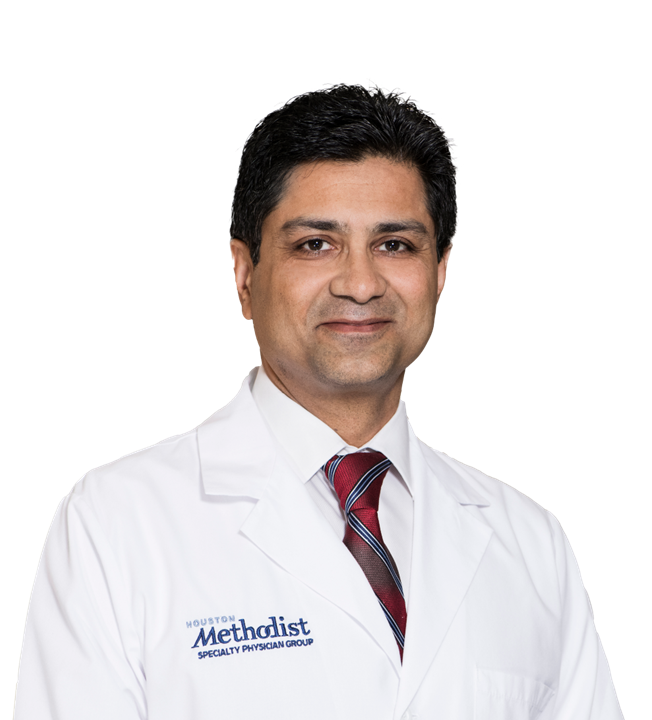
Role of CAC in prevention of ASCVD
Khurram Nasir Houston Methodist DeBakey Heart & Vascular Center, USA 16:20~16:40 -

Clinical implication and limitations of CAC testing
Jang Hoon Lee Kyungpook National University, Republic of Korea 16:40~17:00 -
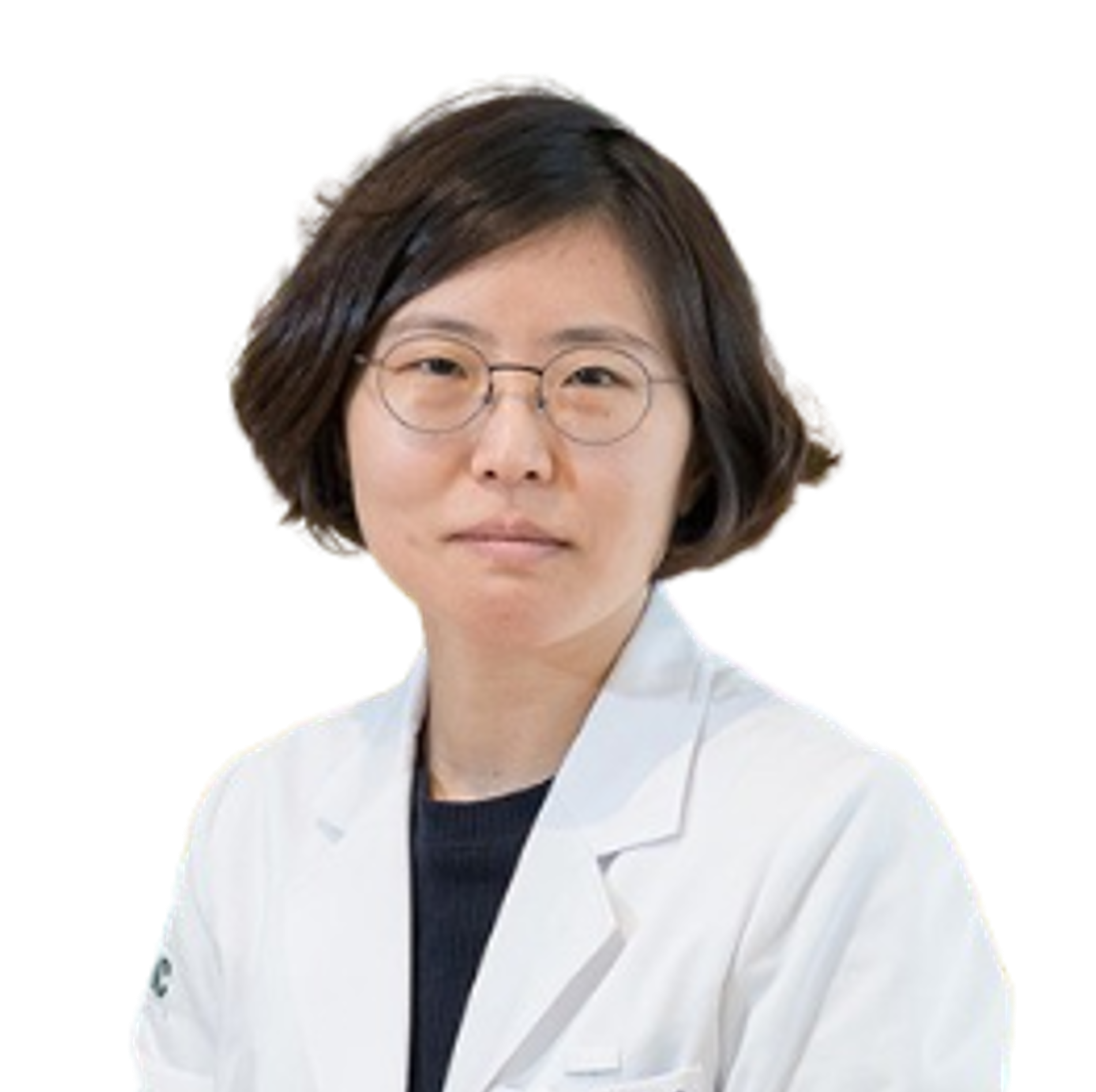
Role of imaging in CV prevention - beyond CAC
Sang-Eun Lee Ewha Womans University, Republic of Korea 17:00~17:20 - Panel Discussion 17:20~17:50
Chairperson(s) : Ashraf Reda (Menofia University, Egypt), Soon Jun Hong (Korea University, Republic of Korea)
Panel(s) : Hoyoun Won (Chung-Ang University, Republic of Korea), Jung-Hee Lee (Yonsei University, Republic of Korea), Jun Hwa Hong (Eulji University, Republic of Korea)
DetailPremature atherosclerosis, marked by the early onset of atherosclerotic cardiovascular disease (ASCVD), is a growing global concern. Understanding its risk factors is essential for developing effective prevention and treatment strategies. This joint session will explore the background, risk factors, and latest research findings on premature atherosclerosis across different regions. Professor Ashraf Reda from Menoufia University (current President of the Egyptian Association of Vascular Biology and Atherosclerosis) will present findings from Egyptian data, providing insights into the prevalence and characteristics of premature atherosclerosis in this region. Professor EL Sayed Farag from Zagazig University will discuss archived case scenarios, highlighting unique cases and outcomes that shed light on the clinical manifestations and progression of this condition. Professor Su-Yeon Choi from Seoul National University will examine metabolic risk factors and their association with ASCVD in young Korean adults, offering a comparative perspective and potential preventive strategies.
-
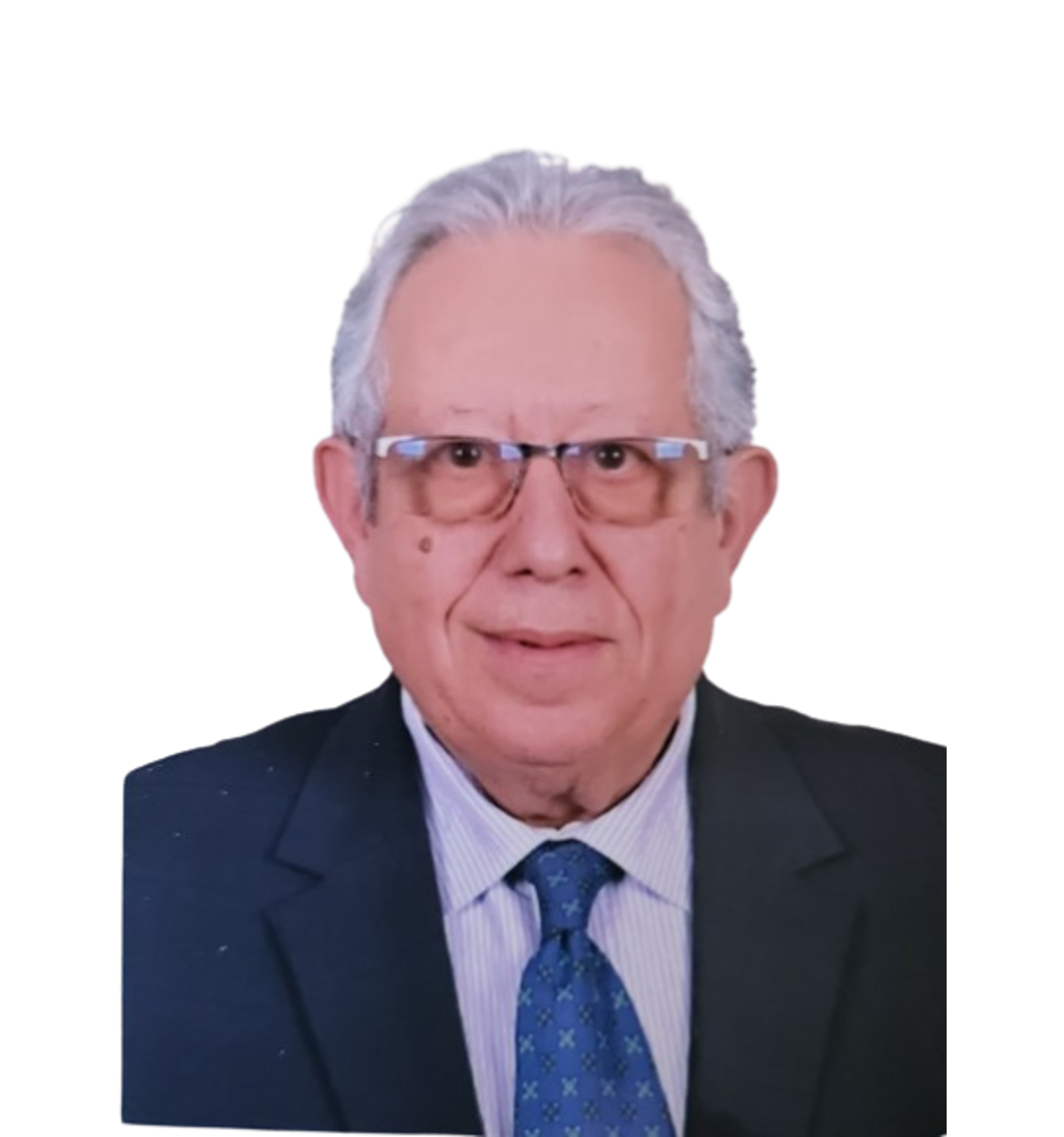
Premature atherosclerosis, Egyptian data
Ashraf Reda Menofia University, Egypt 16:20~16:40 -
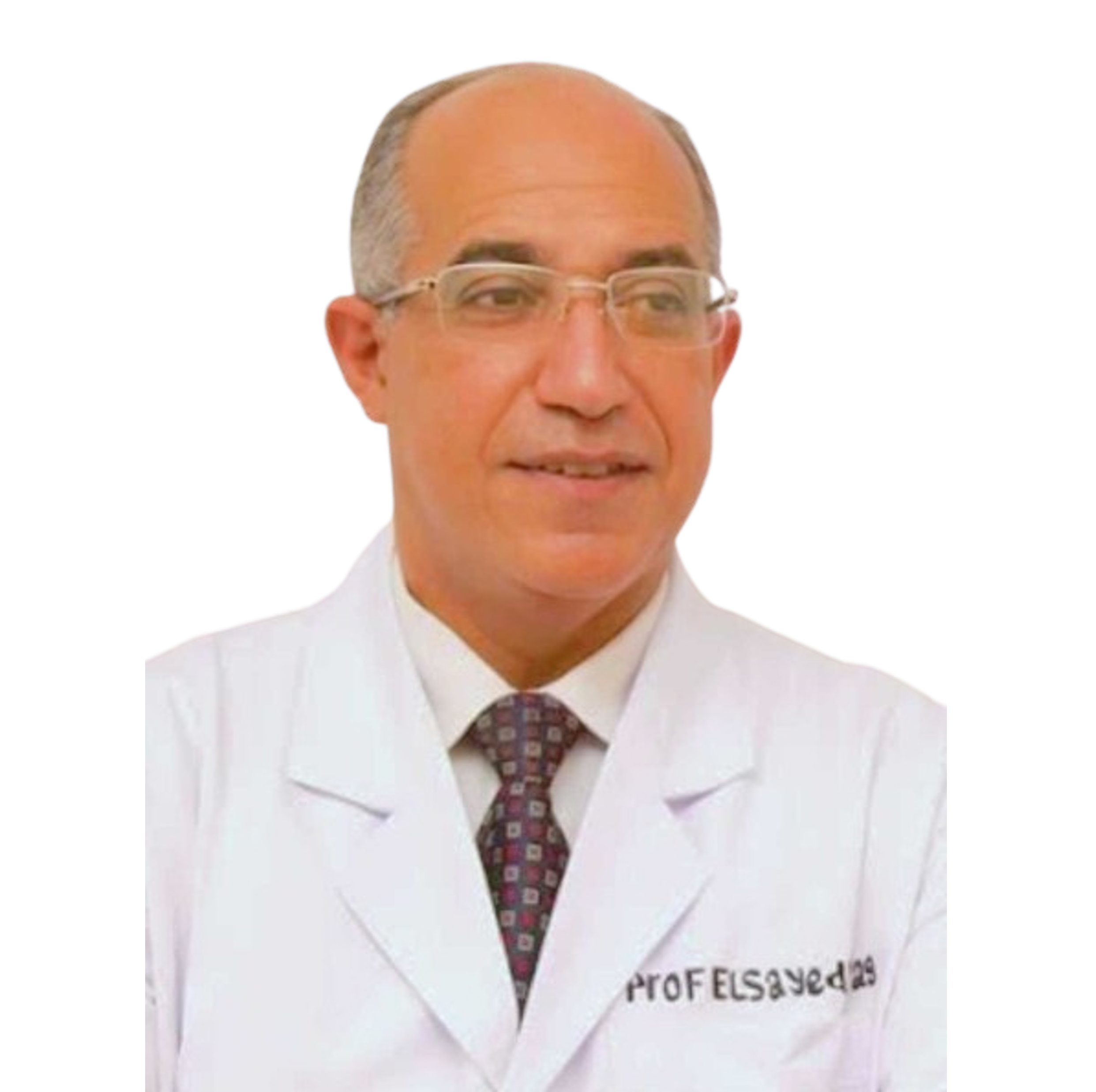
Premature atherosclerosis, archived case scenarios
EL Sayed Farag Zagazig University, Egypt 16:40~17:00 -

Metabolic risk factors and ASCVD in young Korean adults
Su-Yeon Choi Seoul National University, Republic of Korea 17:00~17:20 - Panel Discussion 17:20~17:50
Chairperson(s) : Hyun Kang (Chung-Ang University, Republic of Korea), Nam Hoon Kim (Korea University, Republic of Korea)
-

The use of artificial intelligence tools for automating or semi-automating systematic reviews
Miyoung Choi NECA, Republic of Korea 16:20~16:45 -
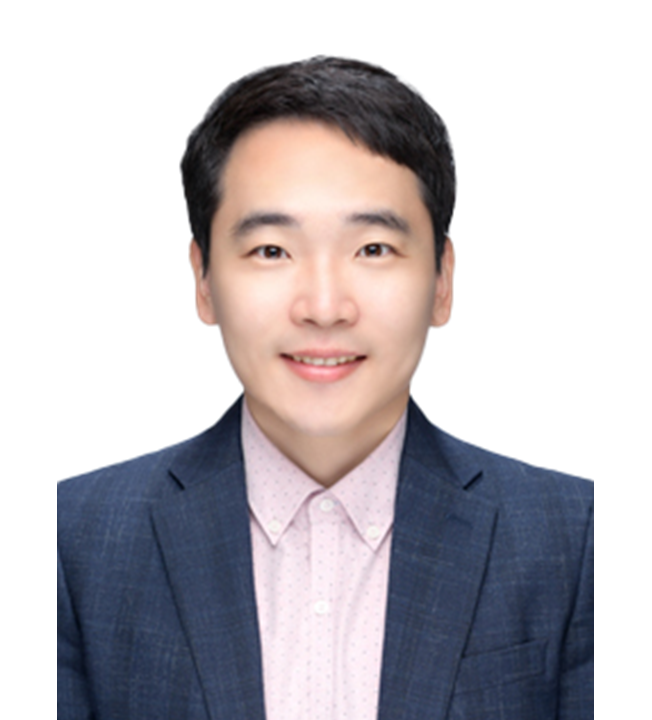
Use of generative AI for medical research
Seng Chan You Yonsei University, Republic of Korea 16:45~17:10 -
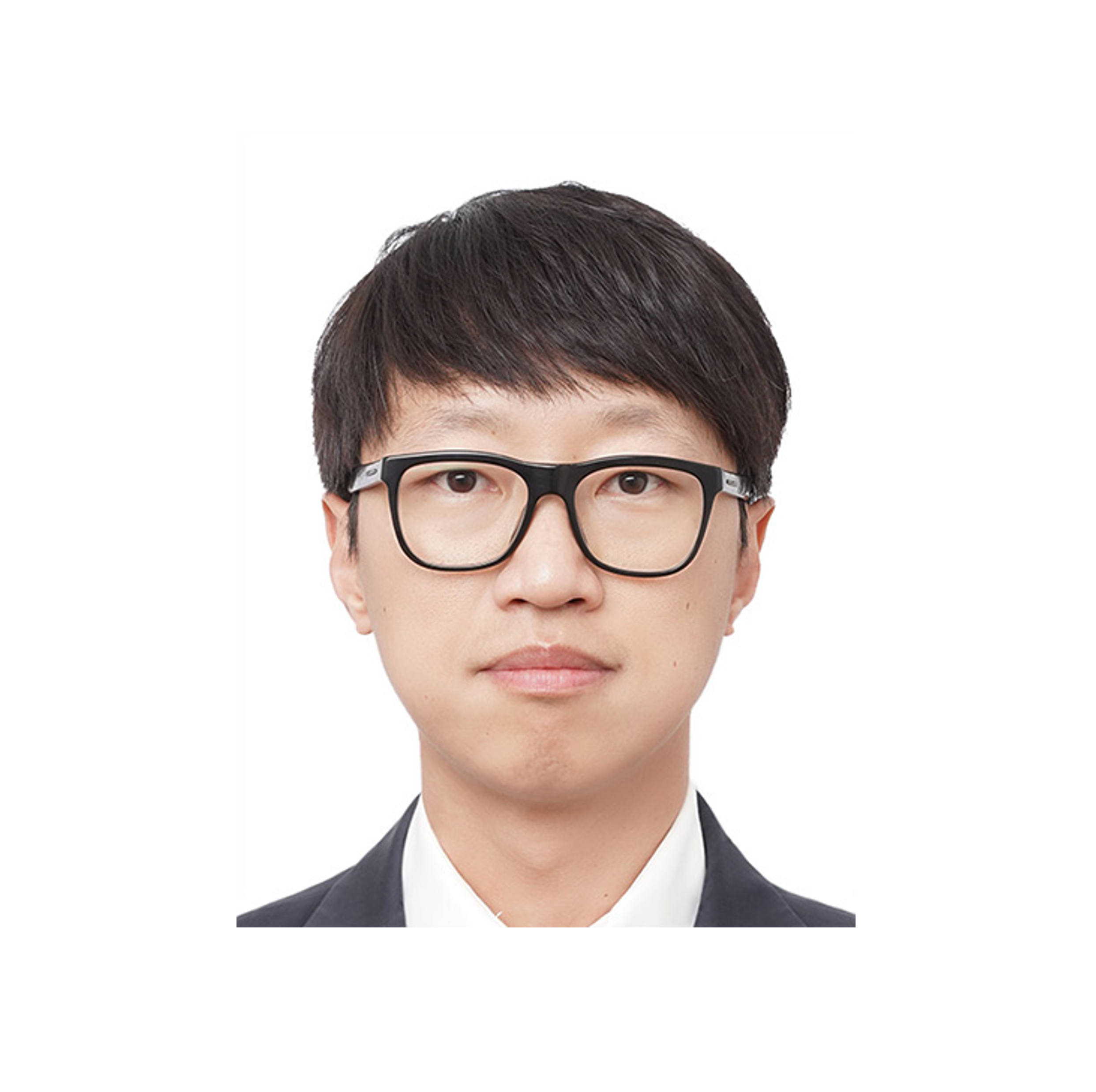
Writing a paper with the help of AI tools
Young-Kook Kim Chonnam National University, Republic of Korea 17:10~17:35 - Discussion 17:35~17:50
Chairperson(s) : Sang-Hak Lee (Yonsei University, Republic of Korea)
Panel(s) : Kyuho Kim (The Catholic University of Korea, Republic of Korea)
-

Polygenic background modifies risk of CAD in individuals with HeFH
Injeong Shim Massachusetts General Hospital, Broad Institute of MIT and Harvard, USA 16:20~16:40 - Discussion 16:40~16:50
-
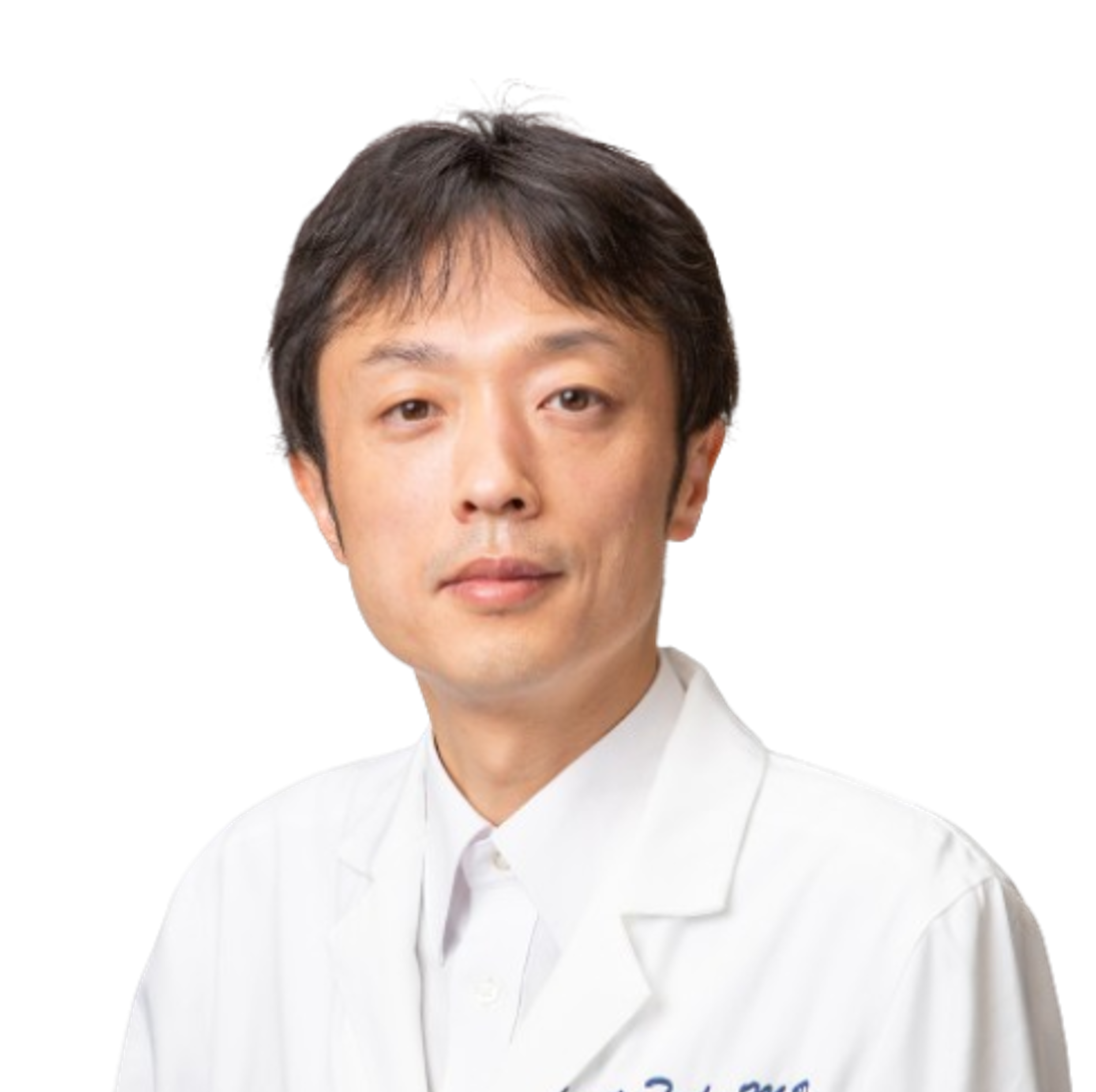
Differential diagnosis of severe hypercholesterolemia in clinical practice
Hayato Tada Kanazawa University, Japan 16:50~17:10 - Discussion 17:10~17:20
-
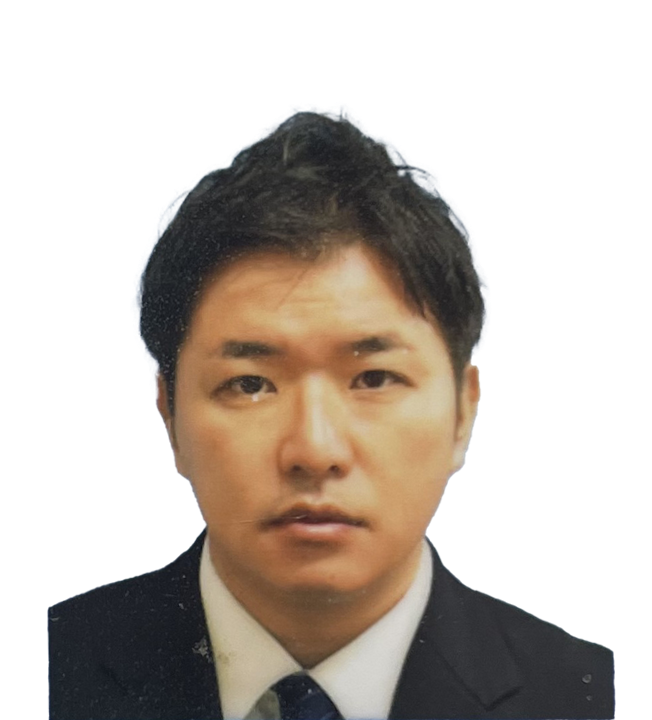
Evaluation of achilles tendon thickness by ultrasonography as a predictor of coronary artery disease severity in non-familial hypercholesterolemia patients
Shimpei Fujioka Osaka Medical and Pharmaceutical University, Japan 17:20~17:28 - Q&A 17:28~17:35
Chairperson(s) : Sang Hong Baek (The Catholic University of Korea, Republic of Korea)
Panel(s) : Minjae Yoon (Seoul National University, Republic of Korea), Yongin Cho (Inha University, Republic of Korea)
Chairperson(s) : Jeong-taek Woo (Kyung Hee University, Republic of Korea)
Panel(s) : Hee-Dong Kim (Soonchunhyang University, Republic of Korea), Hun Jee Choe (Hallym University, Republic of Korea)
Chairperson(s) : Hyun Ho Shin (Asan Chungmu Hospital, Republic of Korea)
Panel(s) : Seon Mee Kang (Soonchunhyang University, Republic of Korea), Hyun-Jin Kim (Hanyang University, Republic of Korea)
Chairperson(s) : Jeong Euy Park (Park Jeong Euy Internal Medicine Clinic, Republic of Korea)
Panel(s) : Bukyung Kim (Kosin University, Republic of Korea), Sung A Bae (Yonsei University, Republic of Korea)
Chairperson(s) : Sang-Hak Lee (Yonsei University, Republic of Korea)
Panel(s) : Nam Hoon Kim (Korea University, Republic of Korea), Jong-Chan Youn (The Catholic University of Korea, Republic of Korea), Dong-Hyuk Cho (Korea University, Republic of Korea)
DetailNew treatments for traditional lipid markers associated with atherosclerosis, as well as for newly emerging lipid markers, are being developed. This session is designed to introduce these new treatments in the field of dyslipidemia. First, Professor Yu-Mi Kang and Professor Andre Zimerman from the Moinhos de Vento Hospital and College of Health Sciences, Brazil will present on clinical research of new agents targeting Lp(a) and TG. Additionally, Professor Kyung-Woo Park from Seoul National University College of Medicine will discuss the current status of the development of next-generation PCSK9 inhibitors. This session is expected to be very helpful in understanding the latest trends in the treatment of dyslipidemia.
-
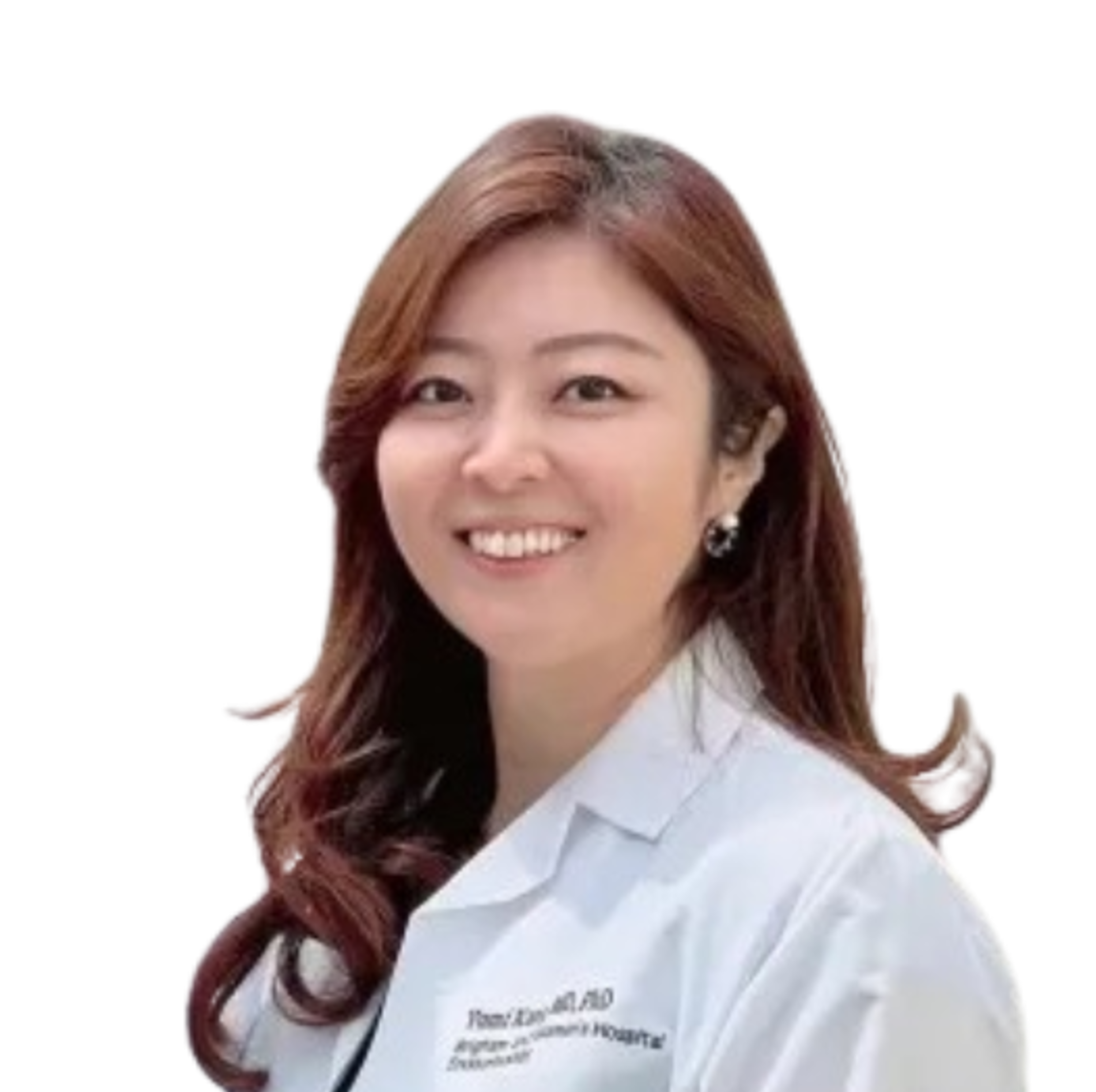
Cutting-edge LP(a)-lowering therapies: how will they impact our practice?
Yu Mi Kang Harvard Medical School/TIMI Study Group, USA 08:30~08:50 -
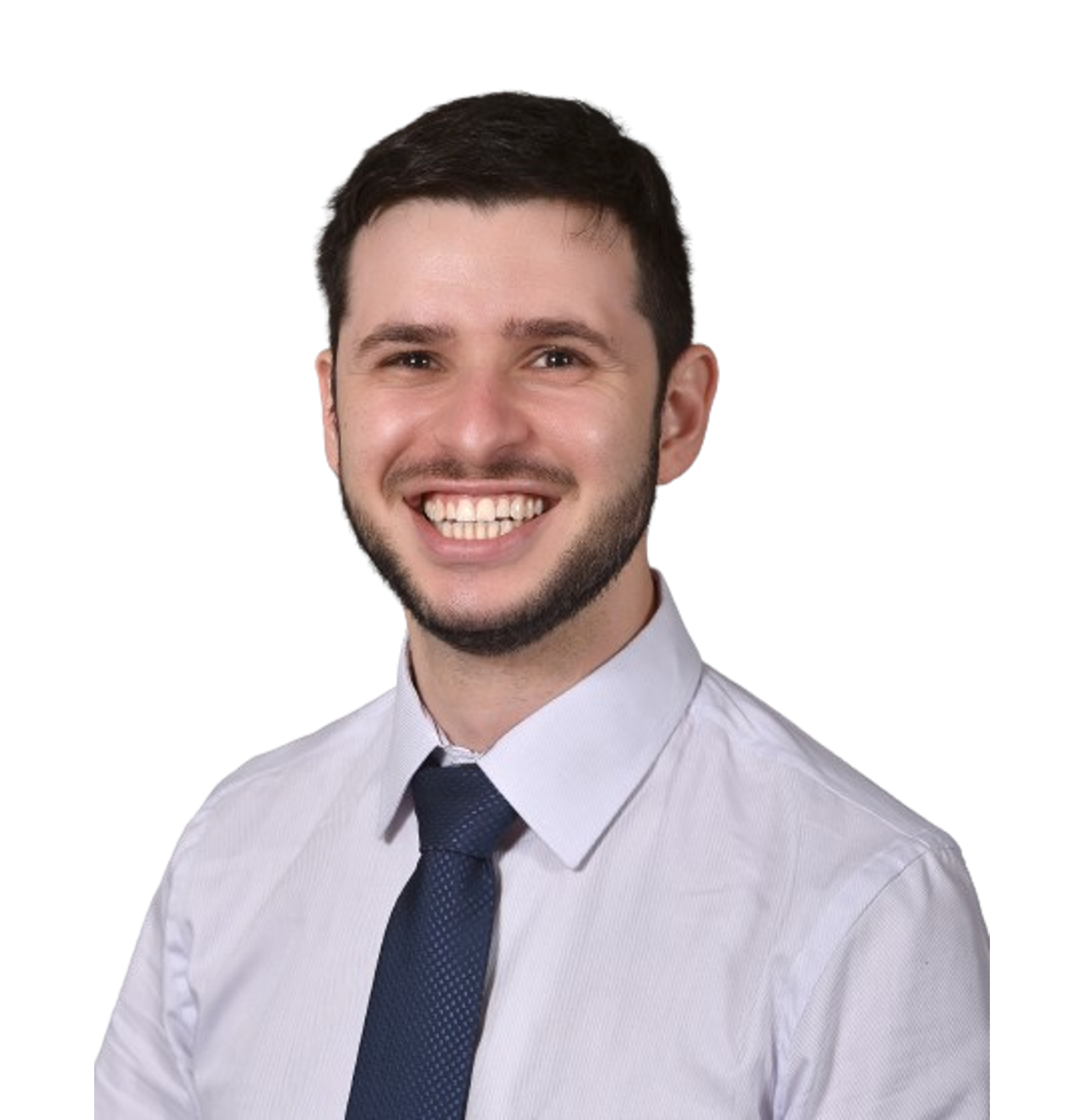
Cutting-edge triglyceride-lowering therapies: can we close the gap in hypertriglyceridemia management?
Andre Zimerman Moinhos de Vento Hospital and College of Health Sciences, Brazil 08:50~09:10 -
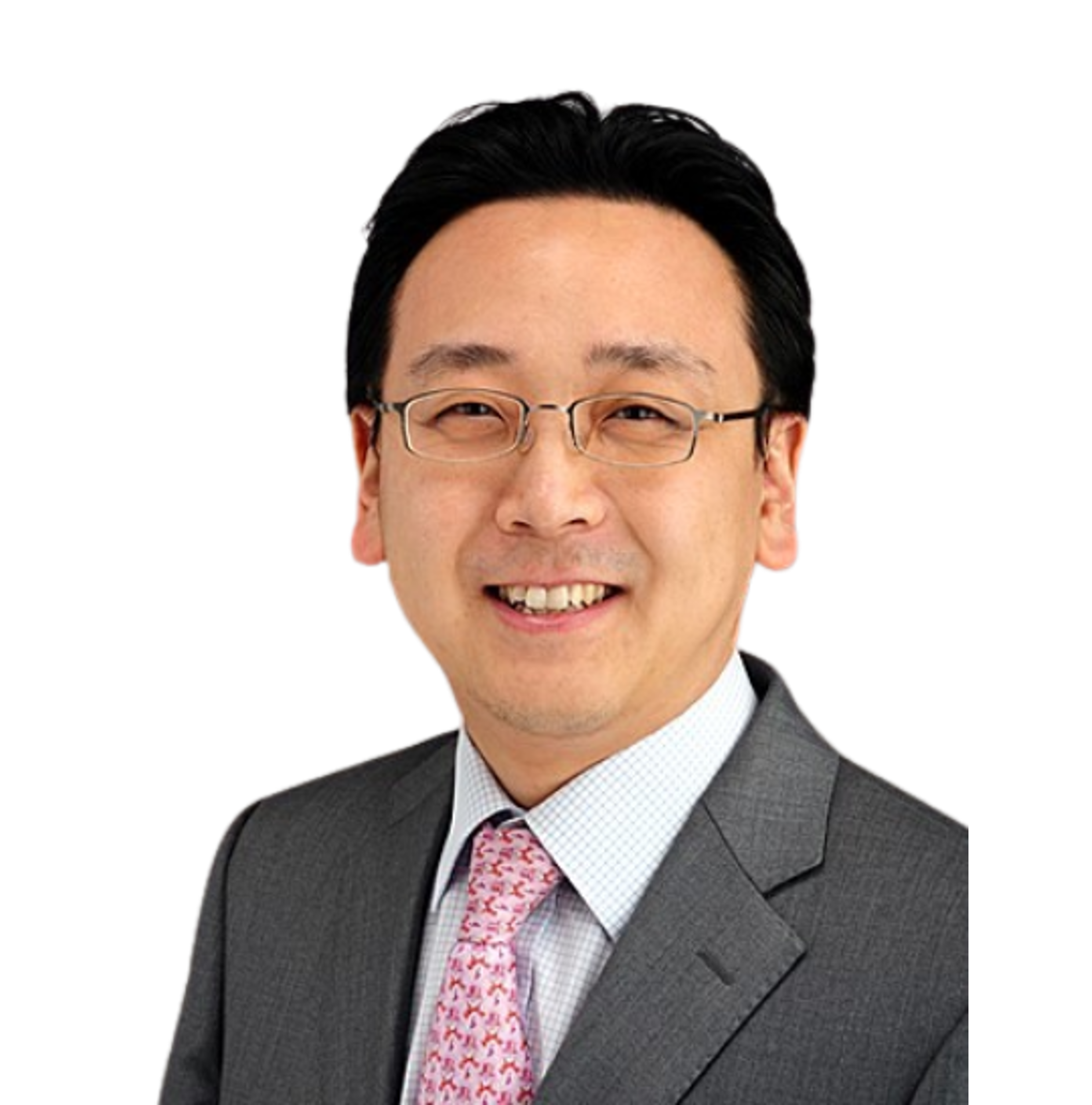
Cutting-edge LDL-lowering therapies: where will the next-generation PCSK9 inhibitors stand?
Kyung Woo Park Seoul National University, Republic of Korea 09:10~09:30 - Panel Discussion 09:30~10:00
Chairperson(s) : Jin Han (Inje University, Republic of Korea), Sung Joon Kim (Seoul National University, Republic of Korea)
Panel(s) : Yong Joo Ahn (POSTECH, Republic of Korea), Juhyun Song (Chonnam National University, Republic of Korea), Joo-Hui Han (Woosuk University, Republic of Korea)
DetailThis session, titled "Recent advances in metaflammation and atherosclerosis research," will introduce the latest researches in metaflammation and atherosclerosis. Professor Takehiko Yokomizo from Juntendo University will present protective roles of BLT2 receptor on the plasma membrane disruption-induced epithelial cell damage. Professor Mahmoud Abdellatif from the University of Graz will present on the cardioprotective mechanisms of the SGLT2 inhibitor, empagliflozin in myocardial infarction. Professor Yun-Hee Lee from the College of Pharmacy at Seoul National University will discuss TM4SF19-mediated lysosomal activity of macrophages in metaflammation, providing insights into macrophage function in metabolic inflammation. This session promises to offer valuable knowledge on the latest research trends and their practical applications in the field.
-
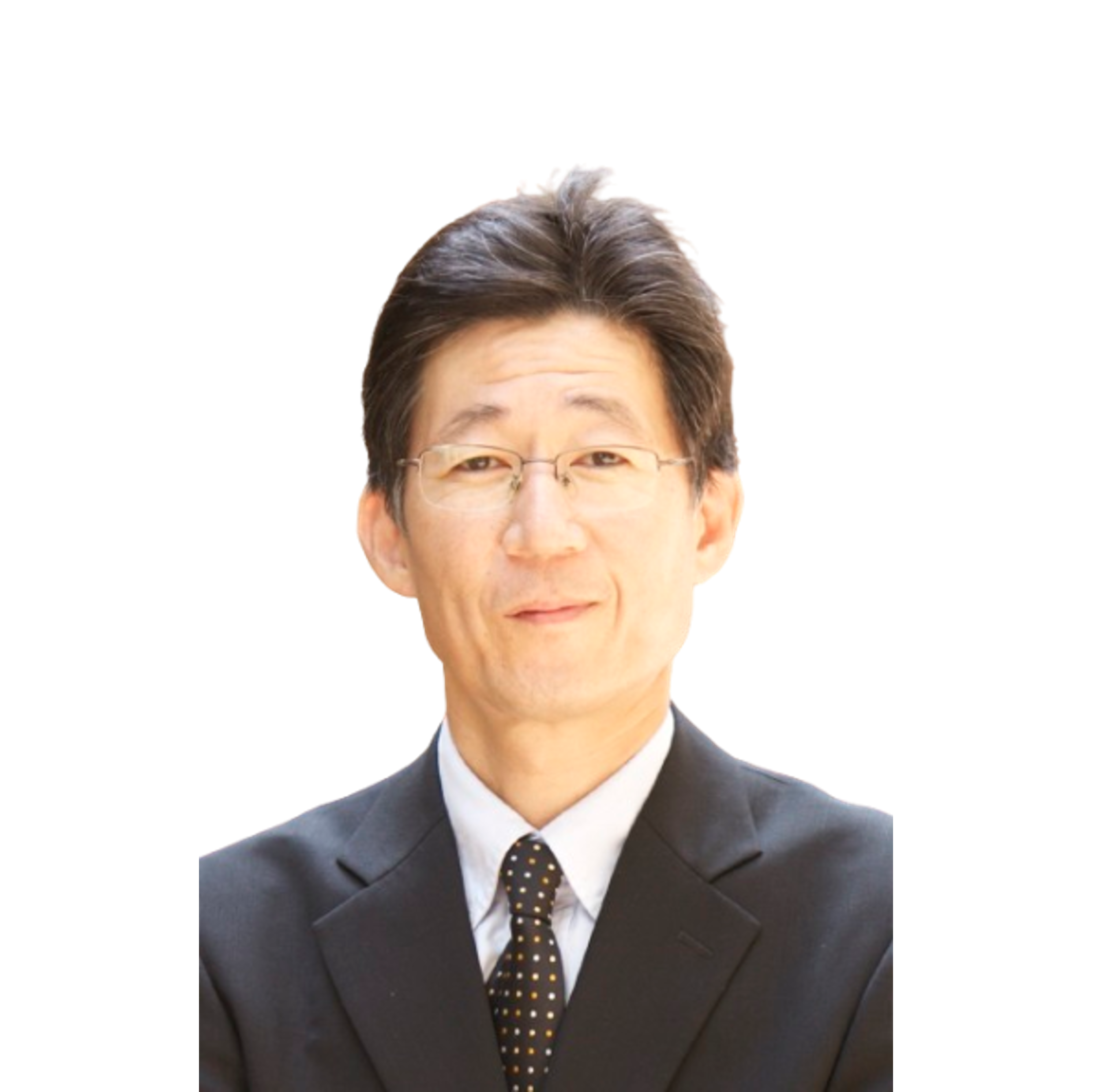
Protective roles of BLT2 receptor on the plasma membrane disruption-induced epithelial cell damage
Takehiko Yokomizo Juntendo University, Japan 08:30~08:50 -
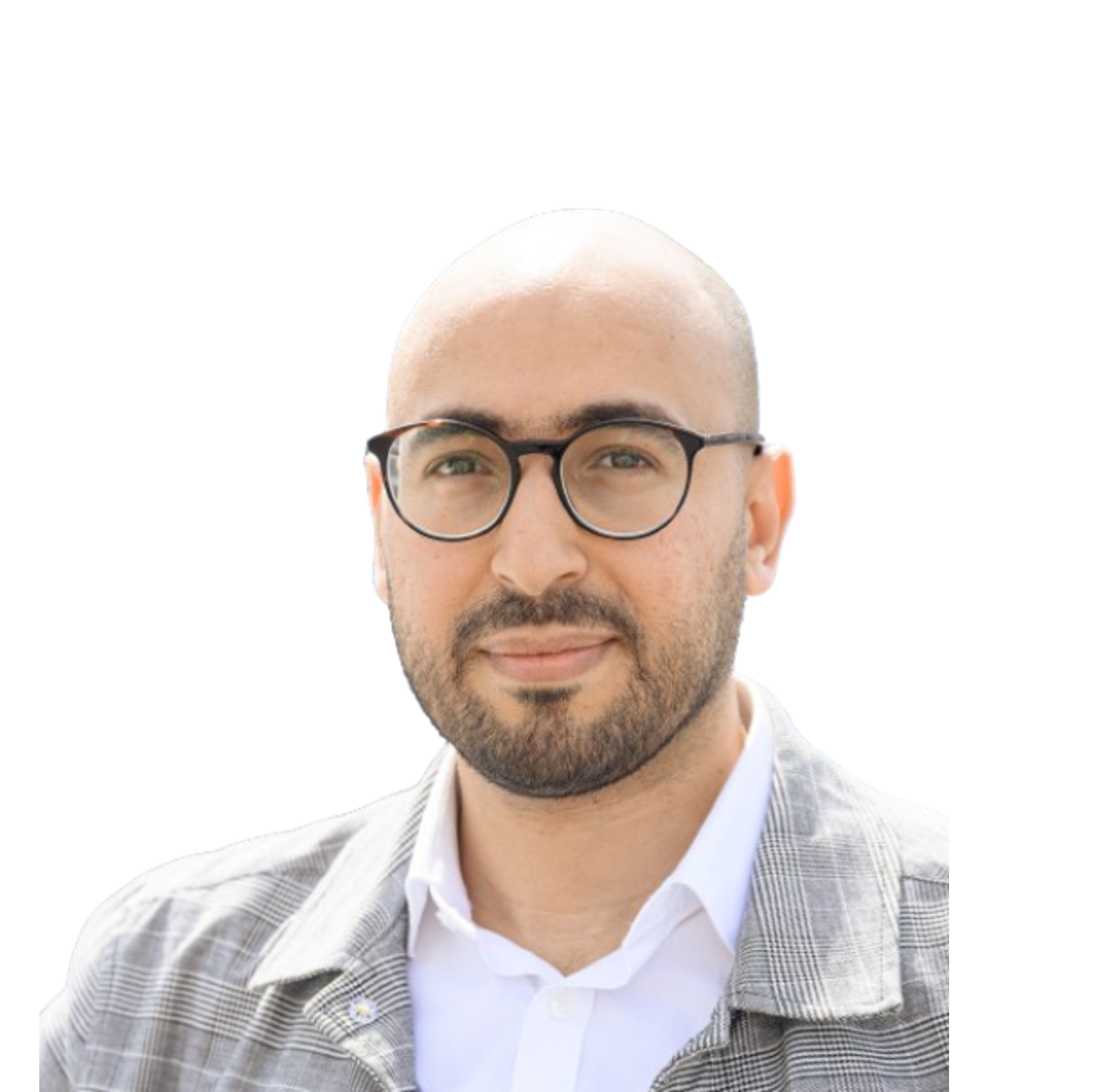
Mechanistic insights into the cardioprotective effects of empagliflozin in myocardial infarction: metabolomic analysis of the emmy trial
Mahmoud Abdellatif University of Graz, Austria 08:50~09:10 -
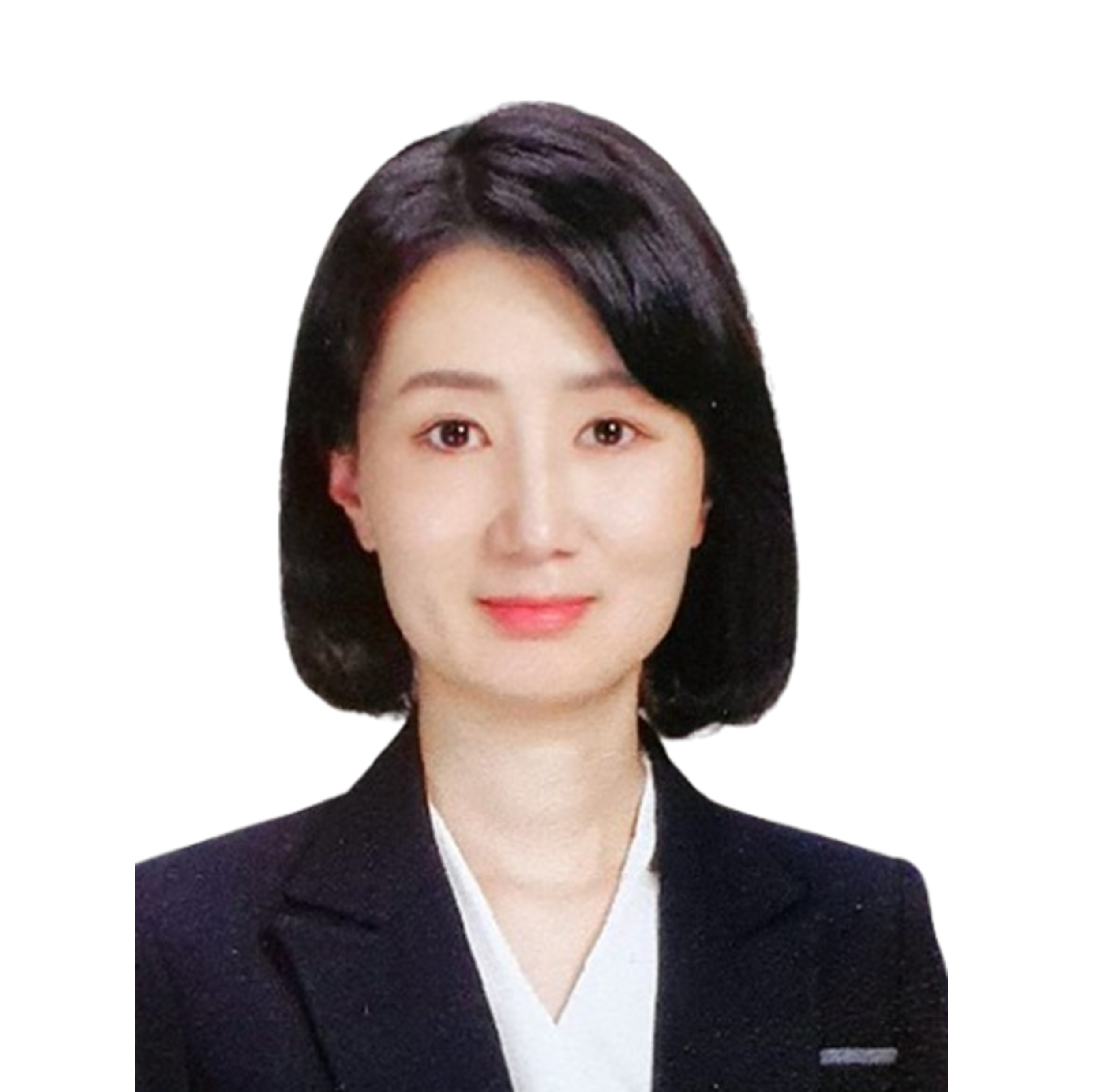
TM4SF19-mediated lysosomal activity of macrophages in metaflammation
Yun-Hee Lee Seoul National University, Republic of Korea 09:10~09:30 - Panel Discussion 09:30~10:00
Chairperson(s) : Hyojee Joung (Seoul National University, Republic of Korea), Eun Mi Kim (Kangbuk Samsung Hospital, Republic of Korea)
Panel(s) : Shin Ok Park (Noom Korea, Republic of Korea), Jean Kyung Paik (Eulji University, Republic of Korea), Youngmin Han (Yonsei University, Republic of Korea)
-
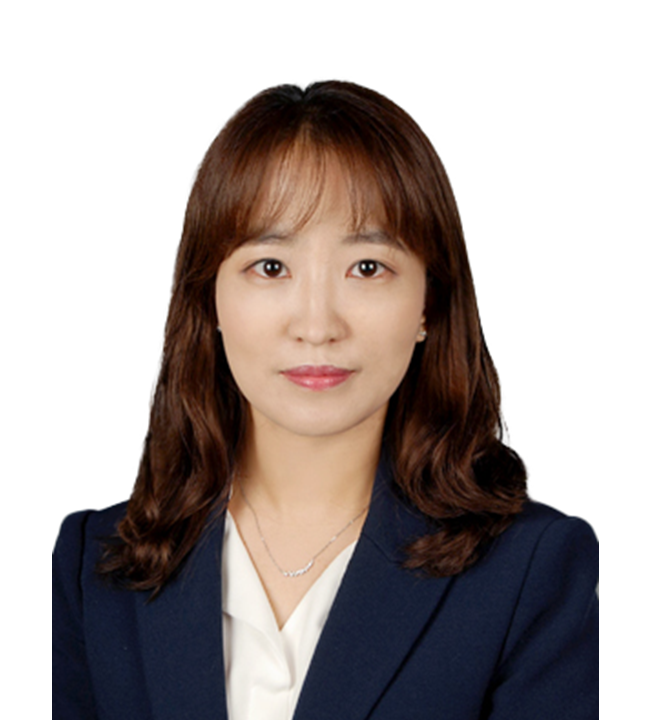
Advancing precision nutrition: addressing nutritional challenges for Koreans
Hyunjung Lim Kyung Hee University, Republic of Korea 08:30~08:50 -

Personalized artificial intelligence nutritional management platform
Saningun Lee Dr.diary, Republic of Korea 08:50~09:10 -
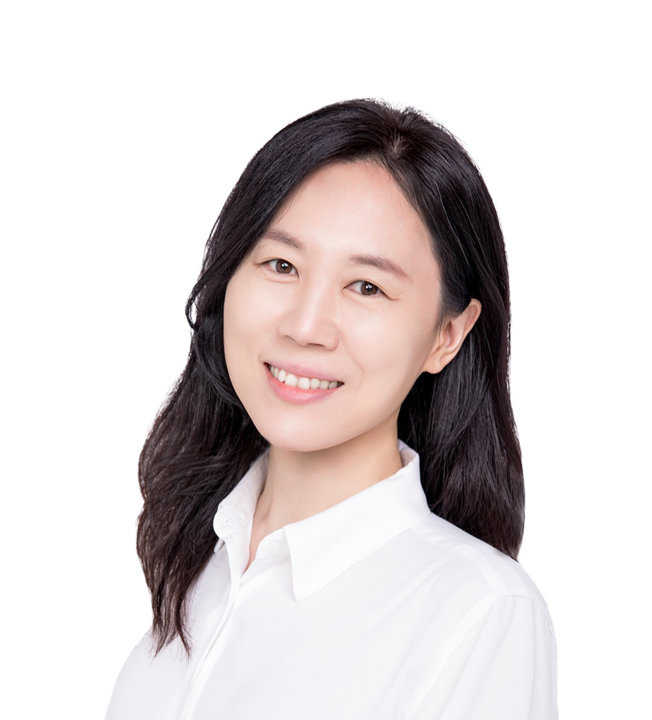
Development of AI-based care system of precision nutrition for health
Jiyoung Kim NUSEUM-LAB, Republic of Korea 09:10~09:30 - Panel Discussion 09:30~10:00
Chairperson(s) : Rodrigo Alonso (Center for Advanced Metabolic Medicine and Nutrition, Chile), In-Kyung Jeong (Kyung Hee University, Republic of Korea)
DetailThis session is a joint session by Latin America and the Korean Society of Lipid and Atherosclerosis (KSoLA), and will address various genetic and environmental factors related to cardiovascular diseases. Professor Hokyou Lee from Yonsei University will discuss atherosclerotic cardiovascular disease and its risk factors in cancer patients. Professor Rodrigo Alonso from Center for Advanced Metabolic Medicine and Nutrition will present research on familial Hypercholesterolemia conducted in the Latam region. Professor Pablo Corral from FASTA University will cover past and current research on Lipoprotein(a), as well as future research directions. Finally, Professor Alvaro Avezum from Sao Paulo University will deliver a lecture on dietary interventions in cardiovascular diseases.
-

Atherosclerotic risk factors and CVD after cancer: growing unmet needs
Hokyou Lee Yonsei University, Republic of Korea 08:30~08:45 -

Familial Hypercholesterolemia in Latam region; how have we progressed in the last decade?
Rodrigo Alonso Center for Advanced Metabolic Medicine and Nutrition, Chile 08:45~09:00 -

Lipoprotein(a): Past, Present, and Future Insights
Pablo Corral Fasta University, Argentina 09:00~09:15 -

Dietary intervention and CVD: which is the best diet in Latin America?
Alvaro Avezum Sao Paulo University, Brazil 09:15~09:30 - Discussion 09:30~10:00
Chairperson(s) : Ick-Mo Chung (Ewha Womans University, Republic of Korea)
DetailIn this special lecture, Professor Jae-Taek Kim, the board of directors of the Korean Society of Lipid and Atherosclerosis and a distinguished professor at Chung-Ang University College of Medicine, will present the culmination of his decades-long research. He will offer an in-depth lecture on the influence of Insulin-like Growth Factor (IGF)-1 signaling pathways on key characteristics of heart disease, including myocardial hypertrophy, cell death, aging, fibrosis, and electrical remodeling. This promises to be a highly insightful and enriching experience, shedding light on critical aspects of cardiovascular health.
Chairperson(s) : Jaetaek Kim (Chung-Ang University, Republic of Korea)
Chairperson(s) : Myung Ho Jeong (Gwangju Veterans Hospital, Republic of Korea)
Panel(s) : Inki Moon (Soonchunhyang University, Republic of Korea), Yeon-Kyung Choi (Kyungpook National University, Republic of Korea)
Chairperson(s) : Chee Jeong Kim (Chung-Ang University, Republic of Korea)
Panel(s) : You-Jeong Ki (Eulji University, Republic of Korea), Nam Hoon Kim (Korea University, Republic of Korea)
Chairperson(s) : Hyo-Soo Kim (Seoul National University, Republic of Korea)
Panel(s) : Hoyoun Won (Chung-Ang University, Republic of Korea), Dong-Hwa Lee (Chungbuk National University, Republic of Korea)
Chairperson(s) : Moon-Kyu Lee (Eulji University, Republic of Korea)
Panel(s) : Youngwoo Jang (Gachon University, Republic of Korea), Dughyun Choi (Soonchunhyang University, Republic of Korea)
Chairperson(s) : YongSeek Park (Kyung Hee University, Republic of Korea), Chanbae Park (Ajou University, Republic of Korea)
Panel(s) : Jeonghan Kim (The Catholic University of Korea, Republic of Korea), Hyeongseok Kim (Chungnam National University, Republic of Korea), Chang-Myung Oh (GIST, Republic of Korea)
DetailThis session, titled "New therapeutic strategies for metabolic diseases," will explore the latest treatment strategies and research findings for metabolic diseases. Professor Véronique A. Lacombe from Oklahoma State University will present on "Cardiac-specific SERCA overexpression improves cardiac and systemic glucose metabolism during diabetes: novel therapeutic targets," highlighting innovative therapeutic targets to improve glucose metabolism. Professor Won Kim from Seoul National University will present “ADAMTS4 elicits myeloid-derived immune cell recruitment and liver fibrogenesis in metabolic dysfunction-associated steatotic liver disease,” providing the therapeutic potential of ADAMTS4 in hepatic fibrosis. Professor Il Minn from University of Texas Southwestern Medical Center will discuss "Cardiovascular toxicity induced by radiation therapy and introduction of radiopharmaceutical therapy," shedding light on the cardiovascular side effects of radiation therapy and the potential of radiopharmaceutical therapy. This session promises to provide valuable insights into the latest trends and novel approaches in the treatment of metabolic diseases.
-
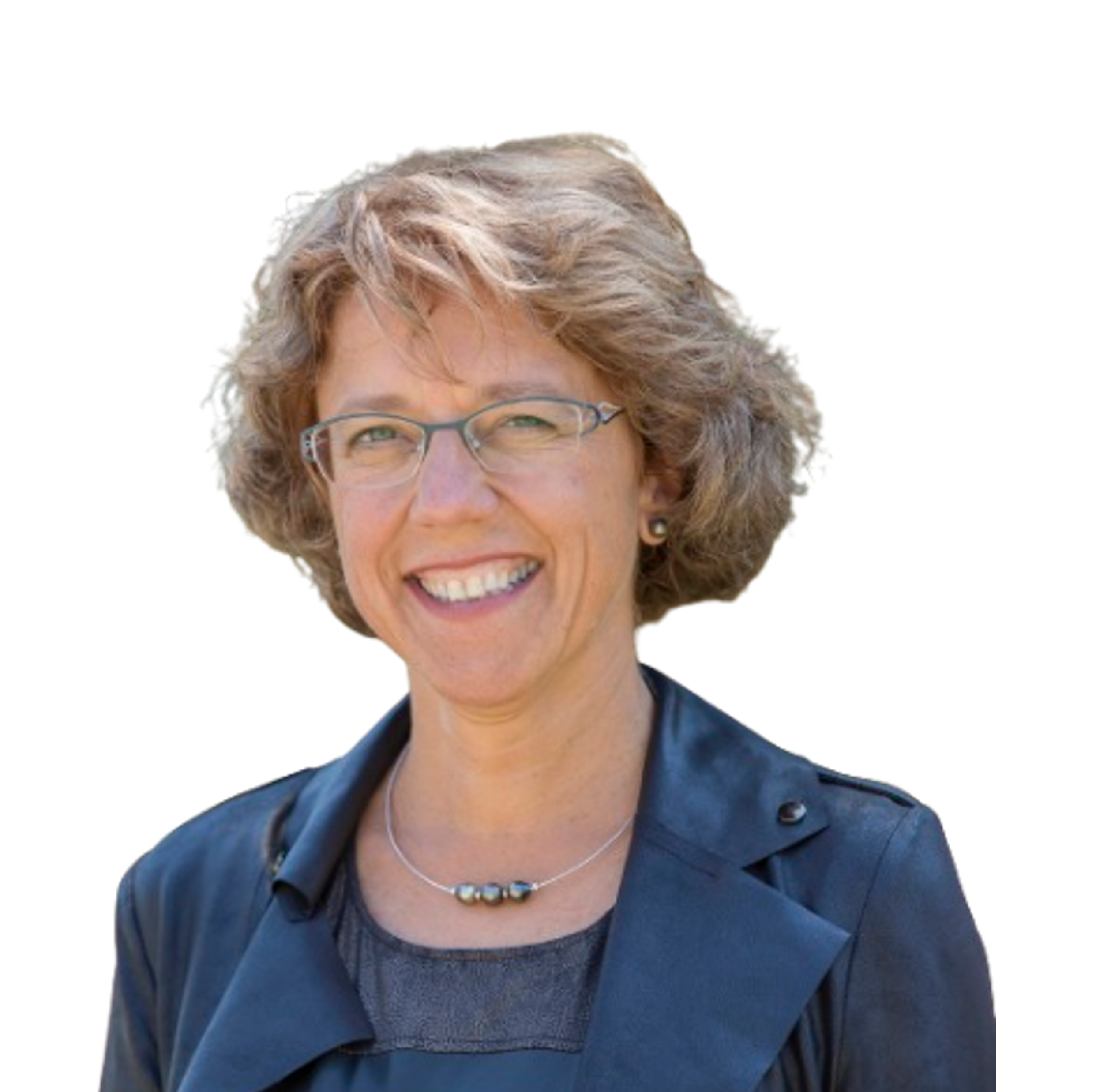
Cardiac-specific SERCA overexpression improves cardiac and systemic glucose metabolism during diabetes
Véronique Anne Lacombe Oklahoma State University, USA 13:00~13:20 -
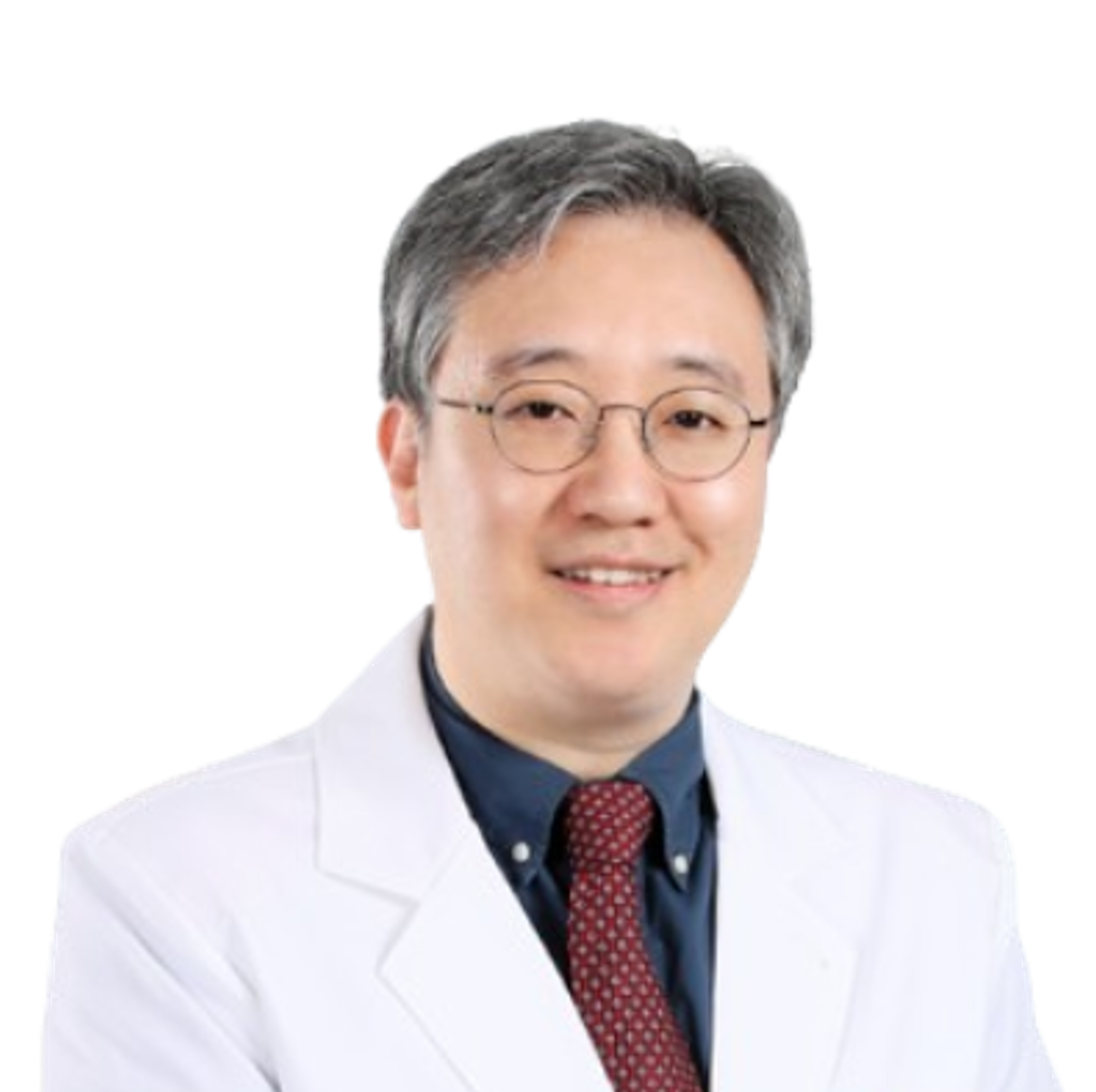
ADAMTS4 elicits myeloid-derived immune cell recruitment and liver fibrogenesis in metabolic dysfunction-associated steatotic liver disease
Won Kim Seoul National University, Republic of Korea 13:20~13:40 -
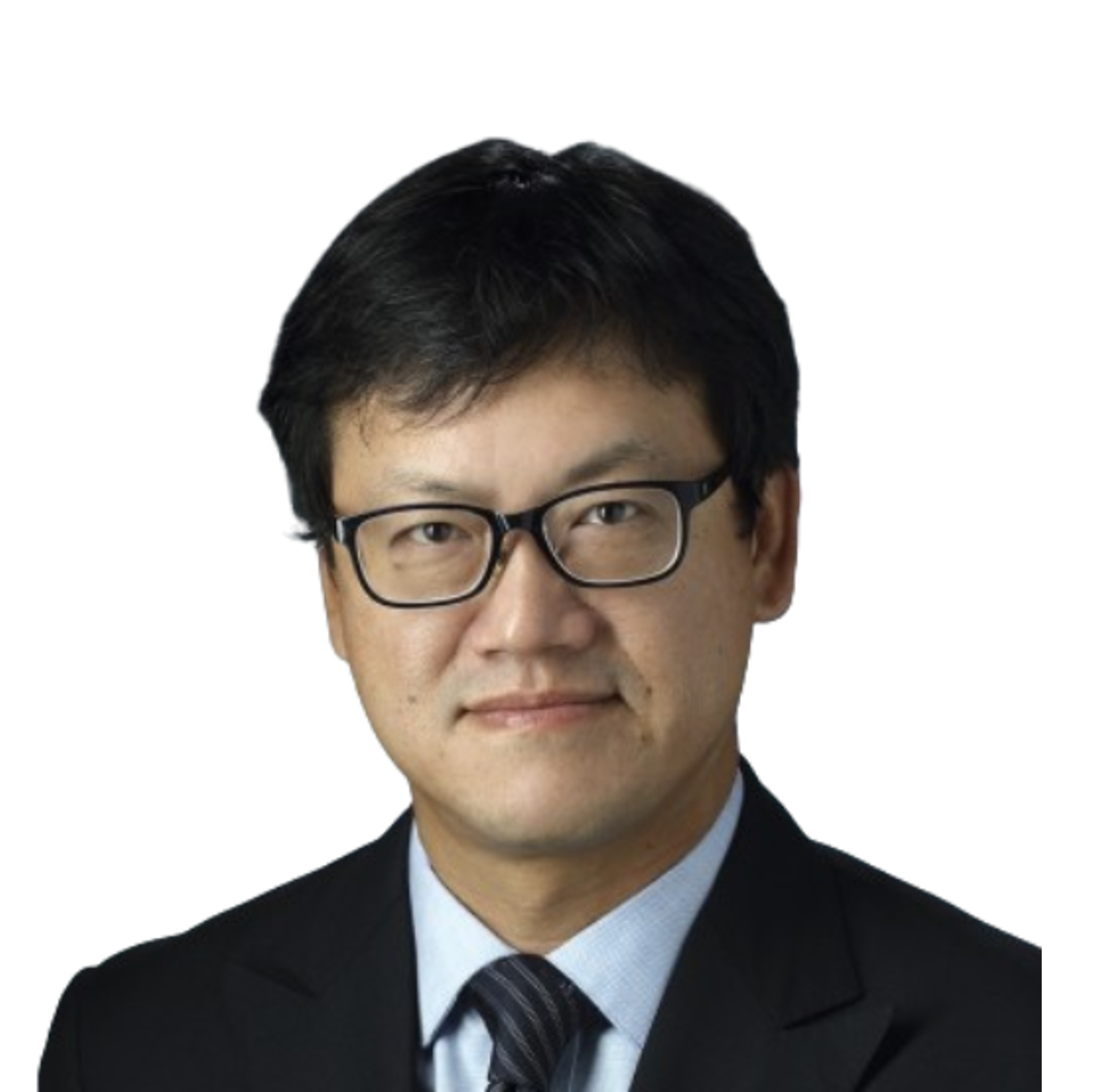
Gene and cell therapies for metabolic disease
Il Minn University of Texas Southwestern Medical Center, USA 13:40~14:00 - Panel Discussion 14:00~14:30
Chairperson(s) : Ick-Mo Chung (Ewha Womans University, Republic of Korea), Chul Kim (Inje University, Republic of Korea)
Panel(s) : Hyun-Jae Kang (Seoul National University, Republic of Korea),Jong-Chan Youn (The Catholic University of Korea, Republic of Korea), Jungeun Lee (Seoul National University, Republic of Korea), Jong Young Lee (Sungkyunkwan University, Republic of Korea)
DetailThis session will focus on comprehensive cardiac rehabilitation for patients with atherosclerotic cardiovascular disease. We will cover the effectiveness and safety of exercise therapy, dietary control, and cardiac rehabilitation programs for secondary prevention in patients with myocardial infarction, angina, stroke, and peripheral arterial disease. Beyond general exercise and dietary recommendations, Professor Ick-Mo Chung from Ewha Womans University (current President of the Korean Society of Lipid and Atherosclerosis) will discuss the significance and necessity of cardiac rehabilitation, Professor Randal J. Thomas from Mayo Clinic will present the latest insights and applications of cardiac rehabilitation program, Professor Qi Sun from Harvard Medical School will cover nutritional management strategies for cardiometabolic diseases, and Professor Kyuwan Lee from Ewha Womans University will share key insights on exercise therapy for patients with diabetes and cardiovascular disease.
-
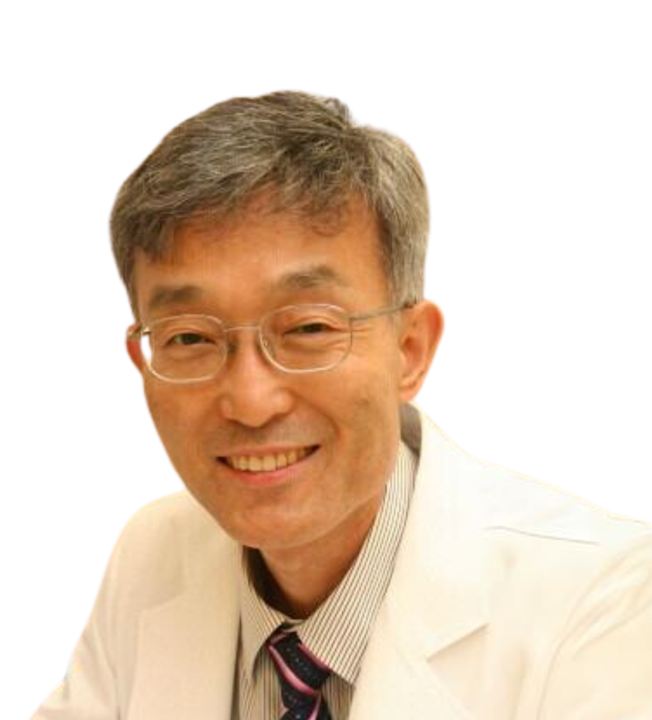
How can we recover atherosclerotic cardiovascular disease?
Ick-Mo Chung Ewha Womans University, Republic of Korea 13:00~13:15 -
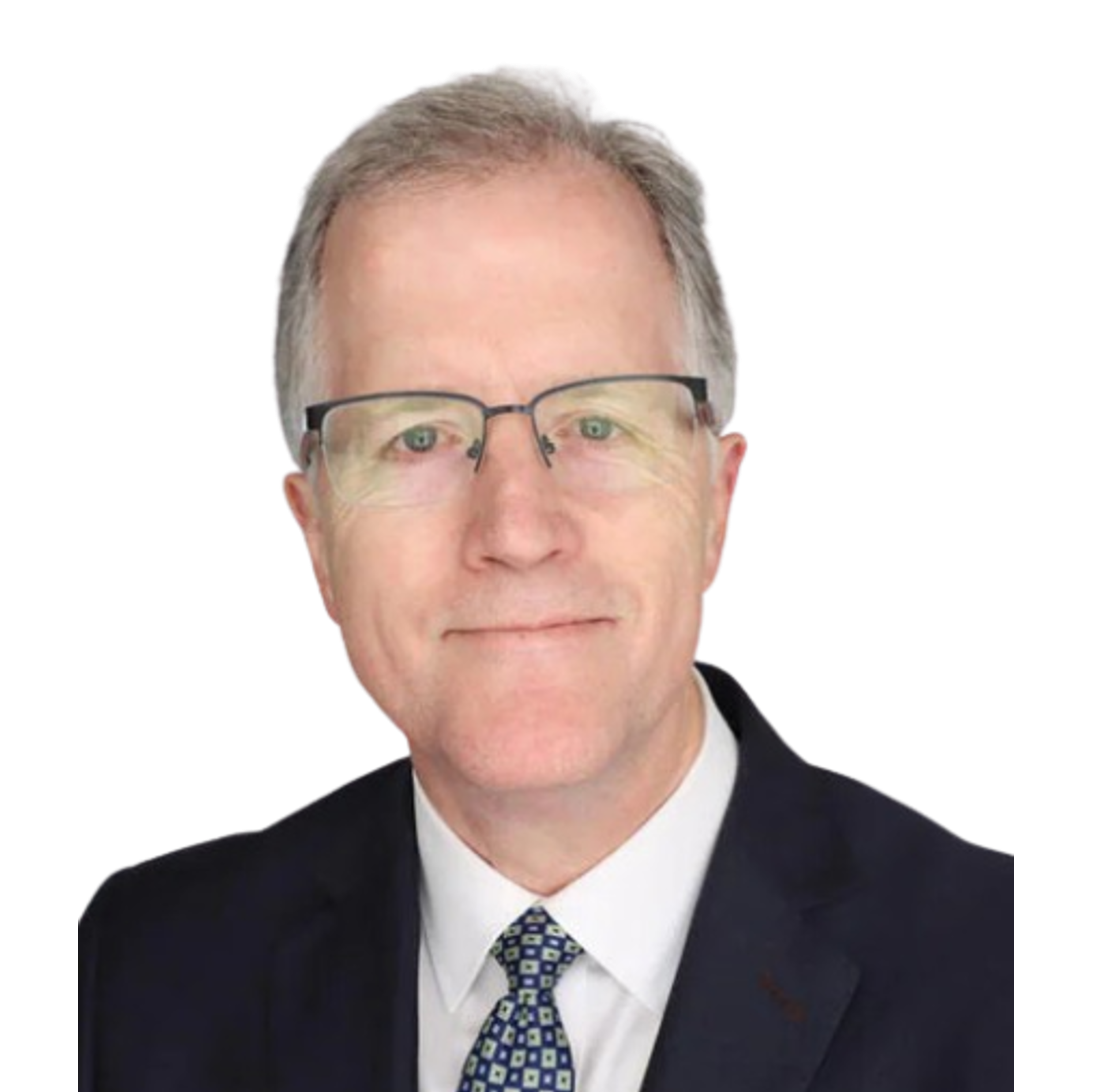
Cardiac rehabilitation: a high value therapy in need of disruptive innovation
Randal J. Thomas Mayo Clinic, USA 13:15~13:35 -
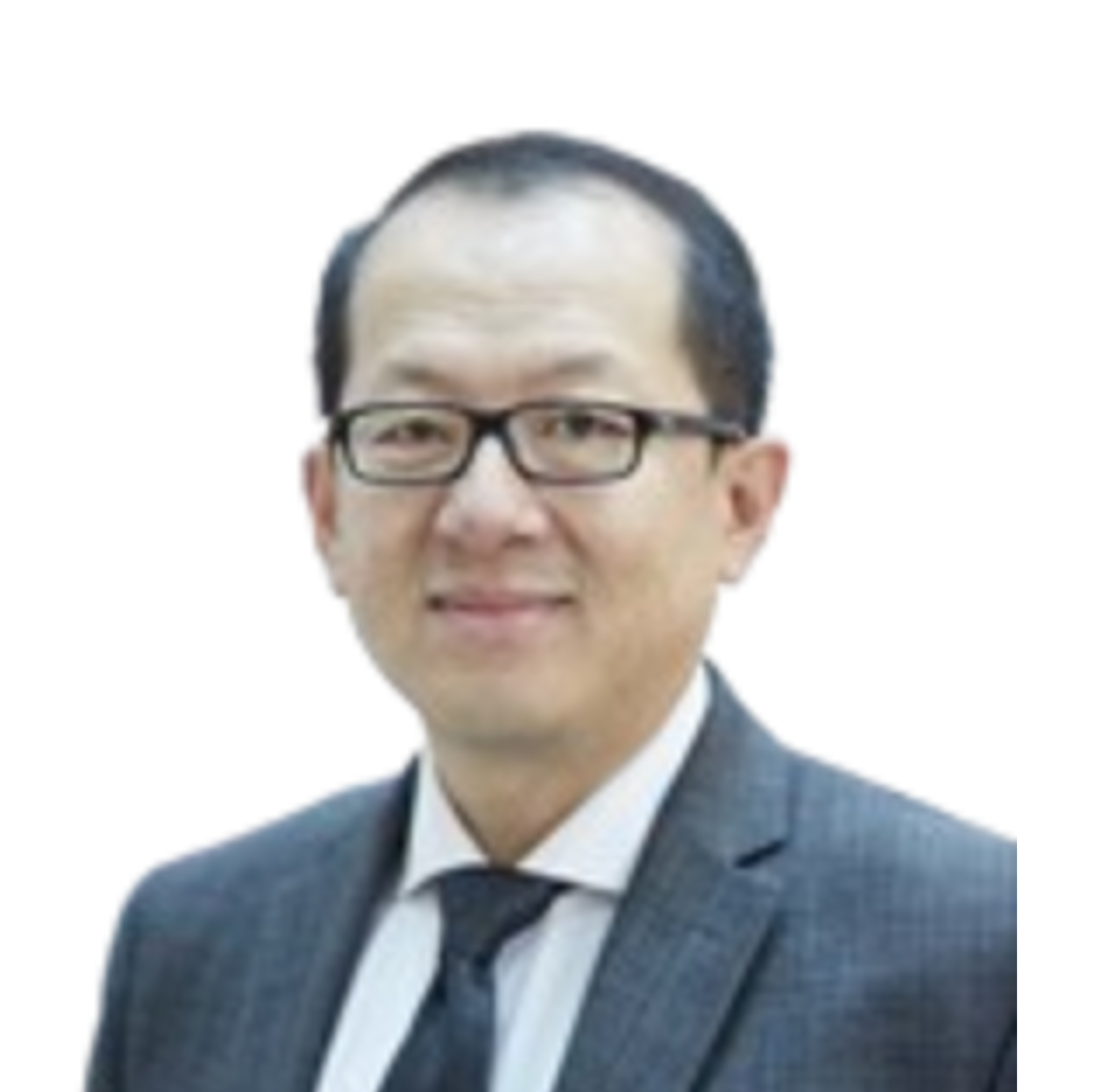
Nutritional strategies for the prevention and management of cardiometabolic conditions
Qi Sun Harvard Medical School, USA 13:35~13:55 -
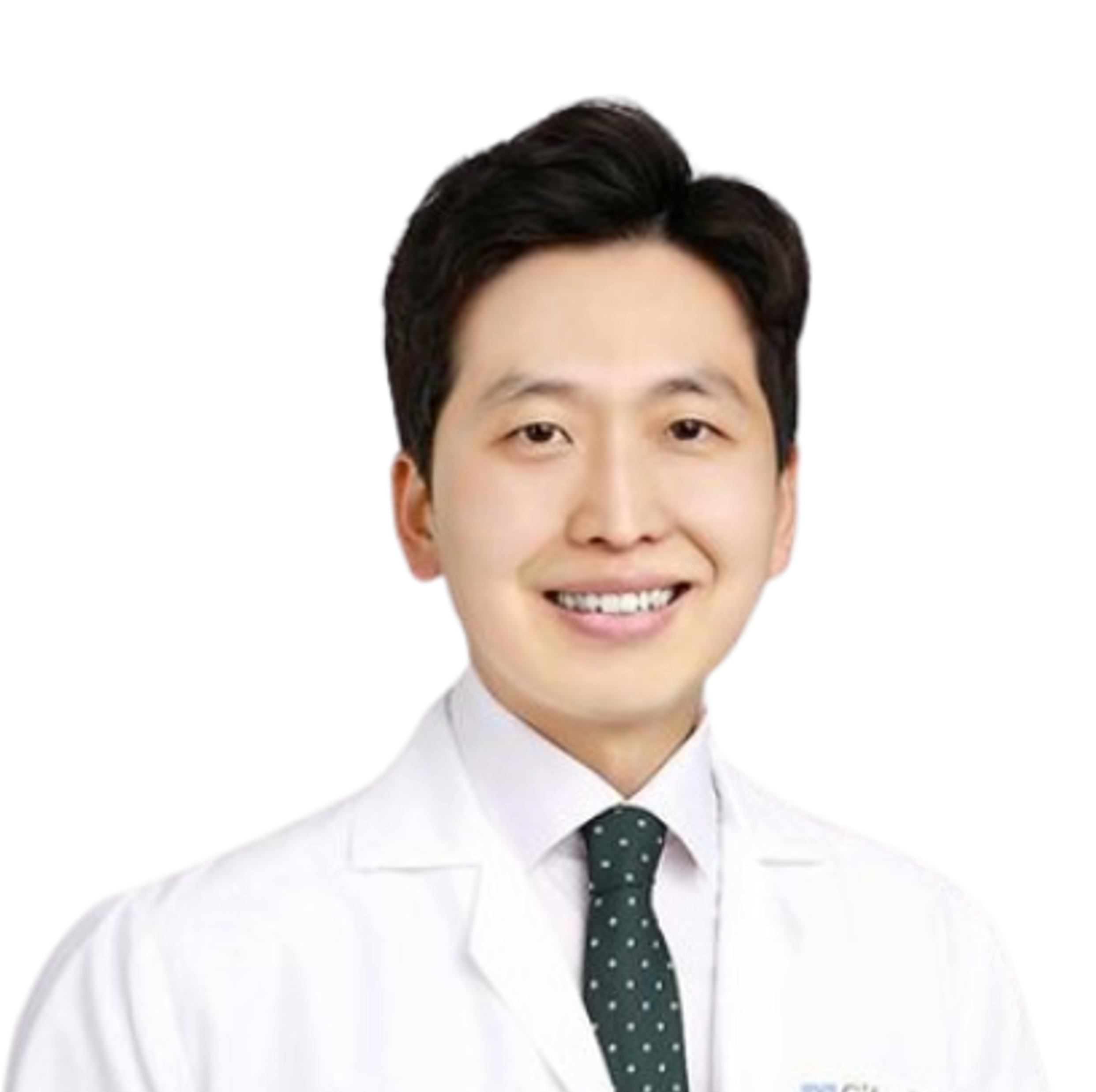
Exercise strategies for optimal cardiovascular recovery: key considerations for cardiovascular disease and type 2 diabetes
Kyuwan Lee Ewha Womans University, Republic of Korea 13:55~14:10 - Panel Discussion 14:10~14:30
Chairperson(s) : Sung Rae Kim (The Catholic University of Korea, Republic of Korea), Cheol-Young Park (Sungkyunkwan University, Republic of Korea)
Panel(s) : Yong-ho Lee (Yonsei University, Republic of Korea), Jae-Han Jeon (Kyungpook National University, Republic of Korea), Yun Kyung Cho (University Of Ulsan, Republic of Korea)
DetailMASLD, type 2 diabetes, and ASCVD are closely related and share etiology in part. MASLD and type 2 diabetes have a common underlying pathophysiology, insulin resistance, and both MASLD and type 2 diabetes are clear risk factors for ASCVD. In this session, we will have an in-depth discussion about how MASLD and type 2 diabetes are related (Professor Kyung-Soo Kim from CHA University), whether MASLD itself is an independent risk factor for ASCVD (Professor Brouwers from Maastricht University), and whether treatment of MASLD can reduce cardiovascular risk (Professor Jae Seung Lee from Yonsei University).
-

MASLD and type 2 diabetes: are they different disease entities?
Kyung-Soo Kim CHA University, Republic of Korea 13:00~13:20 -

MASLD and ASCVD: epidemiologic and genetic associations
Martijn Brouwers Maastricht University, Netherlands 13:20~13:40 -
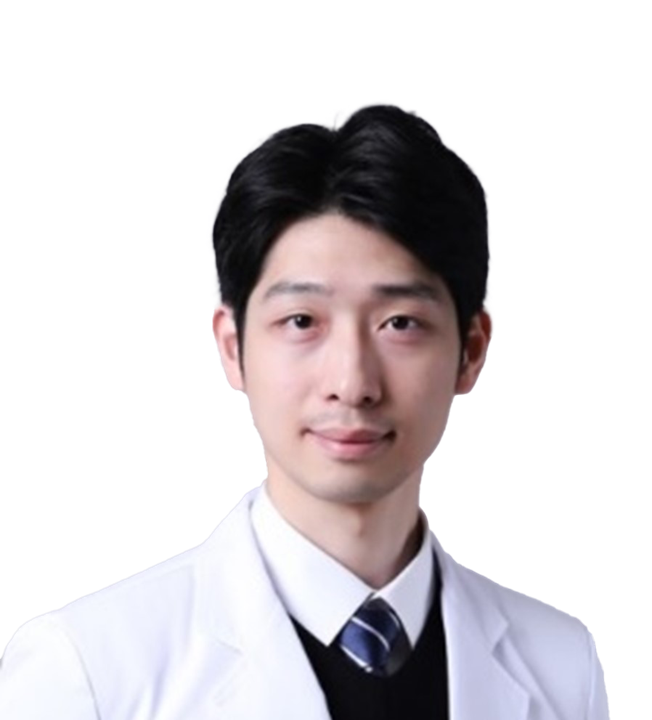
Does targeting MASLD reduce cardiovascular risk?
Jae Seung Lee Yonsei University, Republic of Korea 13:40~14:00 - Panel Discussion 14:00~14:30
Chairperson(s) : Khamis Al Hashmi (Sultan Qaboos University, Oman), Seonghoon Choi (Hallym University, Republic of Korea)
Panel(s) : Kyuho Kim (The Catholic University of Korea, Republic of Korea), Sang Min Park (Eulji University, Republic of Korea), Minjae Yoon (Seoul National University, Republic of Korea)
DetailThis session is a joint session of the Oman Society of Lipid and Atherosclerosis (OSLA) and the Korean Society of Lipid and Atherosclerosis (KSoLA) and will be held under the theme "Addressing Unmet Needs Among High-Risk Patients With Atherosclerotic Cardiovascular Disease With Novel Lipid-Lowering Therapies". The session will feature in-depth presentations and discussions on the need for novel lipid-lowering therapies in high-risk patients, with speakers from Oman and Korea. In particular, the President and Vice President of OSLA will present the latest findings on residual risk in diabetic patients and unmet needs in familial hypercholesterolemia in Oman and the Middle East. This session aims to provide insight into the current status and characteristics of lipid atherosclerosis in Korea and Oman. Despite being located in the same region of Asia, these two countries differ significantly in terms of geography, society, and culture. This discussion will be highly valuable for the exchange of knowledge on lipid atherosclerosis between Korea and Oman.
-
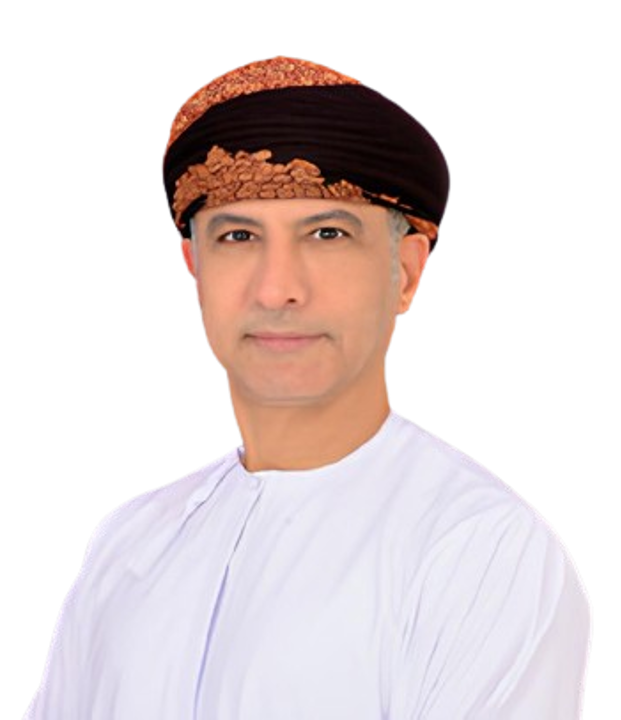
Addressing residual risk in diabetes in the Gulf Region
Khalid Al Rasadi Sultan Qaboos University, Oman 13:00~13:20 -
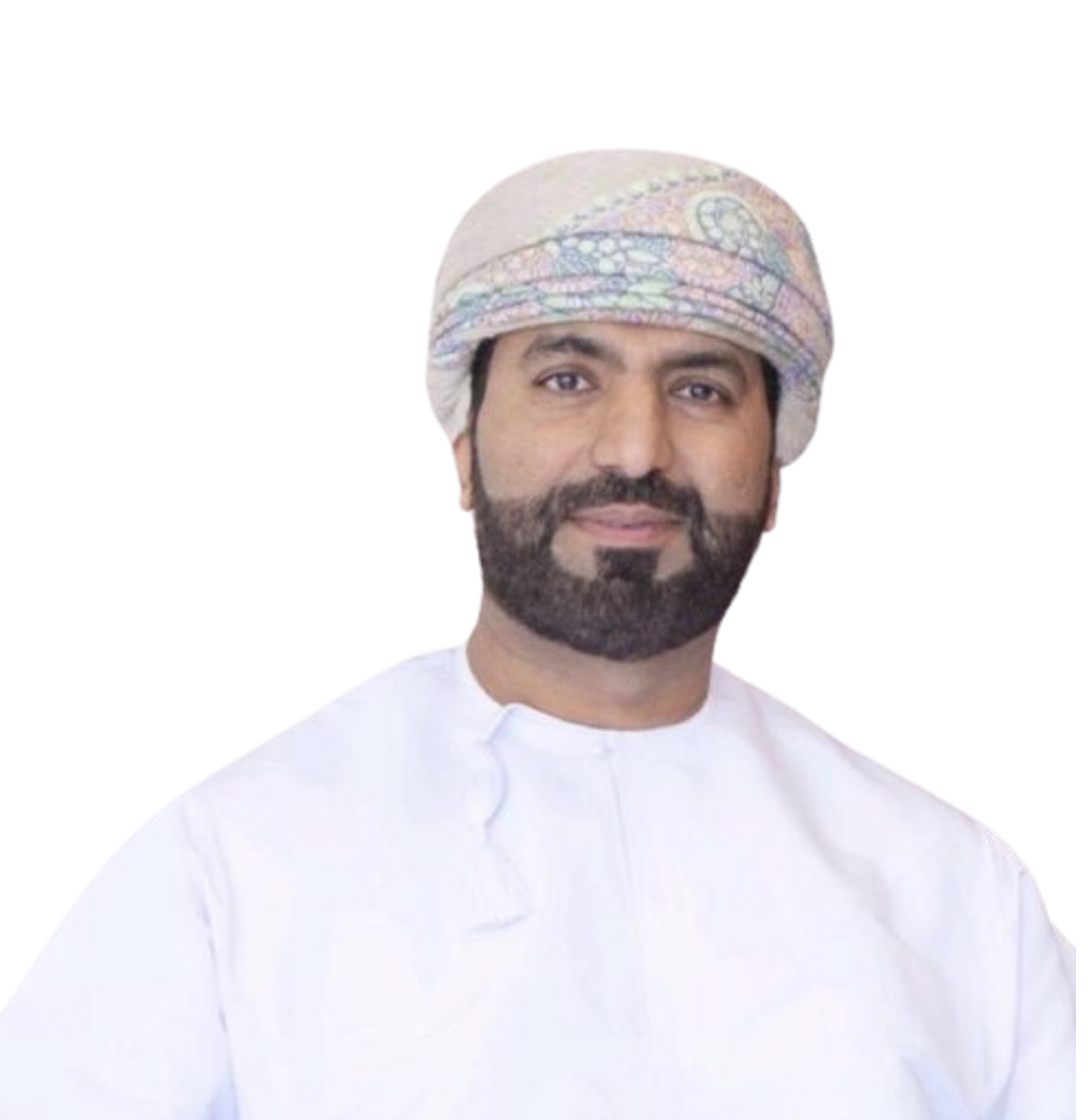
Addressing unmet needs in familial hypercholesterolemia in Oman
Khalid Al Waili Sultan Qaboos University, Oman 13:20~13:40 -
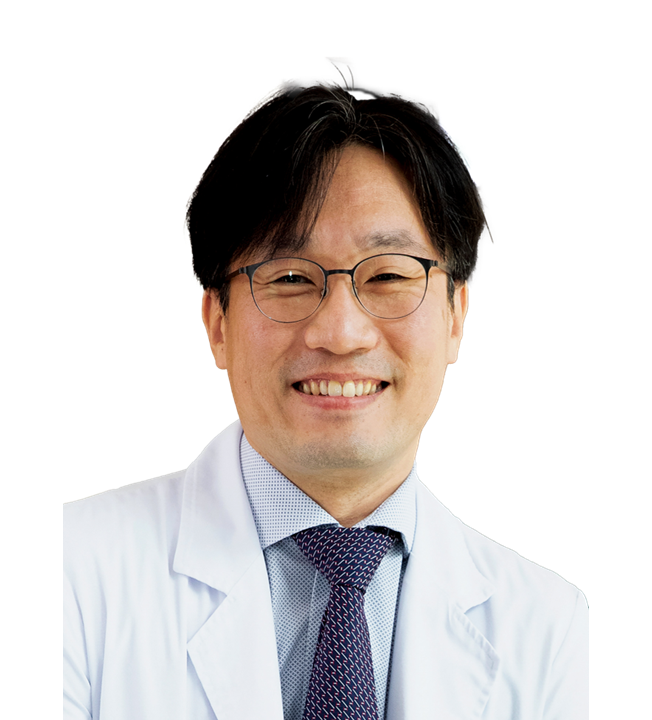
Anti-inflammatory therapeutics for atherosclerosis: beyond LDL-C lowering
Nam Hoon Kim Korea University, Republic of Korea 13:40~14:00 - Panel Discussion 14:00~14:30
Chairperson(s) : Ki Hoon Han (University Of Ulsan, Republic of Korea)
DetailLipoprotein(a) is a significant genetic risk factor for cardiovascular diseases, and guidelines recommend it be measured at least once in a lifetime for all adults to assess individual cardiovascular risk. Professor Børge Nordestgaard from the University of Copenhagen will deliver a lecture in this session. Professor Nordestgaard has played a pivotal role in the recognition of lipoprotein(a) as a risk factor for cardiovascular disease, aortic valve calcification, and stenosis through his extensive research on biochemical and genetic biomarkers. His work has significantly contributed to guidelines for managing dyslipidemias, including lipoprotein(a), triglycerides, and familial hypercholesterolemia. This session will provide an overview of key findings from observational and genetic studies on lipoprotein(a) in the context of cardiovascular disease, discuss clinical applications, and explore novel therapeutic targets involving lipoprotein(a).
Chairperson(s) : Ick-Mo Chung (Ewha Womans University, Republic of Korea), Jaetaek Kim (Chung-Ang University, Republic of Korea)
Chairperson(s) : Georges Grau (The University of Sydney, Australia), Hyuk-Sang Kwon(The Catholic University of Korea, Republic of Korea)
Panel(s) : Jin Hwa Kim (Chosun University, Republic of Korea), Jang Won Son (The Catholic University of Korea, Republic of Korea), Eun-Hee Cho (Kangwon National University, Republic of Korea)
DetailThis session is a joint symposium organized by the Australian Atherosclerosis Society (MS) and the Korean Society of Lipid and Atherosclerosis (KSoLA), focusing on vascular abnormalities related to diabetes. The session will feature presentations by three distinguished professors on different topics. First, Professor Judy de Haan from the Baker Heart and Diabetes Institute in Australia will give a lecture on "Targeting Inflammation to lessen diabetes-associated cardiovascular complications." This presentation will cover strategies for controlling inflammation to improve cardiovascular health in diabetic patients. The second speaker is Professor Jae-Han Jeon from Kyungpook National University in Korea, who will present on "Diabetic Nephropathy and Endothelial Dysfunction." This presentation will delve into the kidney diseases caused by diabetes and the changes in endothelial cell function associated with it. Lastly, Professor Georges Grau from the University of Sydney in Australia will present an intriguing case study on "Vascular dysfunction in cerebral malaria: a peculiar case of immuno-thrombosis, underpinned by extracellular vesicles," focusing on immunopathology related to extracellular vesicles. This presentation will explore vascular changes in the brain during malaria infection, discussing the related immune responses and pathological mechanisms. We hope this session will provide an opportunity to explore and discuss various vascular abnormalities in diabetes.
-

Targeting inflammation to lessen diabetes-associated cardiovascular complications
Judy de Haan Baker Heart and Diabetes Institute, Australia 16:50~17:10 -
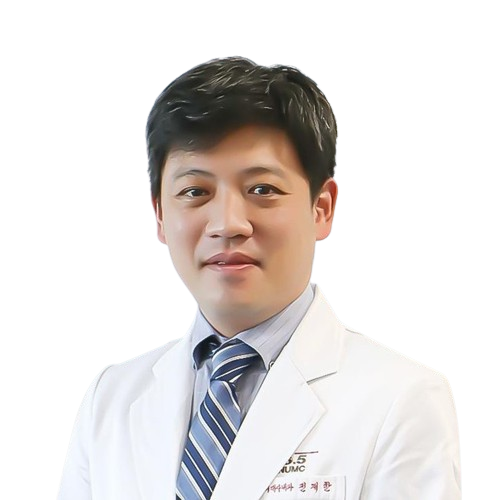
Endothelial dysfunction in diabetic kidney disease
Jae-Han Jeon Kyungpook National University, Republic of Korea 17:10~17:30 -
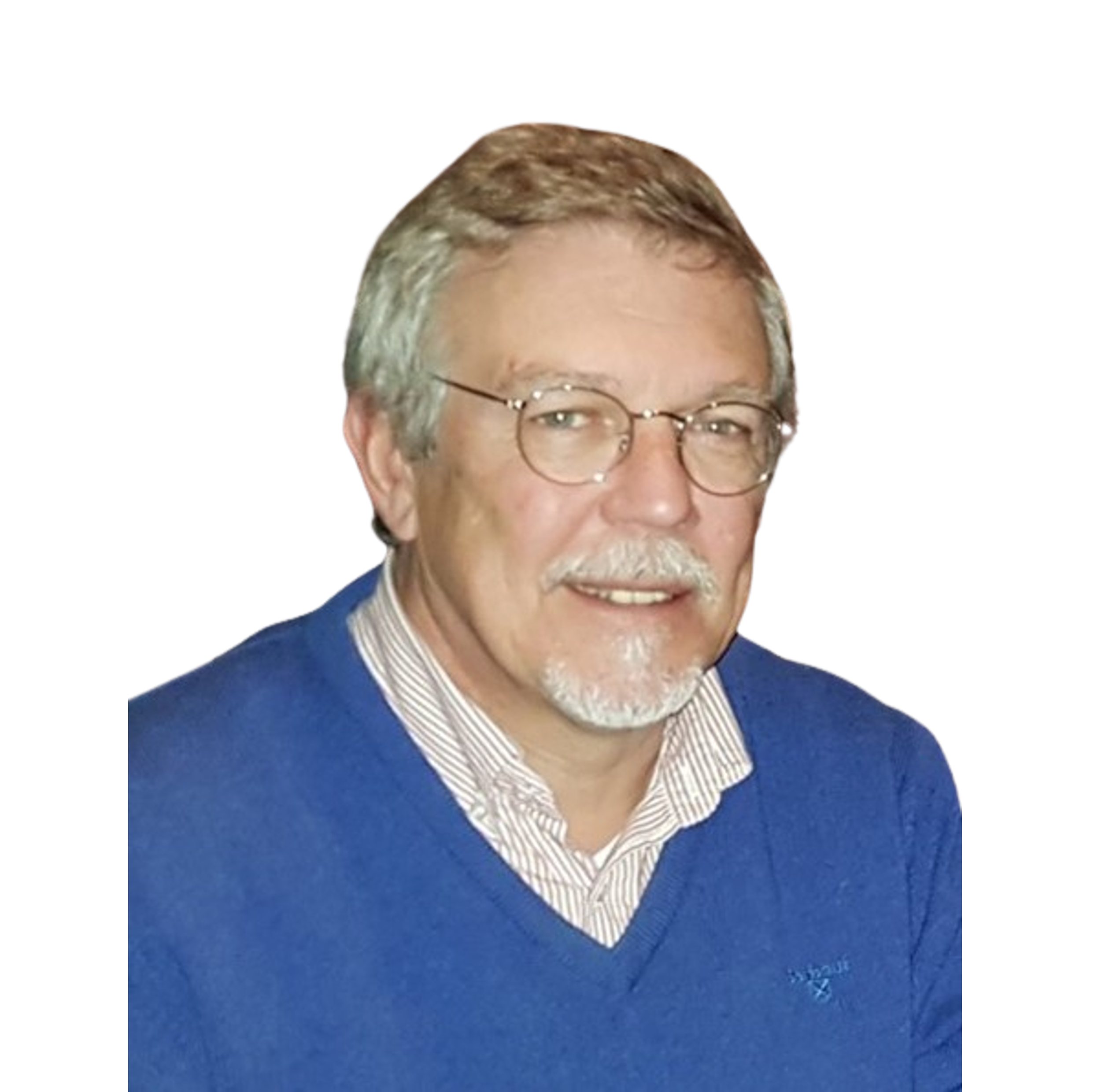
Vascular dysfunction in cerebral malaria: a peculiar case of immuno-thrombosis, underpinned by extracellular vesicles
Georges Grau The University of Sydney, Australia 17:30~17:50 - Panel Discussion 17:50~18:20
Chairperson(s) : Min-Jeong Shin (Korea University, Republic of Korea), Oh Yoen Kim (Dong-A University, Republic of Korea)
Panel(s) : Minjoo Kim (Hannam University, Republic of Korea), Kyong Park (Yeungnam University, Republic of Korea), Jeong-Hwa Choi (Keimyung University, Republic of Korea)
DetailThis session will present the latest research on dietary factors influencing cardiometabolic health. Professor Jung Eun Kim from the National University of Singapore will discuss the impact of consuming foods rich in carotenoids on promoting healthy dietary patterns and cardiovascular protection. Following this, Professor Bohkyung Kim from Pusan National University will introduce the latest findings from experiments on dietary interventions to improve cardiometabolic health, providing insights into current perspectives. Lastly, Professor Qi Sun from Harvard University will comprehensively illuminate the effects of plant-based diets on cardiometabolic health and engage in profound discussions on related topics. This session will explore the significant role of dietary choices in cardiovascular health through diverse research outcomes, offering valuable research insights to participants.
-
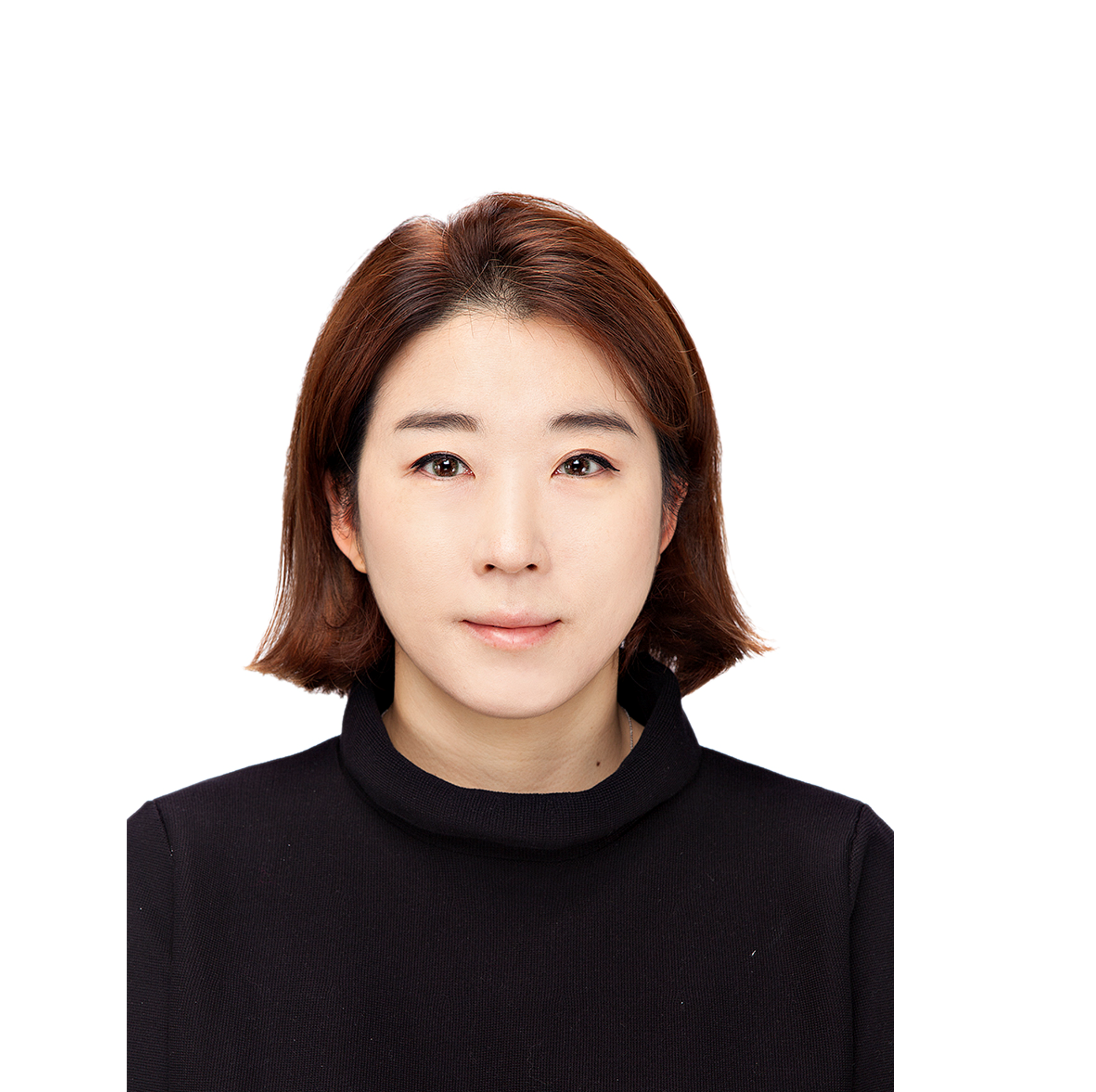
Cardiovascular protective effects of a healthy dietary pattern with carotenoids rich food consumption
Jung Eun Kim National University of Singapore, Singapore 16:50~17:10 -

Insights into dietary polyphenols in disorders of lipid metabolism
Bohkyung Kim Pusan National University, Republic of Korea 17:10~17:30 -

Plant-based diets and human cardiometabolic health
Qi Sun Harvard Medical School, USA 17:30~17:50 - Panel Discussion 17:50~18:20
Chairperson(s) : Hyun-Jae Kang (Seoul National University, Republic of Korea), Min Kyong Moon (Seoul National University, Republic of Korea)
Panel(s) : Yeoree Yang (The Catholic University of Korea, Republic of Korea), Youngwoo Jang (Gachon University, Republic of Korea), Chang Hee Jung (University of Ulsan, Republic of Korea)
DetailThis session will be a joint endeavor between the Malaysian Society of Atherosclerosis and the Korean Society of Lipid and Atherosclerosis (KSoLA), focusing on the metabolic aspects of atherosclerosis. The first speaker, Professor Yoon Kyung Cho from University of Ulsan, will present the latest research on the relationship between metabolites, organ crosstalk, and atherosclerosis. The second speaker, Professor Kyung Mook Choi from Korea University, will discuss the impact of various organokines on atherosclerosis. Lastly, Professor Lim Lee-Ling from University Malaya Medical Centre will address the topics of metabolic-associated fatty liver disease, obesity, and atherosclerosis. Given the recent epidemiological findings that highlight diabetes, obesity, and metabolic-associated fatty liver disease as major contributors to atherosclerosis, we anticipate that this session will be highly beneficial for all attendees.
-
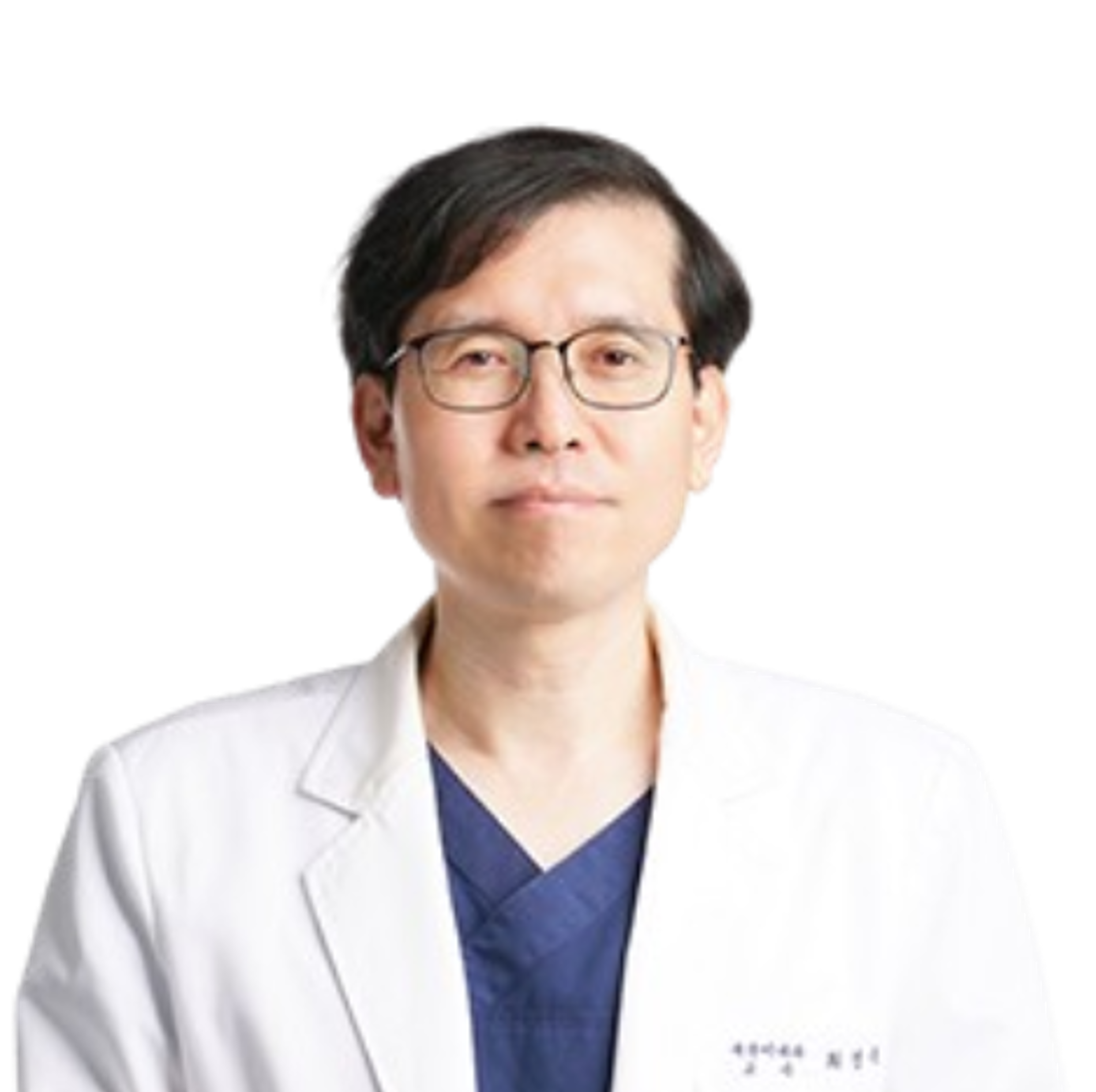
Organokines and atherosclerosis
Kyung Mook Choi Korea University, Republic of Korea 16:50~17:10 -
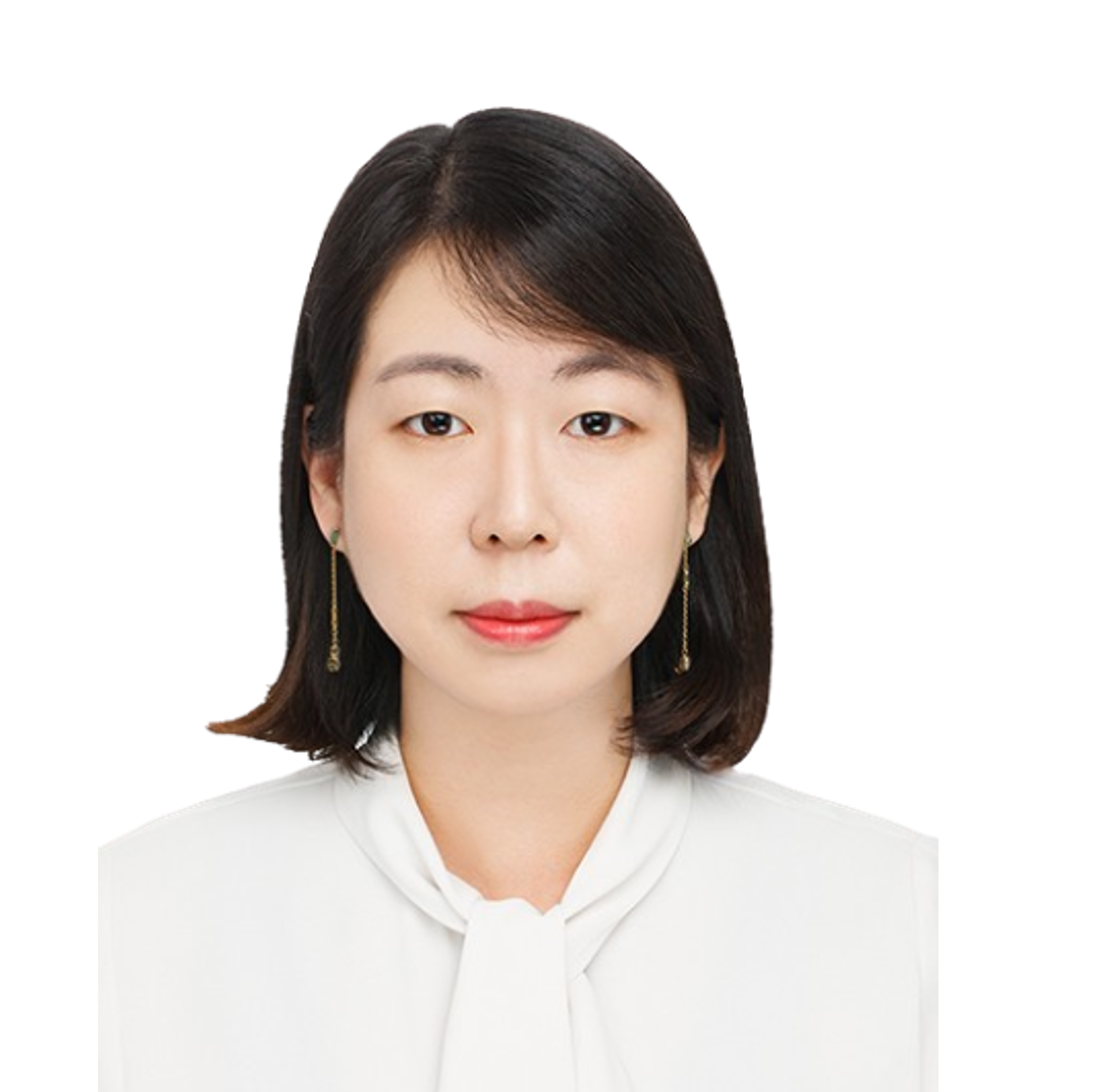
Ectopic fat dynamics: unraveling the interplay between myosteatosis and cardiometabolic health
Yun Kyung Cho University Of Ulsan, Republic of Korea 17:10~17:30 -
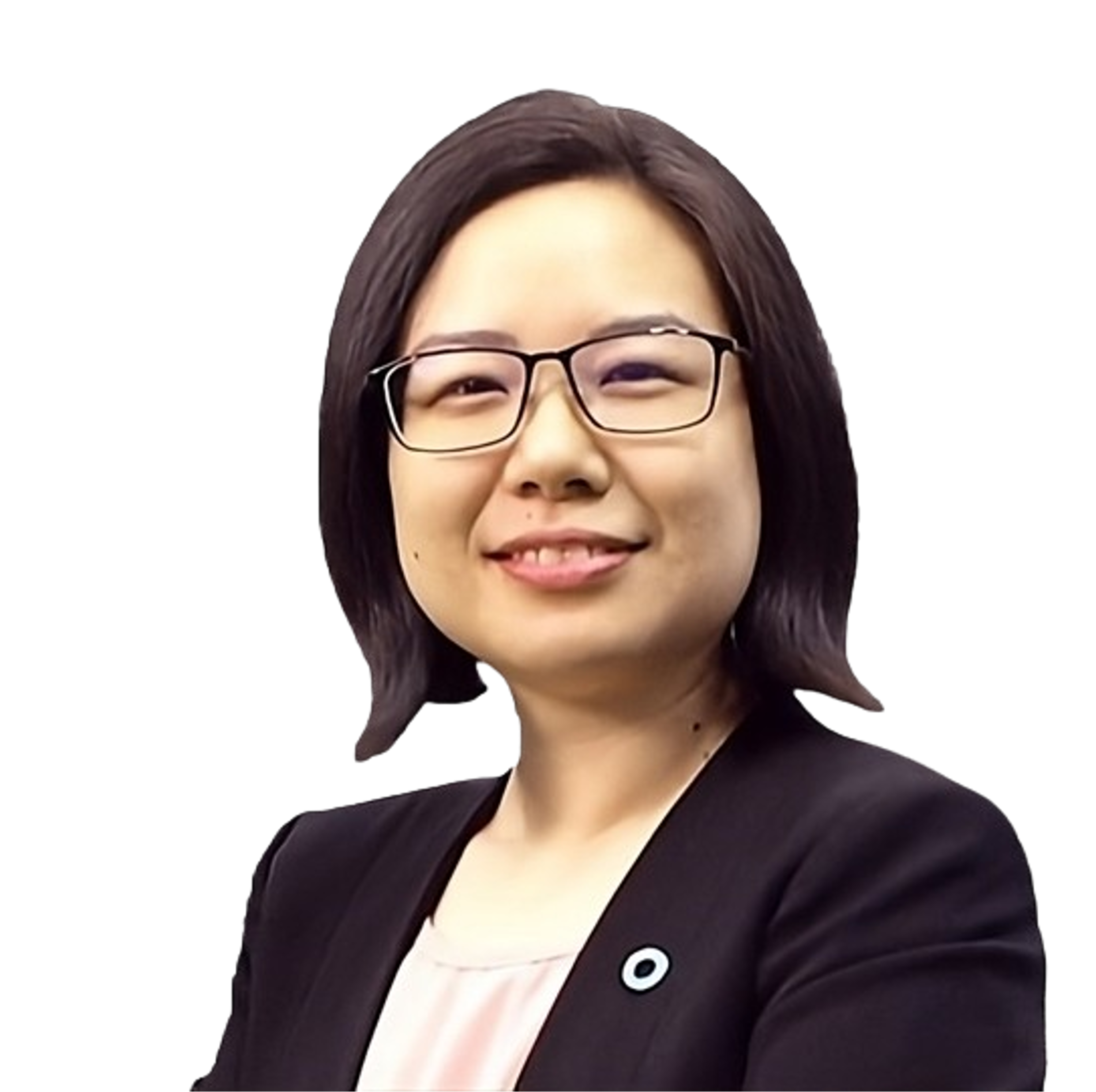
MASLD, obesity and atherosclerosis
Lee-Ling Lim University Malaya Medical Centre, Malaysia 17:30~17:50 - Panel Discussion 17:50~18:20
Chairperson(s) : Shung Chull Chae (Kyungpook National University, Republic of Korea)
Panel(s) : Jee Hee Yoo (Chung-Ang University, Republic of Korea), Dae Young Cheon (Hallym University, Republic of Korea)
Chairperson(s) : Hong Seog Seo (Seoul Red Cross Hospital, Republic of Korea)
Panel(s) : Kyu-Yong Ko (Inje University, Republic of Korea), Minyoung Lee (Yonsei University, Republic of Korea)
Chairperson(s) : Ung Kim (Yeungnam University, Republic of Korea)
Panel(s) : Joon Ho Moon (Seoul National University, Republic of Korea), Jung-Joon Cha (Korea University, Republic of Korea)
Chairperson(s) : Keeho Song (Konkuk University, Republic of Korea)
Panel(s) : Minkwan Kim (Yonsei University, Republic of Korea), Joonyub Lee (The Catholic University of Korea, Republic of Korea)
Chairperson(s) : Jung-Hyun Noh (Inje University, Republic of Korea), Byung-Wan Lee (Yonsei University, Republic of Korea),
Panel(s) : Shinae Kang (Yonsei University, Republic of Korea), Osung Kwon (The Catholic University of Korea, Republic of Korea), Dae Young Cheon (Hallym University, Republic of Korea)
DetailThe joint symposium with the Japan Atherosclerosis Society (JAS) will explore cutting-edge advancements in incretin-based multi-agonist therapies for cardiometabolic disorders. Three distinguished speakers will share their expertise on this crucial topic. Professor Yasuo Terauchi from Yokohama City University, Japan, will discuss the efficacy and safety of tirzepatide, a GIP and GLP-1 dual agonist, in type 2 diabetes. Professor Chang Hee Jung from the University of Ulsan, Republic of Korea, will delve into the implications of GLP-1/GIP therapies for atherosclerotic cardiovascular disease (ASCVD). Professor Yong-ho Lee from Yonsei University, Republic of Korea, will elucidate the potential mechanisms underlying GLP-1/GIP therapies. This session promises to provide a comprehensive overview of the latest developments in multi-agonist therapies, their clinical applications, and their potential to revolutionize cardiometabolic disease treatment.
-
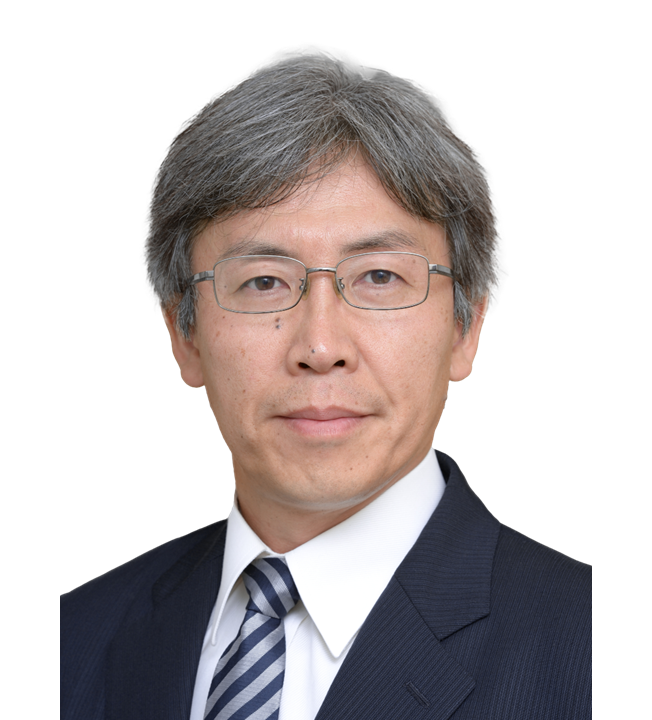
Efficacy and safety of tirzepatide, a GIP and GLP-1 dual agonist, in persons with type 2 diabetes
Yasuo Terauchi Yokohama City University, Japan 08:50~09:10 -
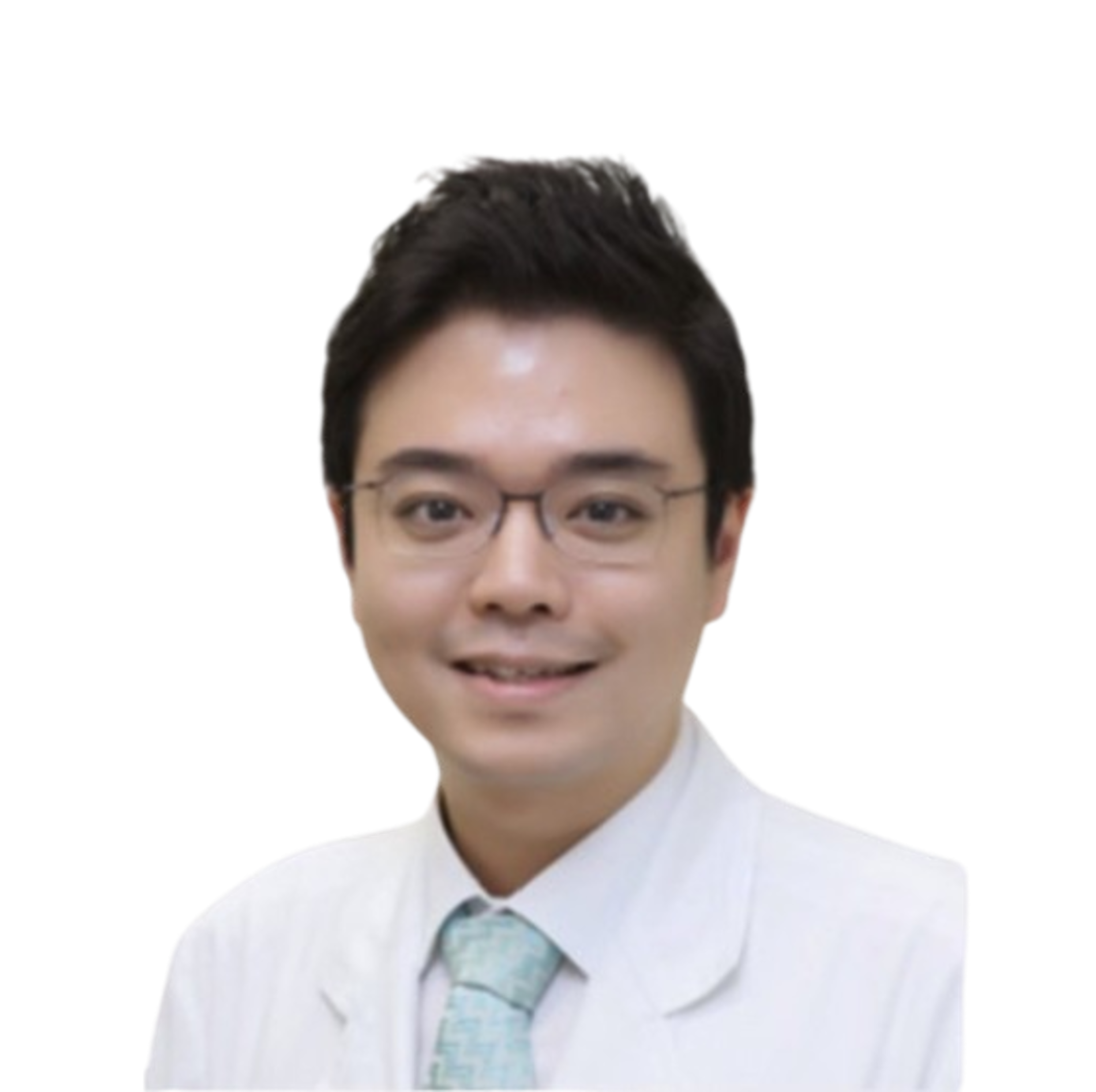
Upcoming multi-agonists for cardio-metabolic disease
Chang Hee Jung University of Ulsan, Republic of Korea 09:10~09:30 -
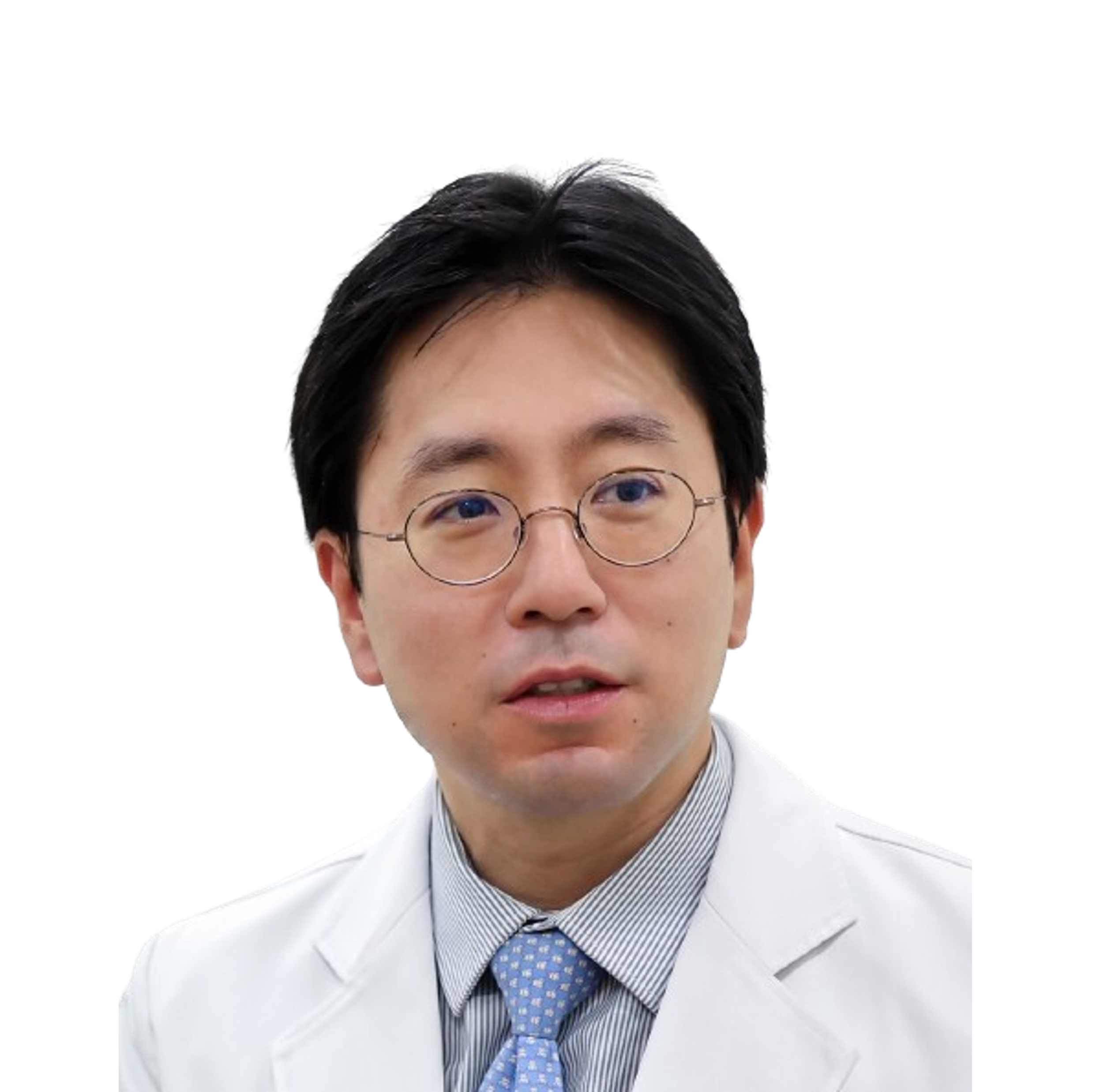
A potential mechanism of a dual GLP-1/GIP receptor agonist
Yong-ho Lee Yonsei University, Republic of Korea 09:30~09:50 - Panel Discussion 09:50~10:20
Chairperson(s) : Joerg Heeren (University of Hamburg, Germany), Young Mi Park (Ewha Womans University, Republic of Korea)
Panel(s) : Yun-Hee Lee (Seoul National University, Republic of Korea), Jae-Han Jeon (Kyungpook National University, Republic of Korea), Su Myung Jung (Sungkyunkwan University, Republic of Korea)
DetailRecently, there has been a surge in efforts to find solutions to metabolic disease treatment strategies from adipose tissue biology, such as systematically establishing the hallmarks of adipose tissue dysfunction in the development of metabolic diseases. This session will focus on the latest research on the biological functions of adipose tissue and adipocytes, conducted from various perspectives. Professor Jae Myoung Suh from KAIST will present a study on new regulatory mechanisms of fuel metabolism in adipose tissue from RNA biology perspective. Professor Motoharu Awazawa from National Center for Global Health and Medicine (NCGM) will discuss the effects of new antidiabetic drugs on system-level metabolic physiology including adipose tissues. Professor Kae Won Cho from Soonchunhyang University (SIMS) will discuss the new pathophysiological roles of adipose dendritic cells in metabolic diseases.
-
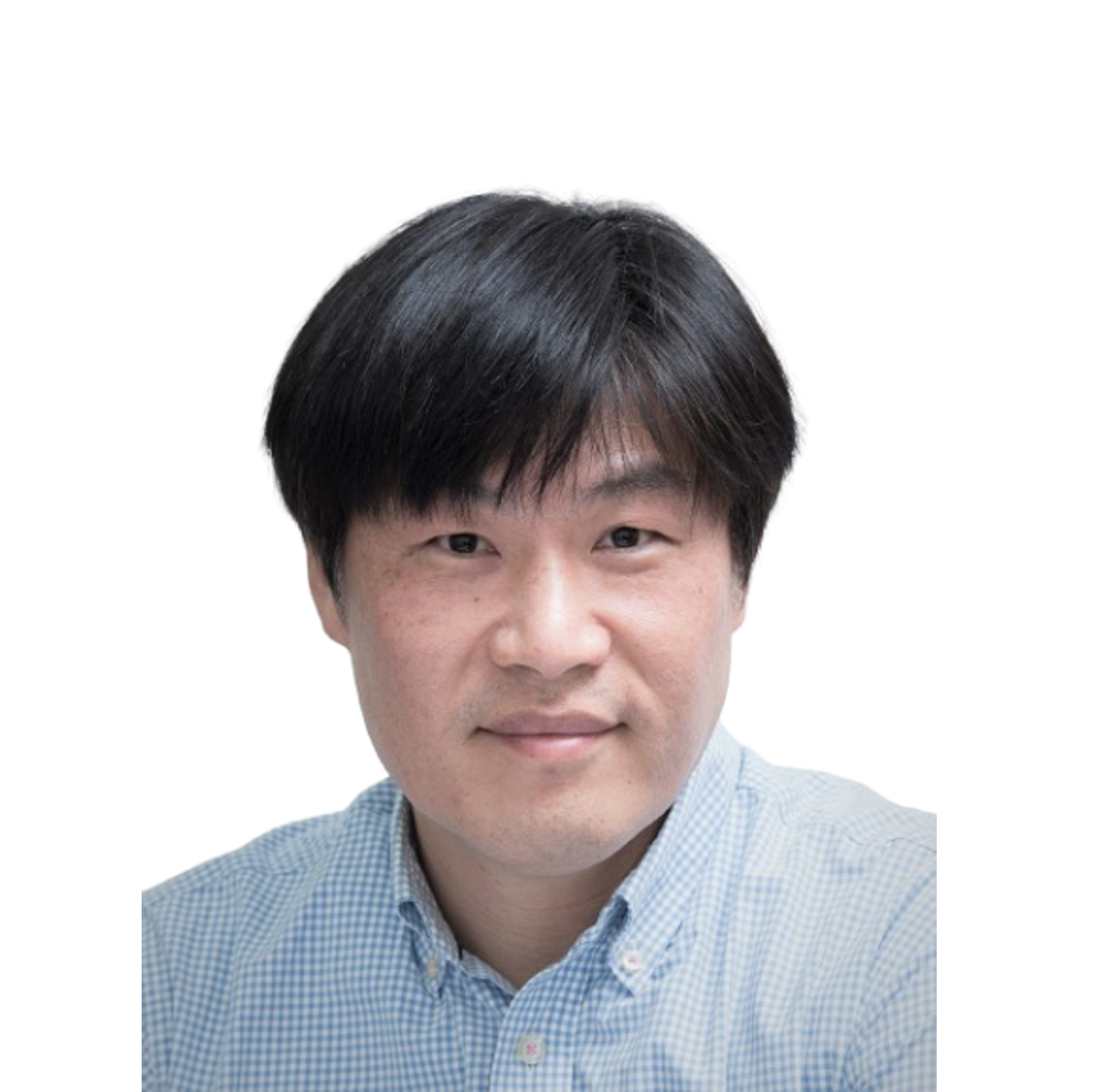
Cold-activated HuR fuels brown fat thermogenesis via fatty acid utilization
Jae Myoung Suh KAIST, Republic of Korea 08:50~09:10 -
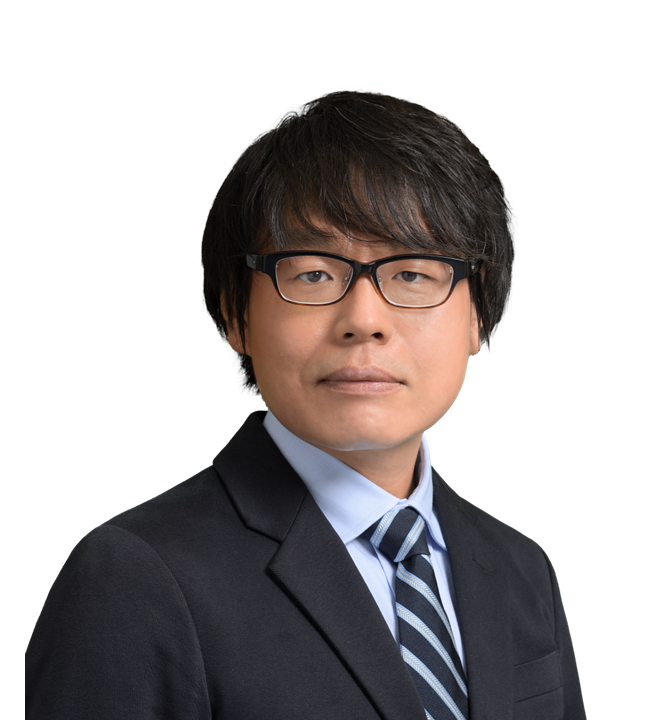
Targets of a novel anti-diabetic drug Imeglimin
Motoharu Awazawa National Center for Global Health and Medicine (NCGM), Japan 09:10~09:30 -
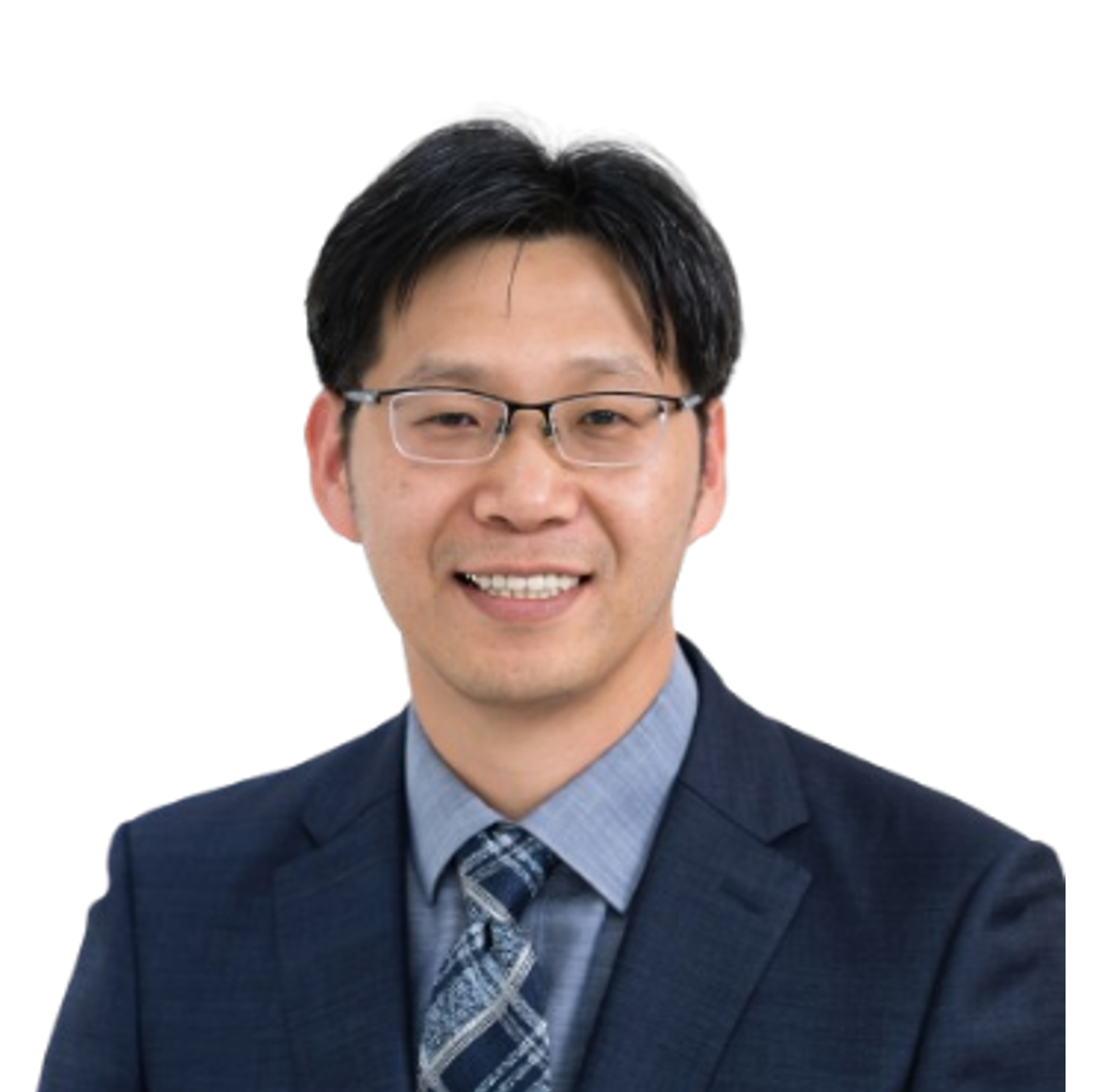
Role of obesogenic memory in obesity-related cardiovascular diseases
Kae Won Cho Soonchunhyang University, Republic of Korea 09:30~09:50 - Panel Discussion 09:50~10:20
Chairperson(s) : Hye Young Kim (Yong In University, Republic of Korea), Jeongseon Kim (National Cancer Center, Republic of Korea)
Panel(s) : Yuri Kim (Ewha Womans University, Republic of Korea), Jun Hwan Cho (Chung-Ang University, Republic of Korea)
-
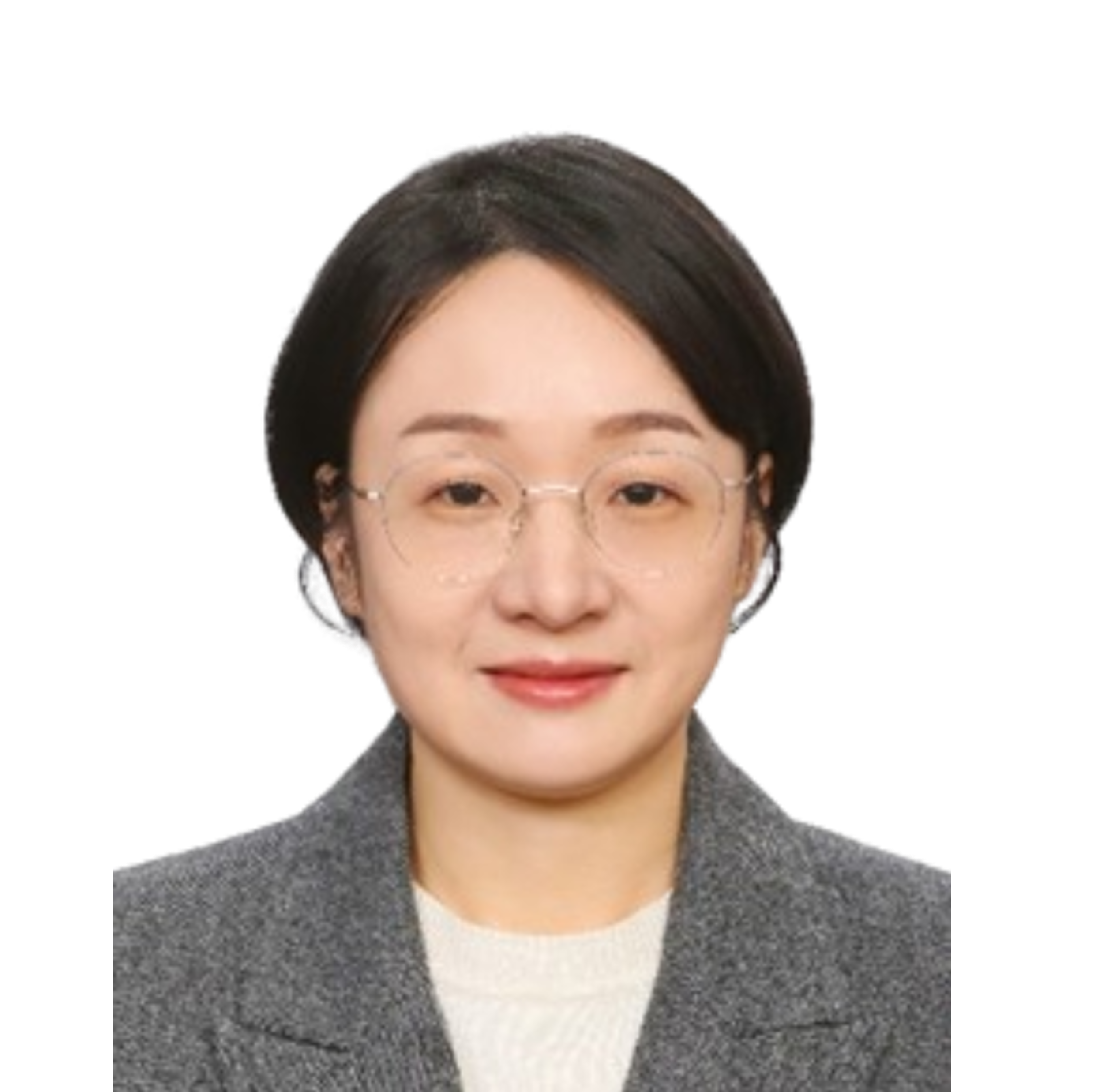
Associations of dietary lipid intake with cardiovascular disease in Koreans based on nutritional epidemiology studies
Jung Hyun Kwak Inje University, Republic of Korea 08:50~09:10 -

Fat intake and atherosclerotic cardiovascular diseases
Youngwoo Jang Gachon University, Republic of Korea 09:10~09:30 -
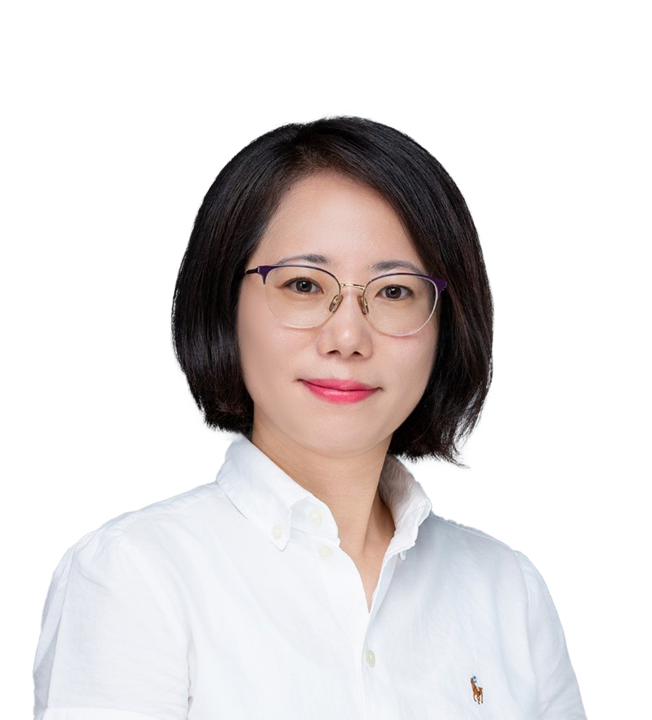
Dietary advanced glycation end products and vascular function
Yoona Kim Gyeongsang National University, Republic of Korea 09:30~09:50 - Panel Discussion 09:50~10:20
Chairperson(s) : Kyong Soo Park (Konkuk University, Republic of Korea), Donghoon Choi (Yonsei University, Republic of Korea)
Panel(s) : Yoo-Wook Kwon (Seoul National University, Republic of Korea), Seung-Hwan Lee (The Catholic University of Korea, Republic of Korea), Kyung-Sun Heo (Chungnam National University, Republic of Korea)
DetailAmong the pathophysiological aspects of atherosclerosis, a traditionally overlooked factor is the biomechanical factors such as shear stress. This session aims to address these biomechanical factors. The first speaker, Professor Chang-Hoon Woo from Yeungnam University, will summarize the molecular biological mechanisms of how shear stress on endothelial cells is related to atherosclerosis. The second speaker, Professor Hanjoong Jo from Emory University, will present his recent achievements on flow-mediated reprogramming in endothelial cells. Finally, Professor Kwan Yong Lee from the Department of Cardiology at the Catholic University of Korea will introduce his research on how atherosclerosis progresses rapidly and develops into a disease through plaque and hemodynamic analysis in patients. This session is expected to help us understand and recognize the importance of the impact of biomechanical factors on atherosclerosis, which has been overlooked until now.
-
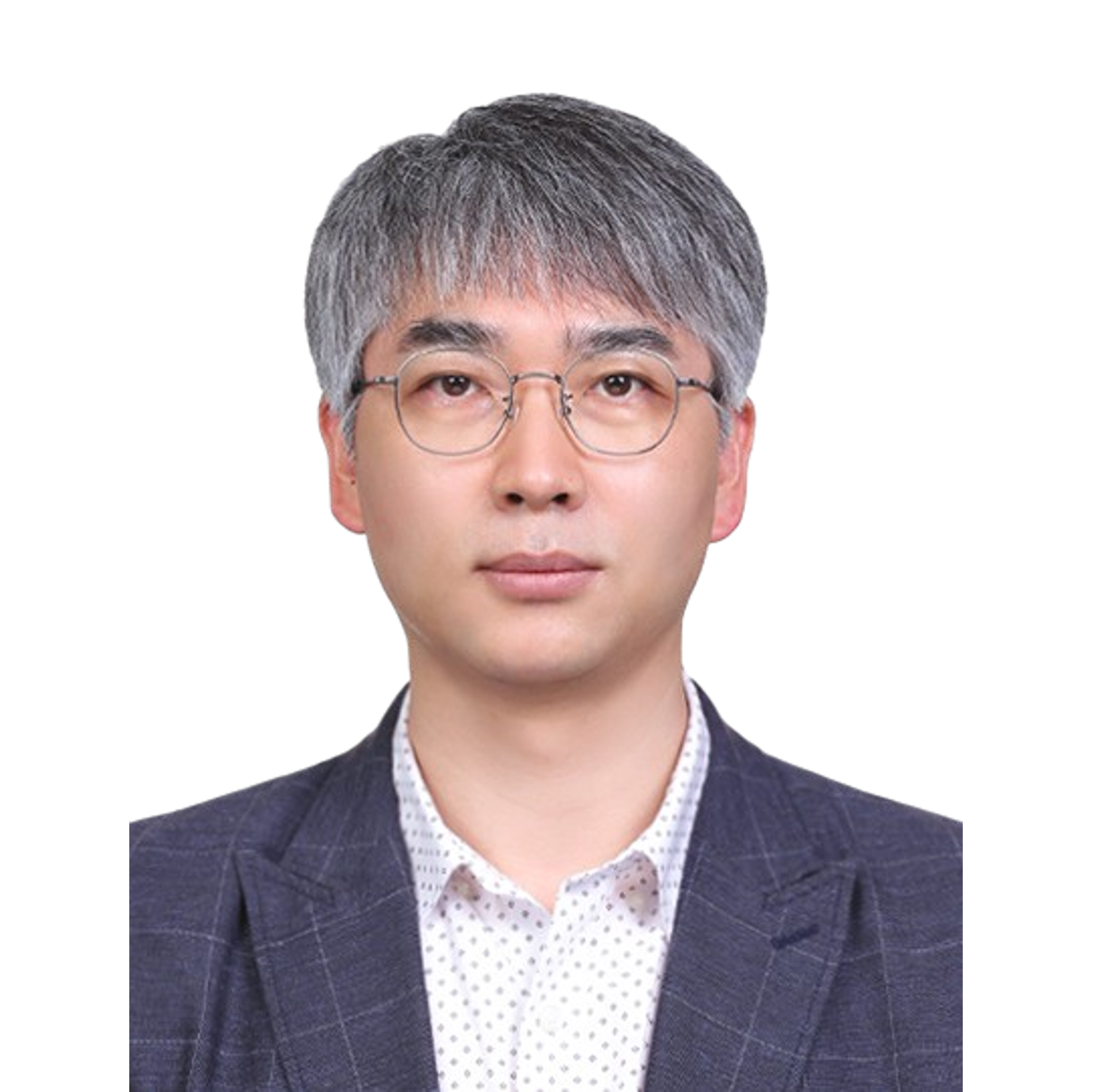
Shear stress on endothelial cell and its molecular cascade to accelerated atherosclerosis
Chang-Hoon Woo Yeungnam University, Republic of Korea 08:50~09:10 -
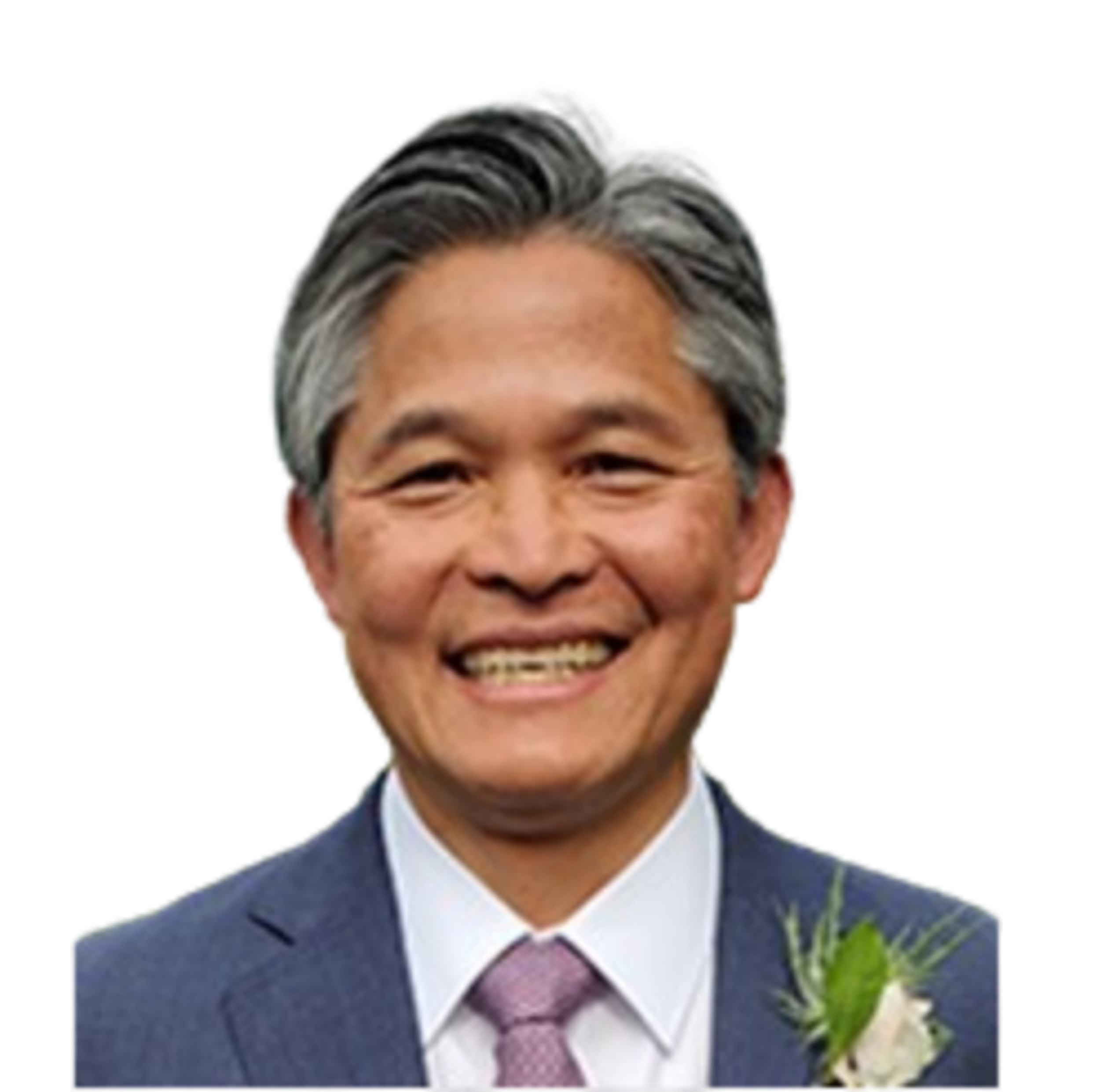
HEG1 protects against atherosclerosis by regulating stable flow-induced KLF2/4 expression in endothelial cells
Hanjoong Jo Emory University, USA 09:10~09:30 -
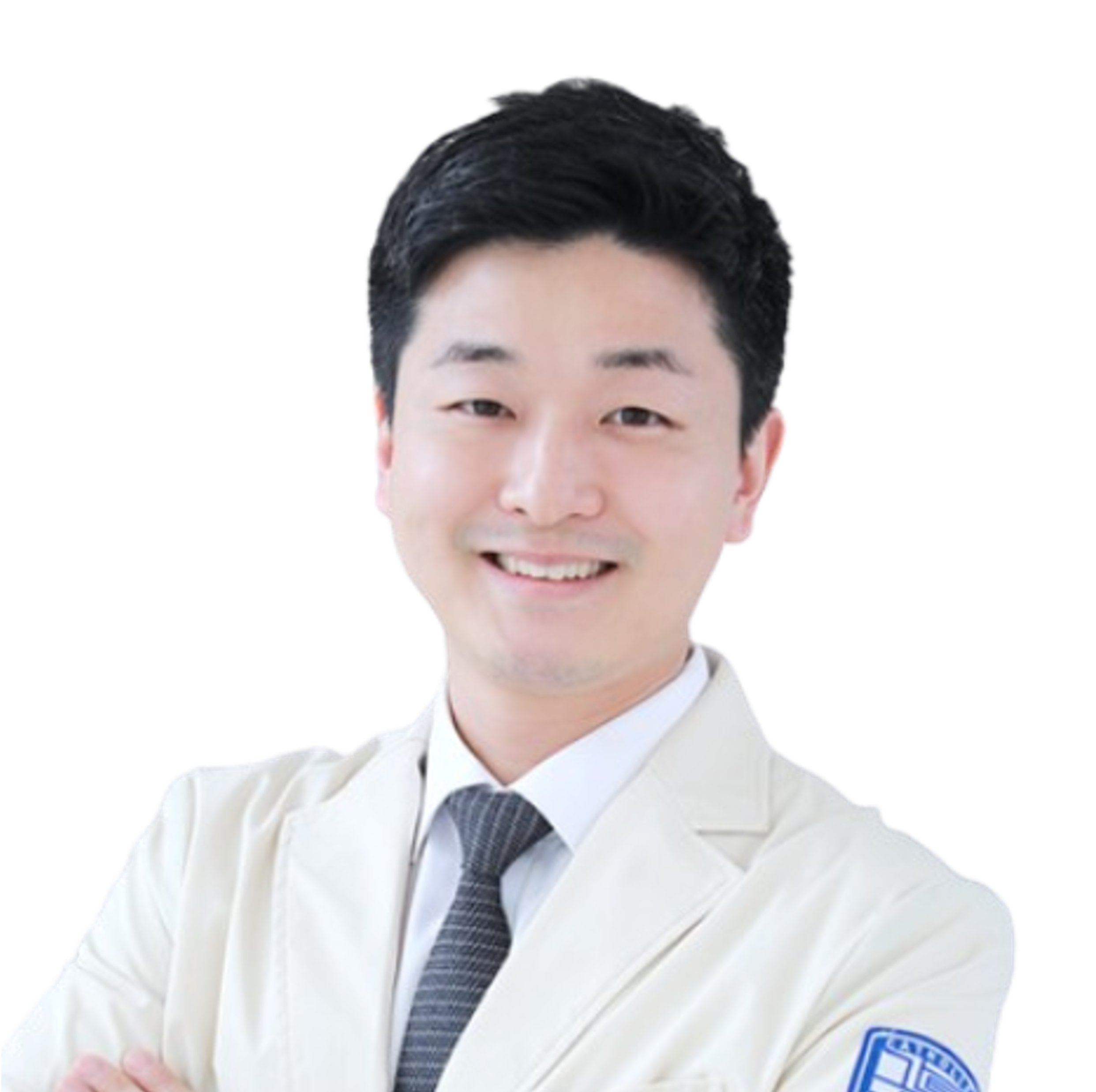
Perspectives in predicting rapid plaque progression and future coronary events
Kwan Yong Lee The Catholic University of Korea, Republic of Korea 09:30~09:50 - Panel Discussion 09:50~10:20
Chairperson(s) : Jin Han (Inje University, Republic of Korea)
Chairperson(s) : Sang-Hyun Kim (Seoul National University, Republic of Korea)
DetailDr. R. Scott Wright is a Professor of Medicine and a consultant in cardiology at the Mayo Clinic in Rochester. Dr. Wright focuses his research on acute coronary syndrome, dyslipidemia, type 2 diabetes, and valvular heart disease. He is a renowned international leader and an active clinical investigator of PRINCESS, CRISP and ORION programs. At ICoLA 2024, he will deliver a keynote lecture entitled, “Recent advances in the treatment of dyslipidemia with PCSK9 therapy and a look into potential new options in the next 10 years”.
Chairperson(s) : In-Ho Chae (Seoul National University, Republic of Korea)
Panel(s) : Sang-Eun Lee (Ewha Womans University, Republic of Korea), Jin Woo Jeong (Wonkwang University, Republic of Korea)
Chairperson(s) : Young-Bae Park (Seoul National University, Republic of Korea)
Panel(s) : Dong-Hyuk Cho (Korea University, Republic of Korea), Jong Han Choi (Konkuk University, Republic of Korea)
Chairperson(s) : Hak Chul Jang (Seoul National University, Republic of Korea)
Panel(s) : Dong Oh Kang (Korea University, Republic of Korea), Ye Seul Yang (Seoul National University, Republic of Korea)
Chairperson(s) : Jeongseon Kim (National Cancer Center, Republic of Korea)
DetailIn this special lecture, Professor Sung Nim Han from Seoul National University will deliver a lecture on the topic "Dissecting dietary approaches targeting lipid biomarkers." Professor Han, former president of the Korean Nutrition Society and the Korean Society of Clinical Nutrition, will systematically explore the impact of various dietary factors on lipid biomarkers. The lecture will include in-depth discussions on how dietary management affects lipid biomarkers in the bloodstream, contributing to a deeper understanding of its positive and negative impacts on health. Moreover, Professor Han will share insights based on extensive research experience and discuss future clinical application potential and vision.
Chairperson(s) : Byung Jin Kim (Sungkyunkwan University, Republic of Korea), Young Joon Hong (Chonnam National University, Republic of Korea)
Panel(s) : Je Sang Kim (Bucheon Sejong Hospital, Republic of Korea), Ye Seul Yang (Seoul National University, Republic of Korea), Hye Jin Yoo (Korea University, Republic of Korea)
DetailThe joint symposium with the Taiwan Society of Lipids & Atherosclerosis (TSLA) will delve into the pivotal role of remnant cholesterol in the statin era. We will explore its impact on cardiometabolic health, cardiovascular disease, and treatment options, with a focus on Asian populations. Professor Jun Hwa Hong from Eulji University will begin with "How does remnant cholesterol related to cardiometabolic multimorbidity" highlighting the links between remnant cholesterol and various cardiometabolic conditions. Next, Dr. Donna Shu-Han Lin from Shin Kong Wu HoSu Memorial Hospital will present "Epidemiologic evidence of hypertriglyceridemia or remnant cholesterol on cardiovascular disease" providing key epidemiological insights. Finally, Professor Youngwoo Jang from Gachon University will discuss "Treatments targeting remnant cholesterol or hypertriglyceridemia in Asians: do we have an option?" offering a detailed analysis of therapeutic strategies for Asian patients. Join us to gain a comprehensive understanding of remnant cholesterol in contemporary cardiovascular care.
-
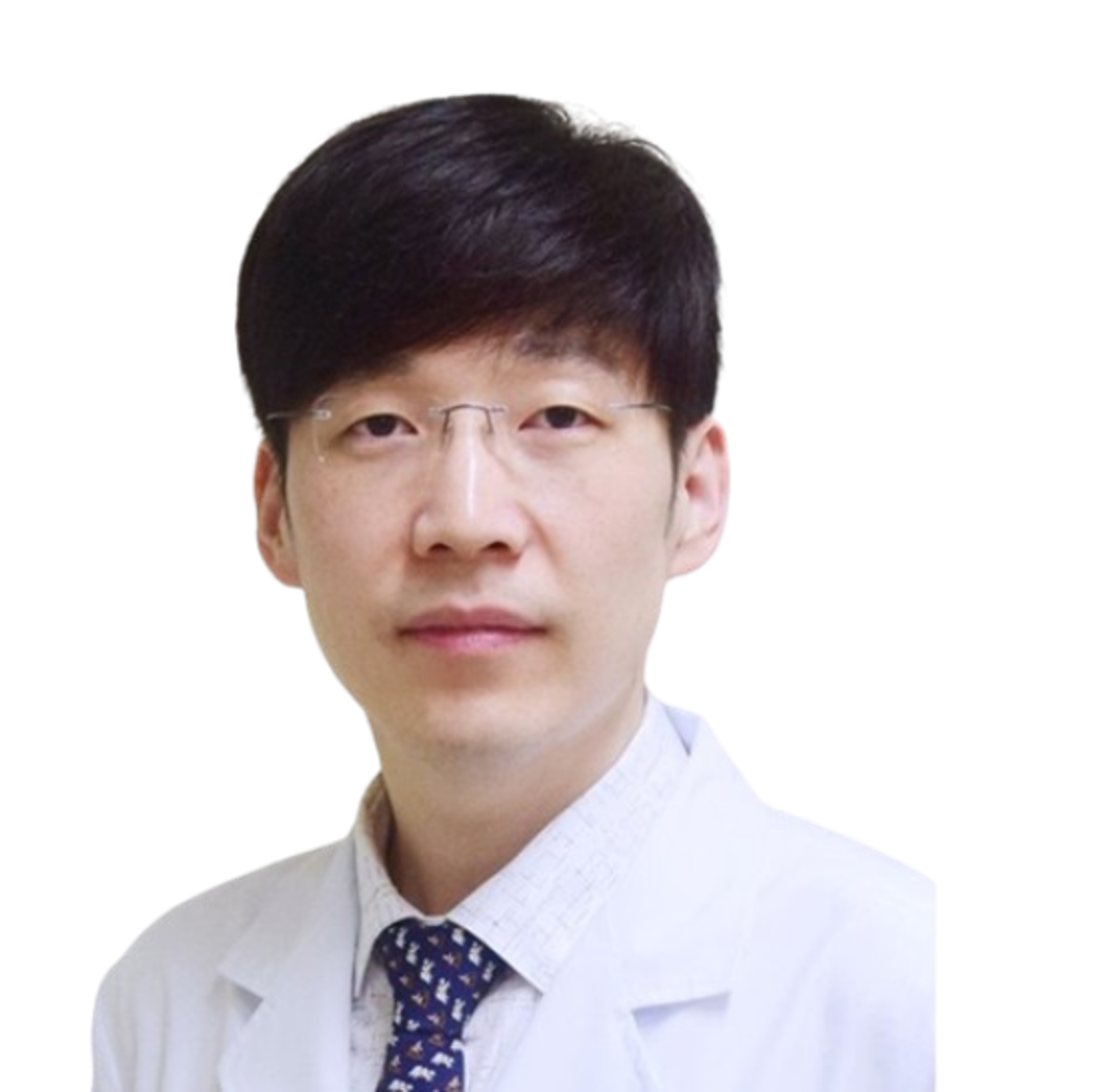
How does remnant cholesterol related to cardiometabolic multimorbidity
Jun Hwa Hong Eulji University, Republic of Korea 15:40~16:00 -

Epidemiologic evidence of hyper TG or remnant cholesterol on CVD
Donna Shu-Han Lin Shin Kong Wu Ho-Su Memorial Hospital, Taiwan 16:00~16:20 -

Treatments targeting remnant cholesterol or hyperTG in Asians: do we have an option?
Youngwoo Jang Gachon University, Republic of Korea 16:20~16:40 - Panel Discussion 16:40~17:10
Chairperson(s) : Chi Dae Kim (Pusan National University, Republic of Korea), Hyoung Kyu Kim (Inje University, Republic of Korea)
Panel(s) : Yong Sook Kim (Chonnam National University, Republic of Korea), Sun-Hee Woo (Chungnam National University, Republic of Korea), Yin Hua Zhang (Seoul National University, Republic of Korea)
DetailThis joint session is organized for academic exchange between the Korean Society of Lipid and Atherosclerosis (KSoLA) and the Society for Heart and Vascular Metabolism (SHVM). The first speaker, Professor Tae-Sik Park from Gachon University, will present on the role and regulatory mechanisms of S1P, a bioactive Iipid mediator and a sphingolipid metabolite, in NASH, based on his years of research. The second speaker, Professor Linda Peterson from Washington University, will discuss her research achievements on the role of ceramide, another sphingolipid metabolite, in cardiovascular diseases. The final speaker, Professor Helen E. Collins from the University of Louisville, will address the mechanisms of cardiac changes during pregnancy, a somewhat different topic. We hope that this session will help in understanding new risk factors and mechanisms in various diseases and physiological changes.
-
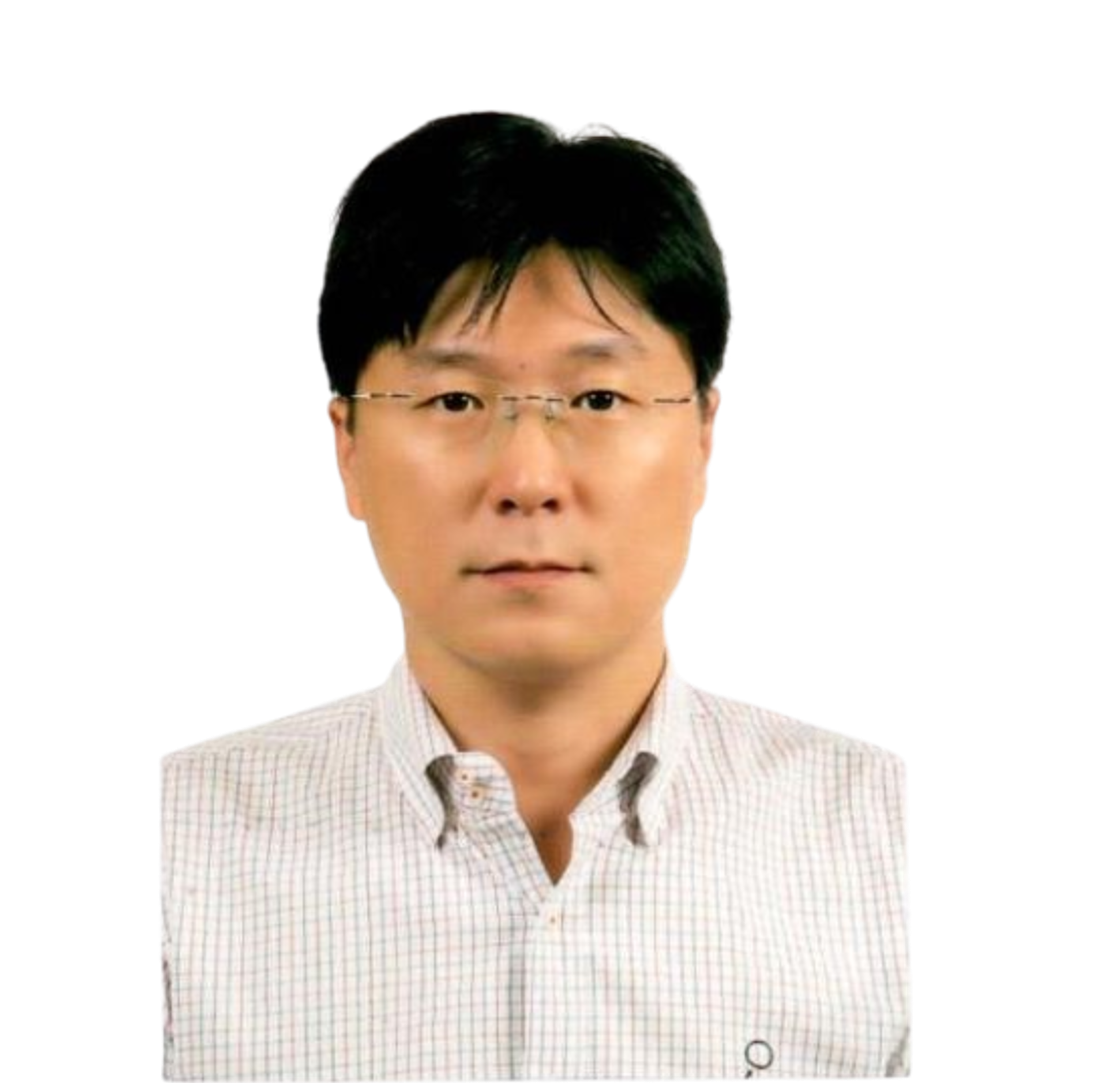
Regulation of the sphingosine 1-phosphate receptor 1 in nonalcoholic hepatosteatosis
Tae-Sik Park Gachon University, Republic of Korea 15:40~16:00 -

Plasma ceramides in the prediction of cardiovascular disease
Linda Peterson Washington University, USA 16:00~16:20 -
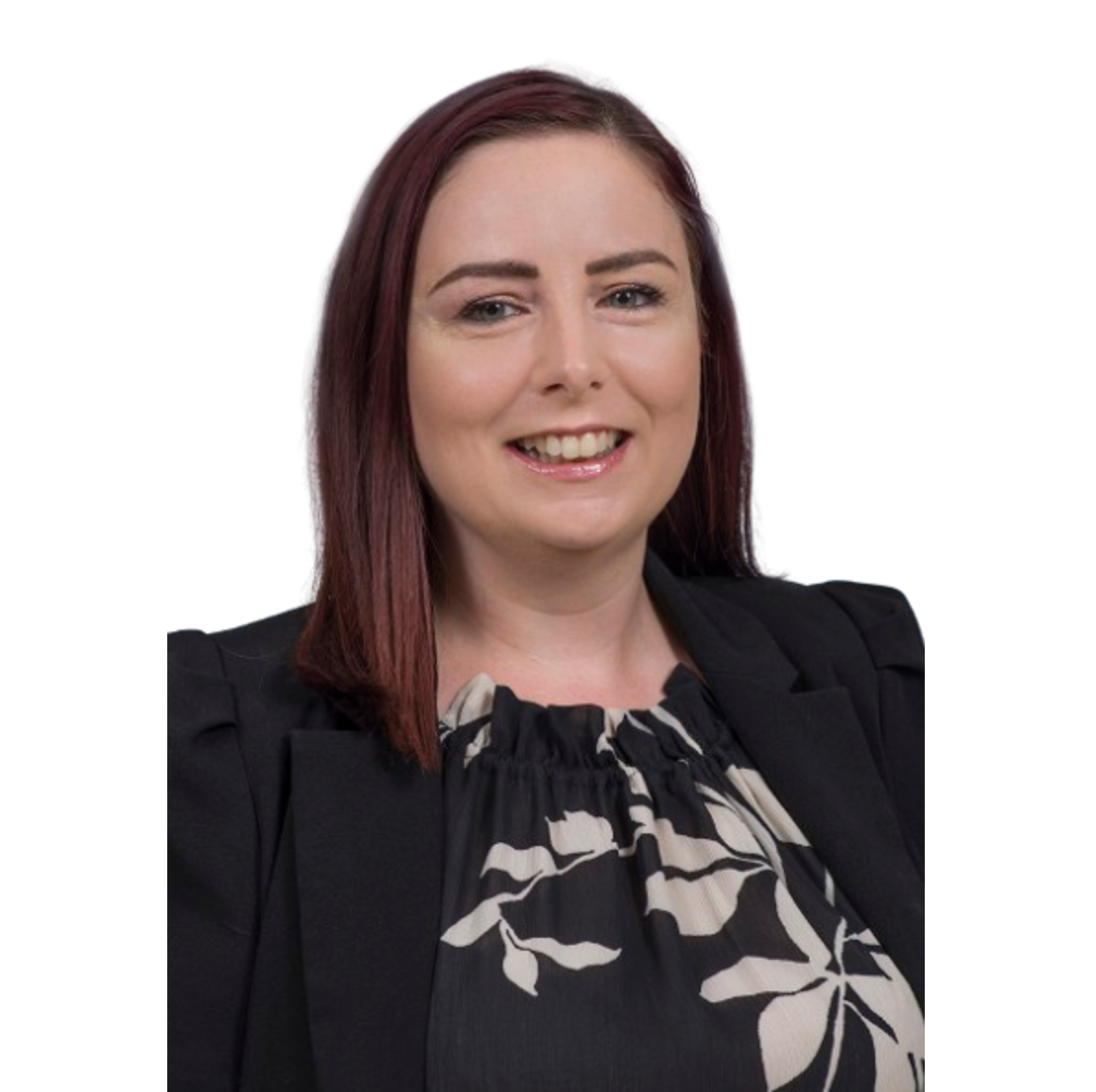
Mechanisms contributing to pregnancy-induced cardiac growth
Helen E. Collins University of Louisville, USA 16:20~16:40 - Panel Discussion 16:40~17:10
Chairperson(s) : Goo Taeg Oh (Ewha Womans University, Republic of Korea), Jae-Hoon Choi (Hanyang University, Republic of Korea)
DetailAtherosclerosis is a well-known inflammatory cardiovascular disease involving various immune cells. This session aims to discuss the latest research on the role of innate immune cells, which are crucial in the progression of atherosclerosis. Professor Andreas Zirlik from Medical University of Graz will present the latest insights on innate immune markers related to cardiovascular diseases. Professor Yeonseok Chung from Seoul National University will share his recent findings on the lipid metabolism related inflammatory mechanisms of dendritic cells, one of the key innate immune cells. Professor Christoph J. Binder from Medical University of Vienna will discuss the role of extracellular vesicles in the pathogenesis of atherothrombosis, and finally, Professor Andrew Murphy from the Baker Heart and Diabetes Institute will present the latest insights on hematopoiesis-related pathogenesis in atherosclerosis.
-
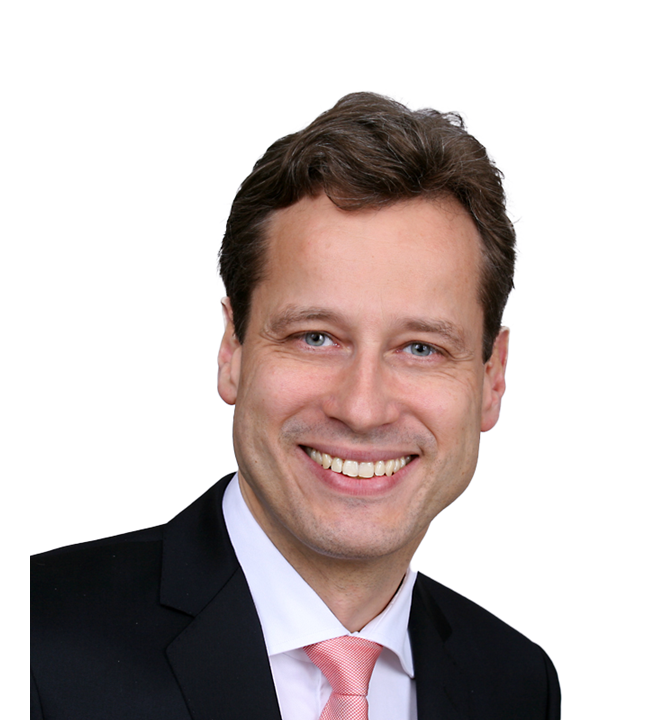
Refined cardiovascular risk prediction with immune-cell biomarkers
Andreas Zirlik Medical University of Graz, Austria 15:40~16:00 -
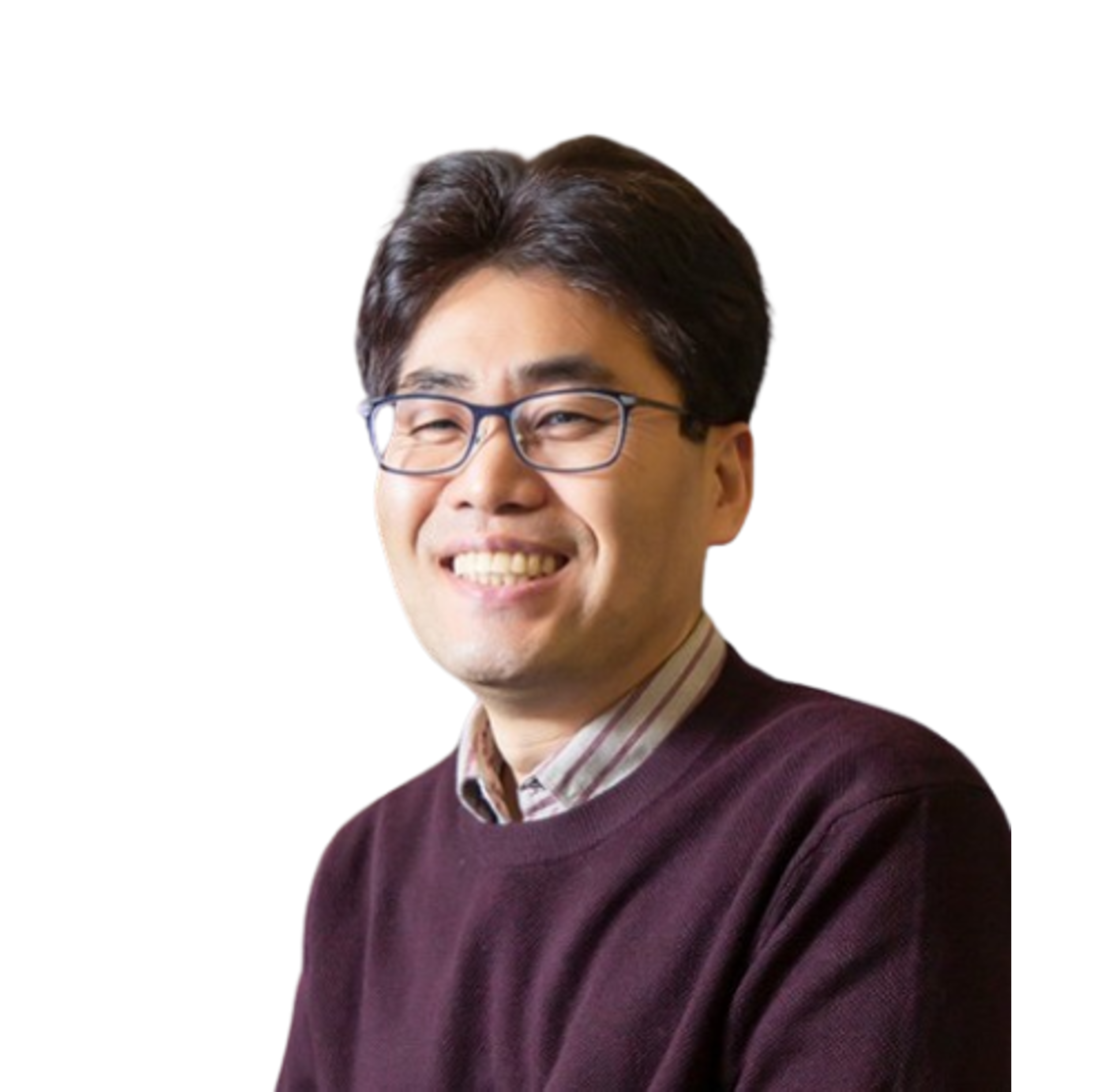
Control of airway inflammation by lipid metabolism in dendritic cells
Yeonseok Chung Seoul National University, Republic of Korea 16:00~16:20 -

Macrophage metabolism in foam cell formation
Andrew Murphy Baker Heart and Diabetes Institute, Australia 16:20~16:40 -
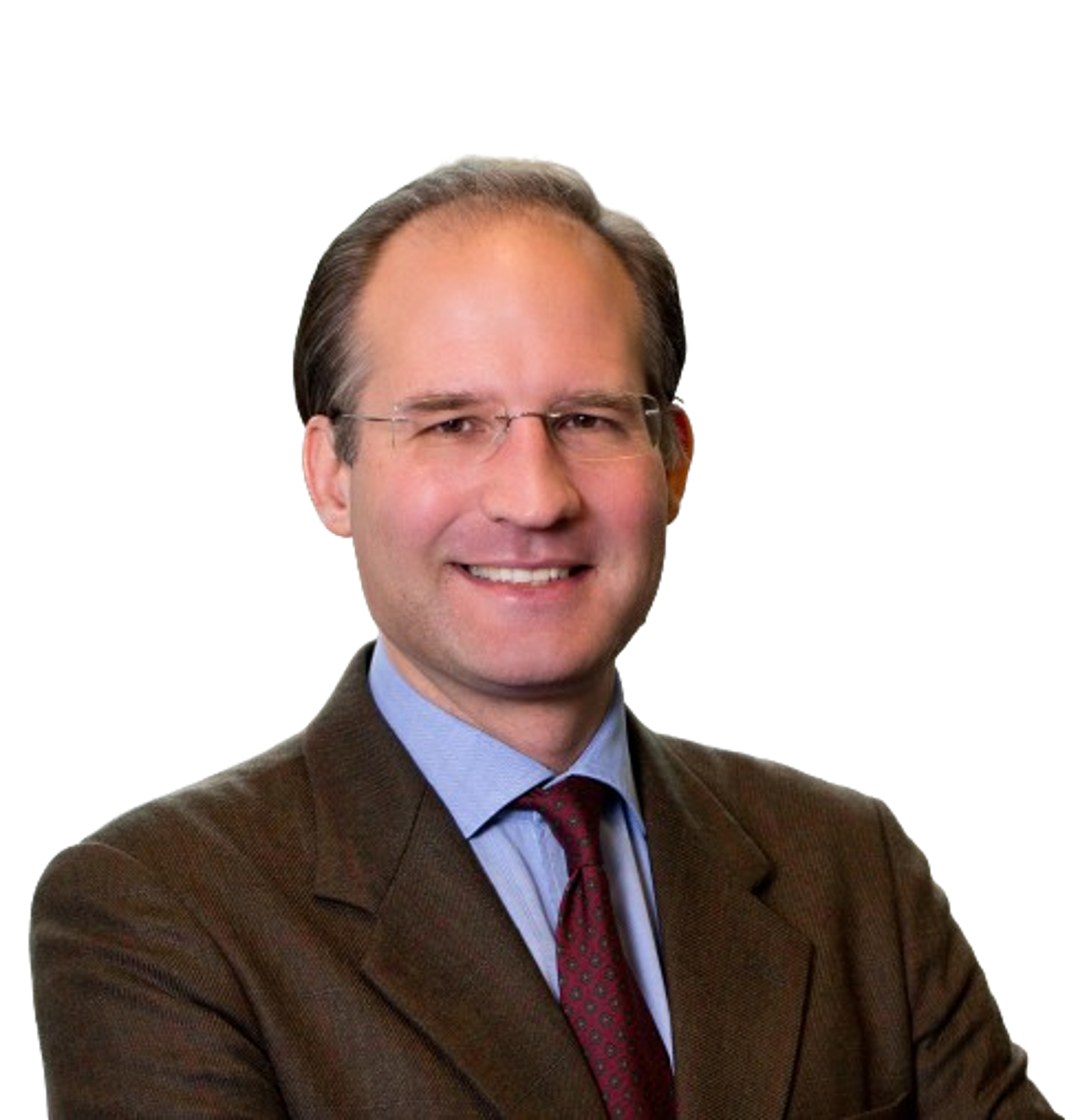
Extracellular vesicles as mediators of innate immunity in atherothrombosis
Christoph J. Binder Medical University of Vienna, Austria 16:40~17:00
Chairperson(s) : Myung-A Kim (Seoul National University, Republic of Korea), Kyung Woo Park (Seoul National University, Republic of Korea)
Panel(s) : Hee-Dong Kim (Soonchunhyang University, Republic of Korea), Dong-Hyuk Cho (Korea University, Republic of Korea), Jung-Joon Cha (Korea University, Republic of Korea)
DetailThis session will discuss novel therapeutic targets in atherosclerosis. The first lecture will introduce gene editing technology for treating dyslipidemia and atherosclerosis, presented by Professor Giuseppe Danilo Norata from the University of Milan. Following this, Professor Jin Won Kim from Korea University will present targeted treatment strategies for atherosclerotic plaque using intravascular imaging. Lastly, Professor Alberico L. Catapano from the University of Milan and IRCCS Multimedica will deliver a lecture about the LDL burden for cardiovascular prevention. This session aims to present the latest research and innovative therapeutic approaches for patients with atherosclerosis.
-
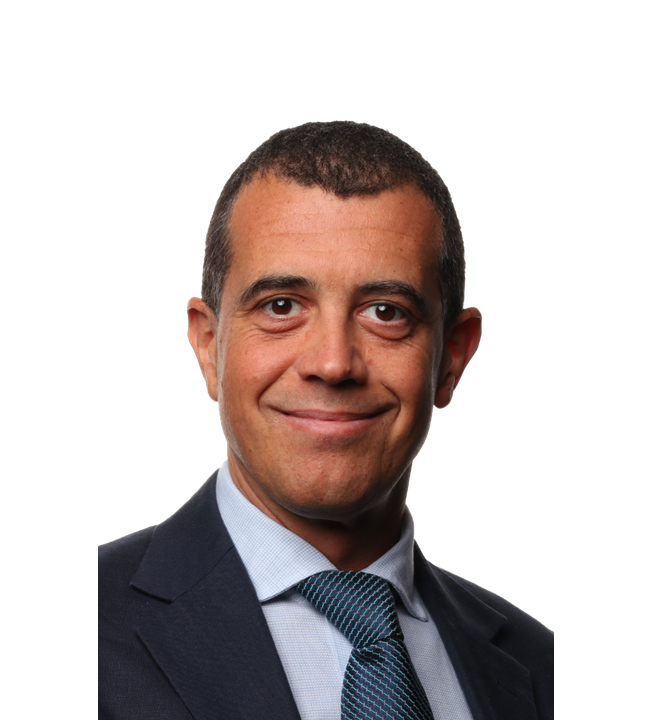
Gene editing for dyslipidemia and atherosclerosis
Giuseppe Danilo Norata University of Milan, Italy 15:40~16:00 -
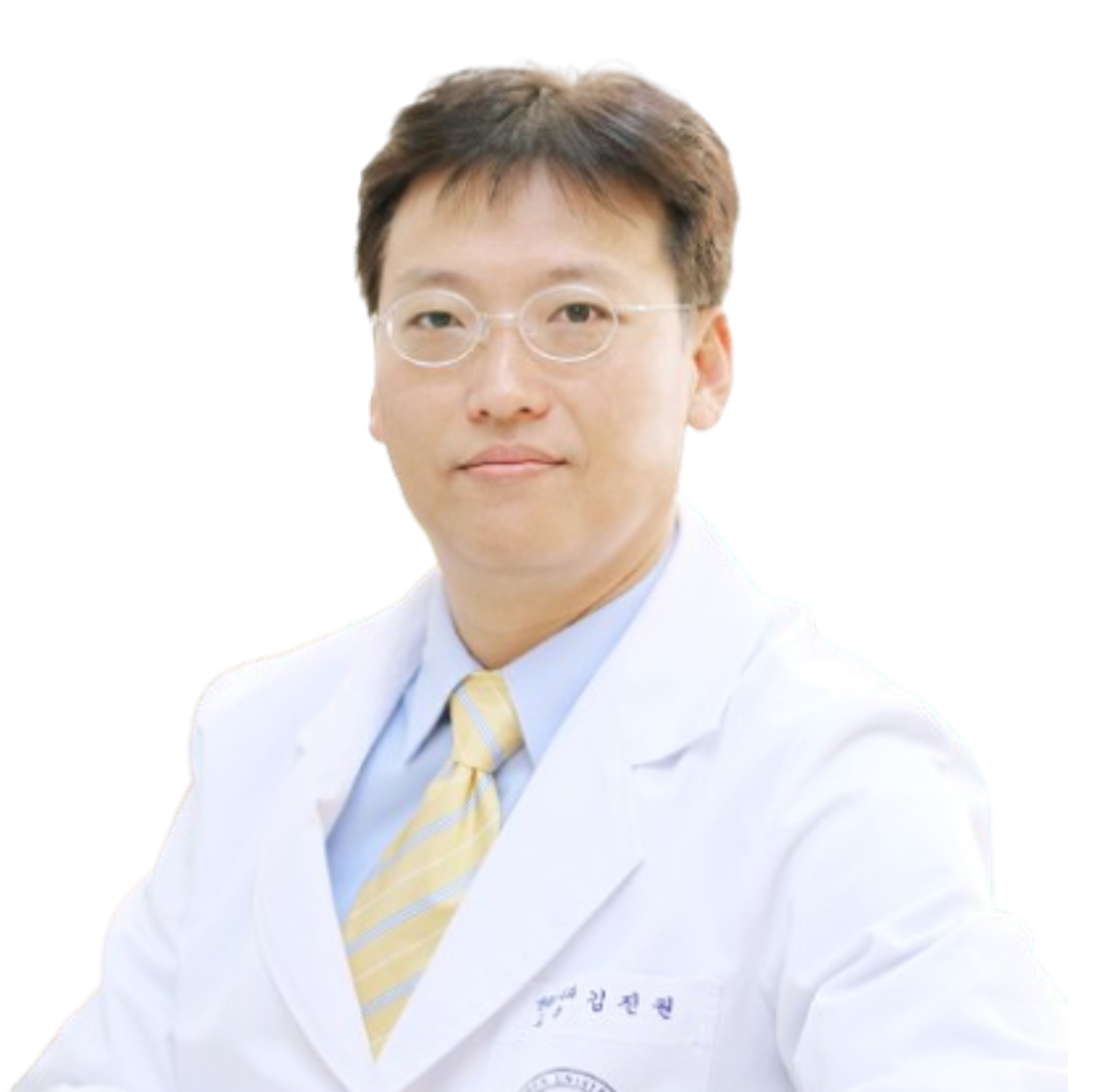
Intravascular multi-modal imaging-assisted targeted theranostic strategy on atherosclerotic plaque
Jin Won Kim Korea University, Republic of Korea 16:00~16:20 -
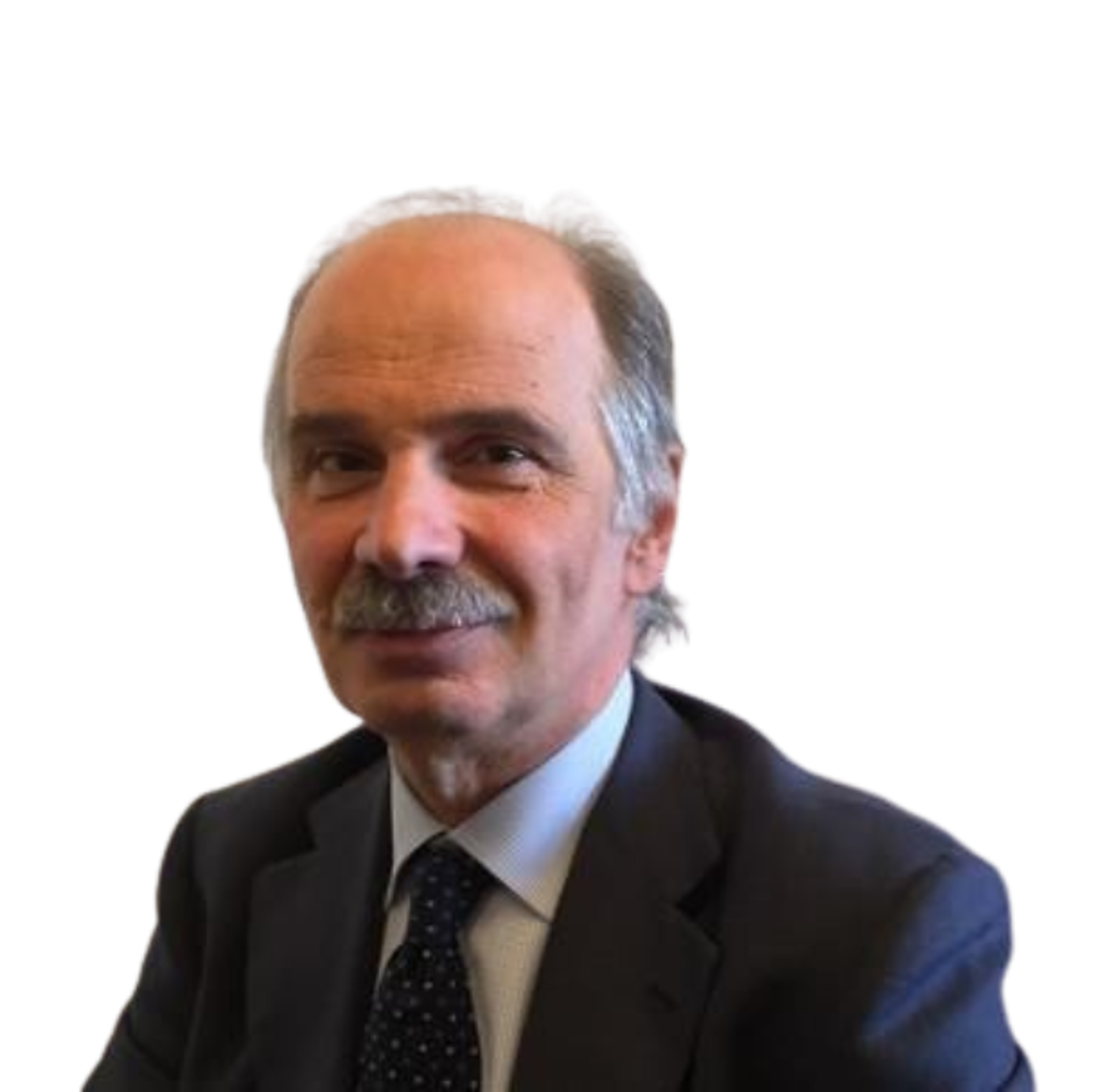
LDL burden: a fresh look to cardiovascular prevention
Alberico L. Catapano University of Milan and IRCCS Multimedica, Milan, Italy 16:20~16:40 - Discussion 16:40~17:10


